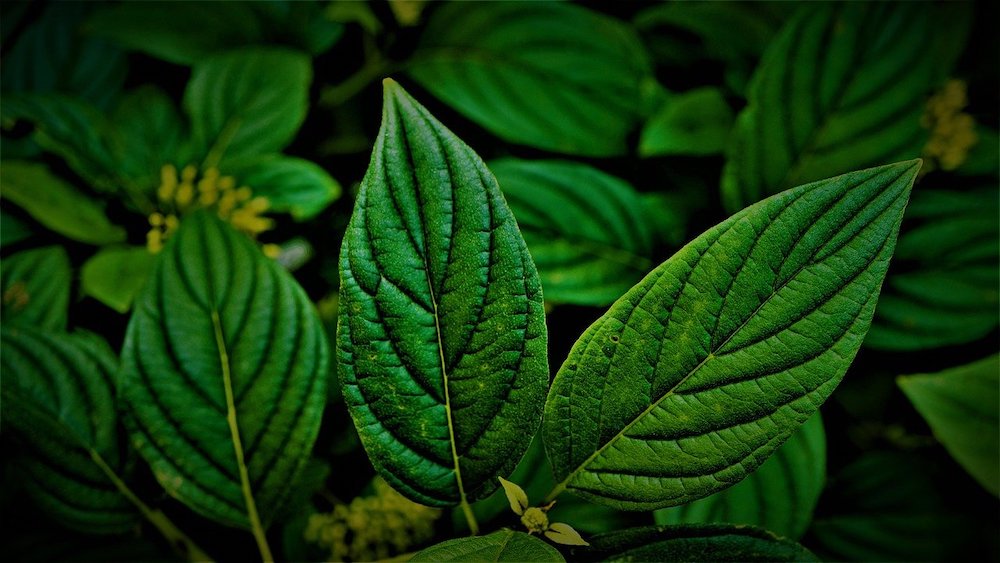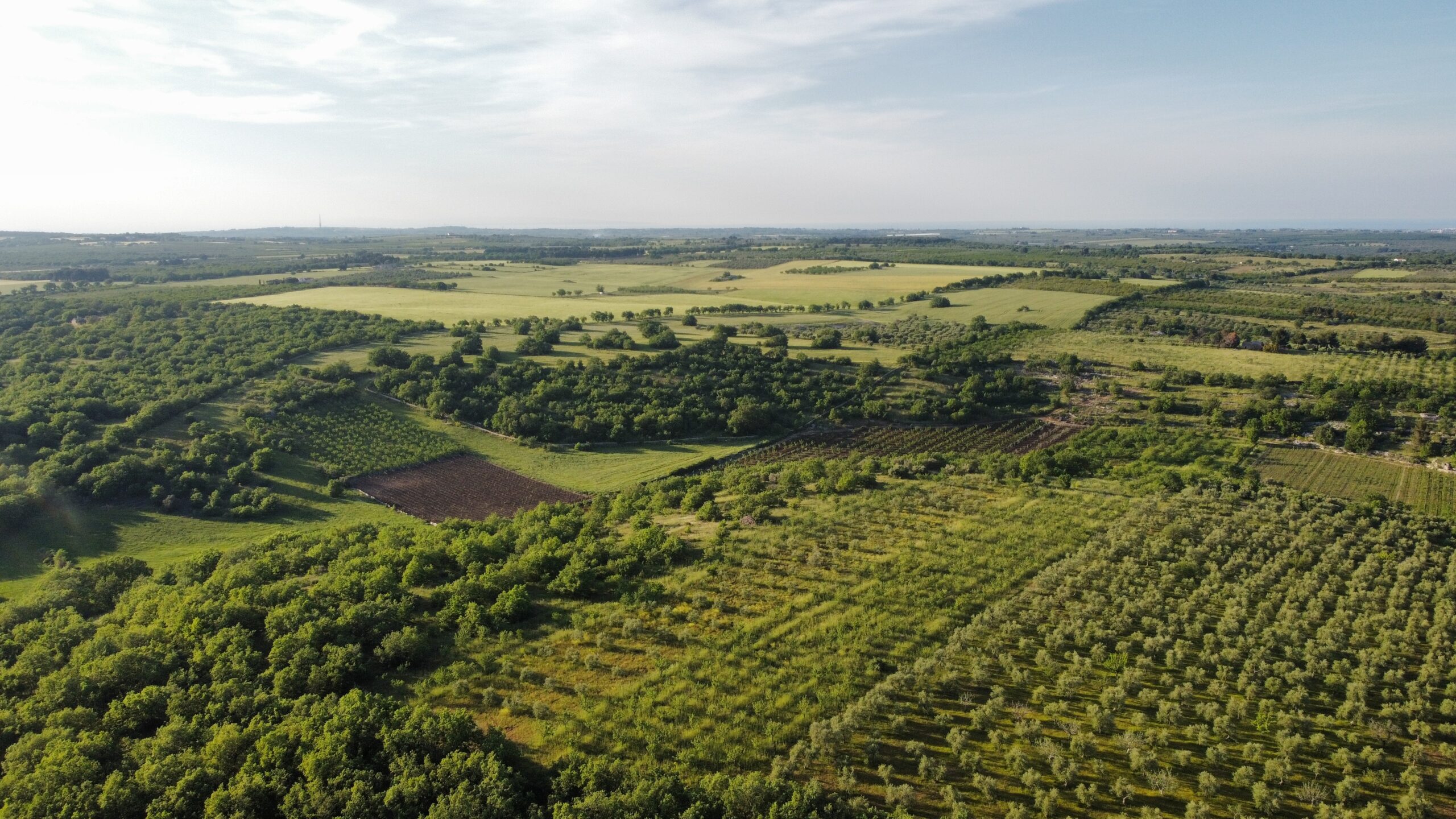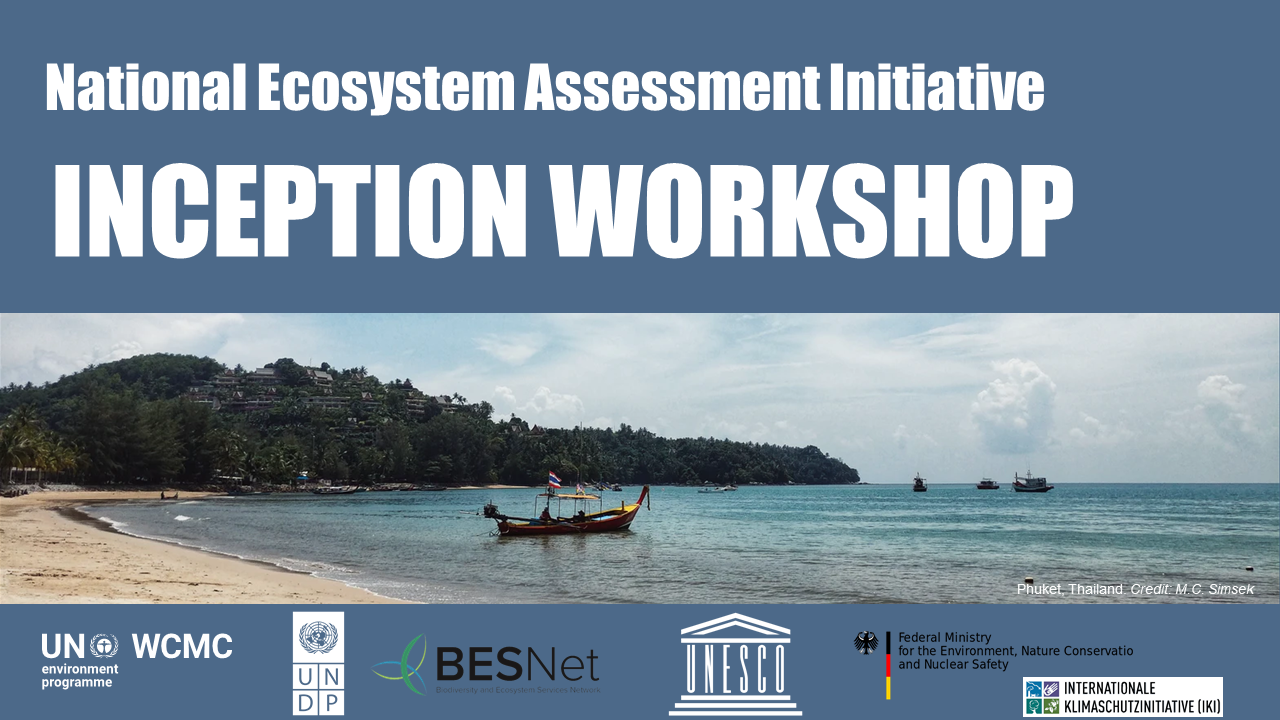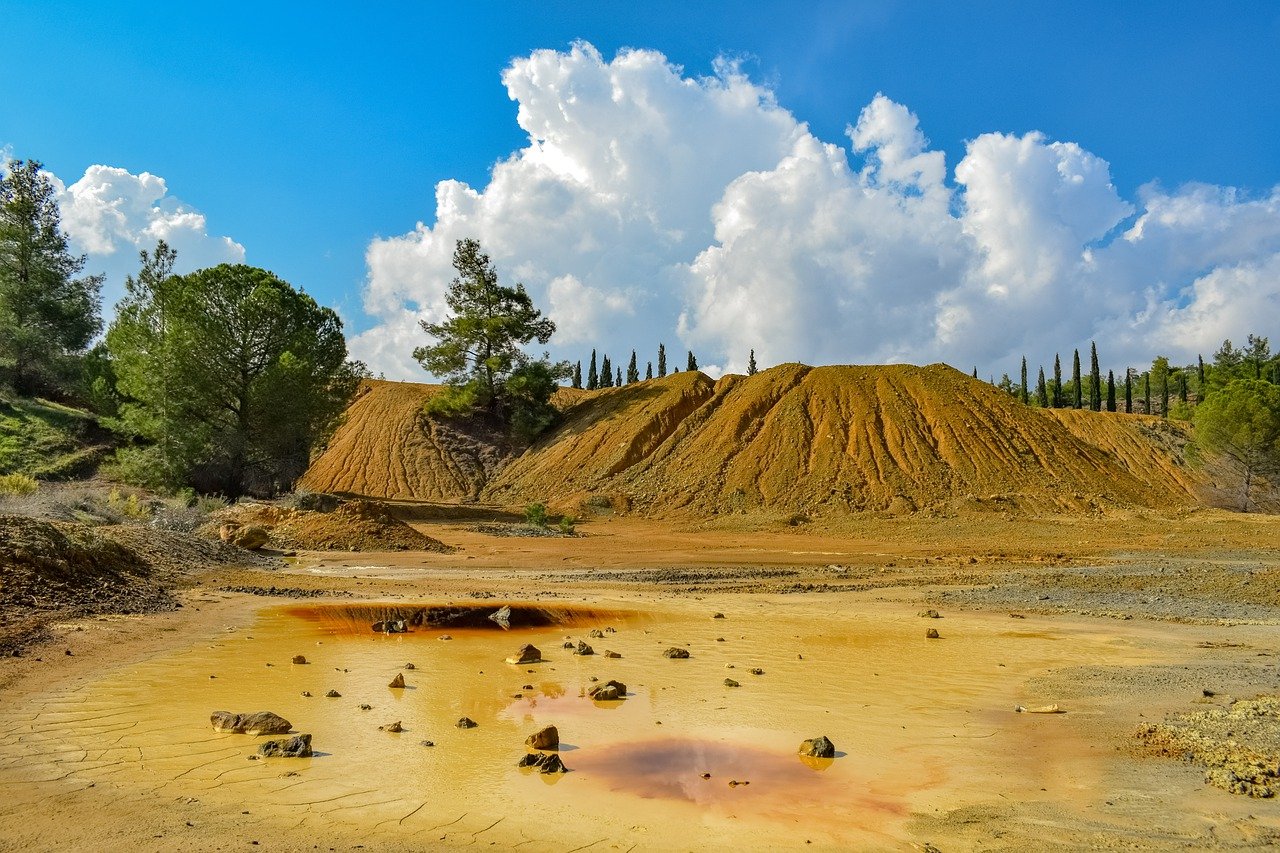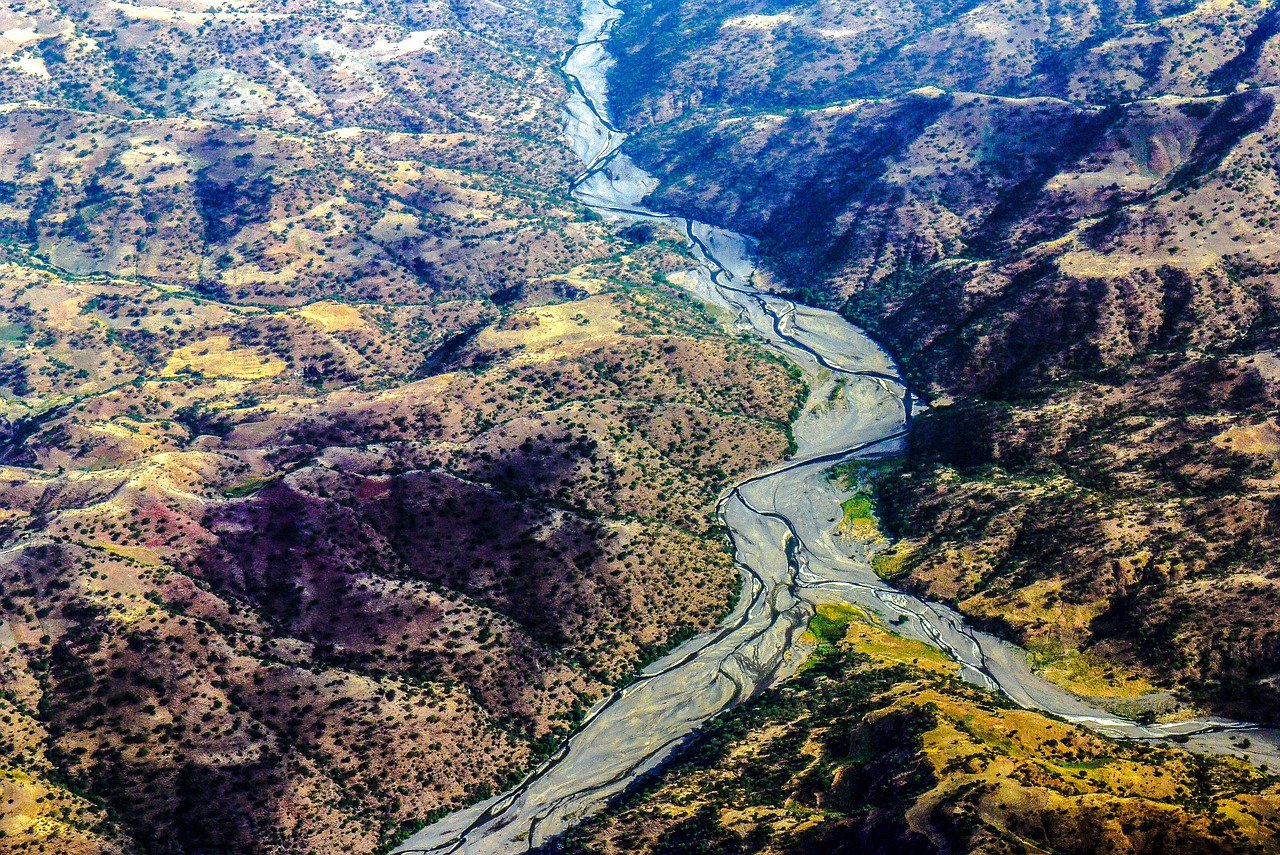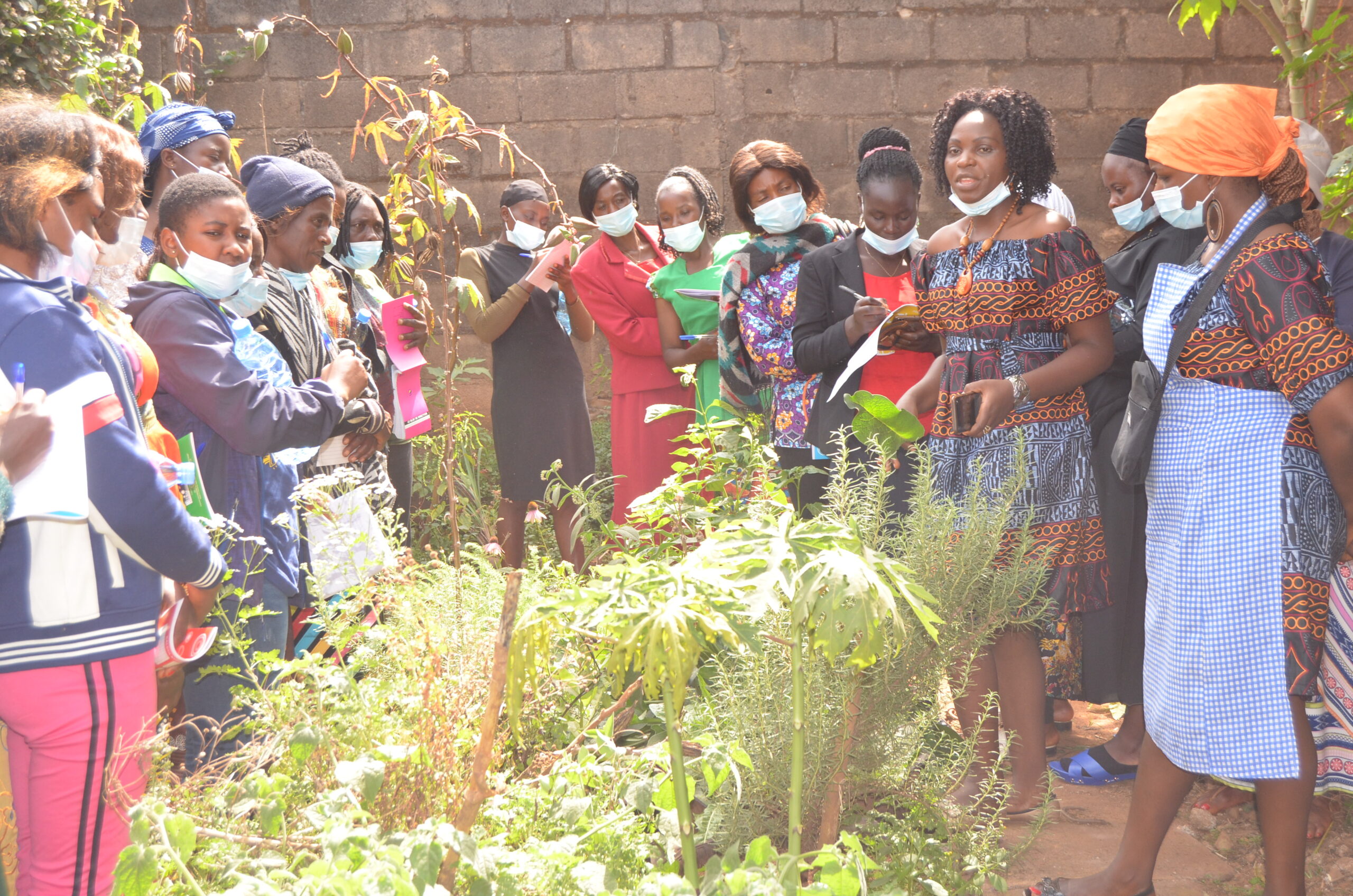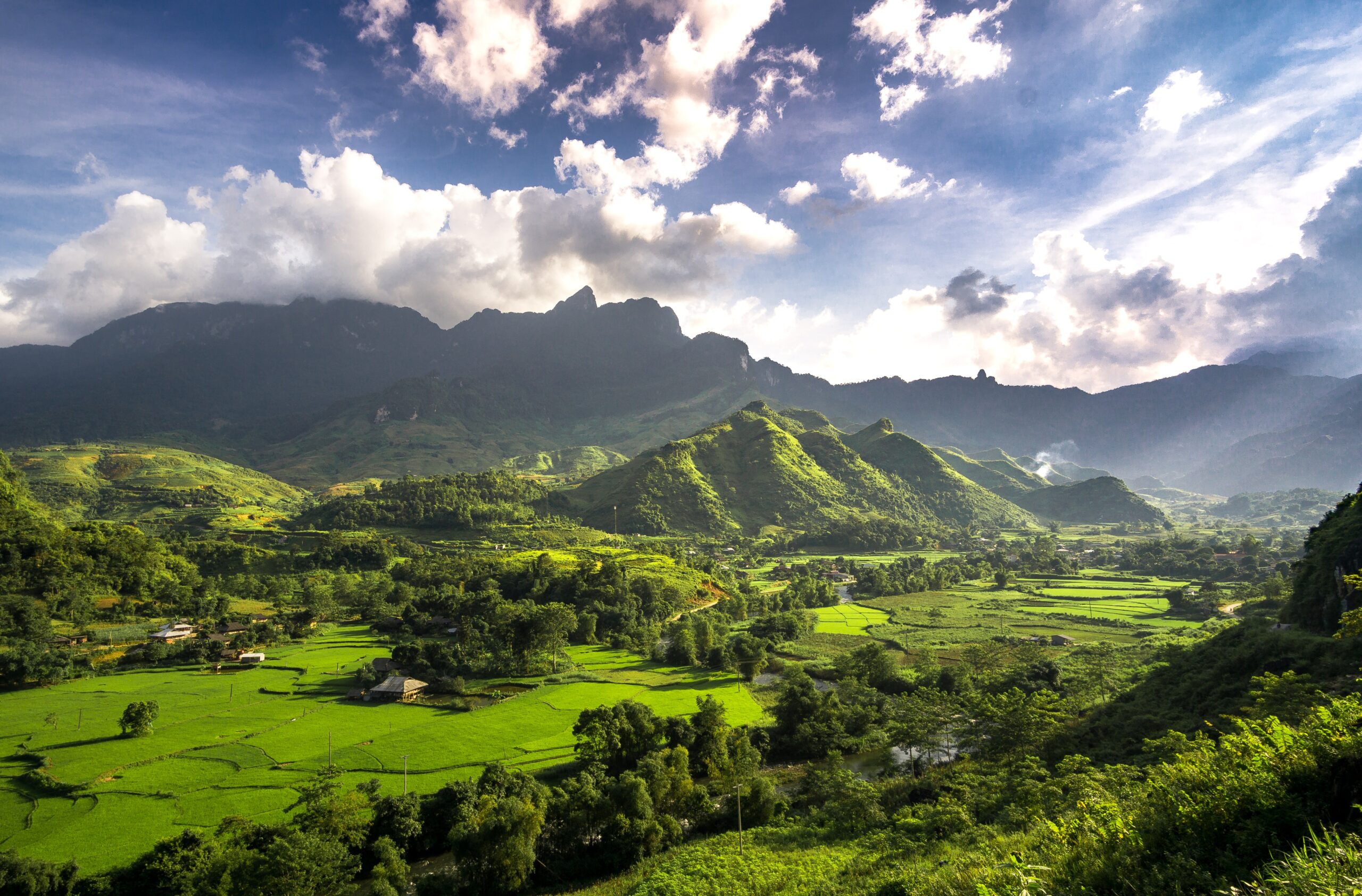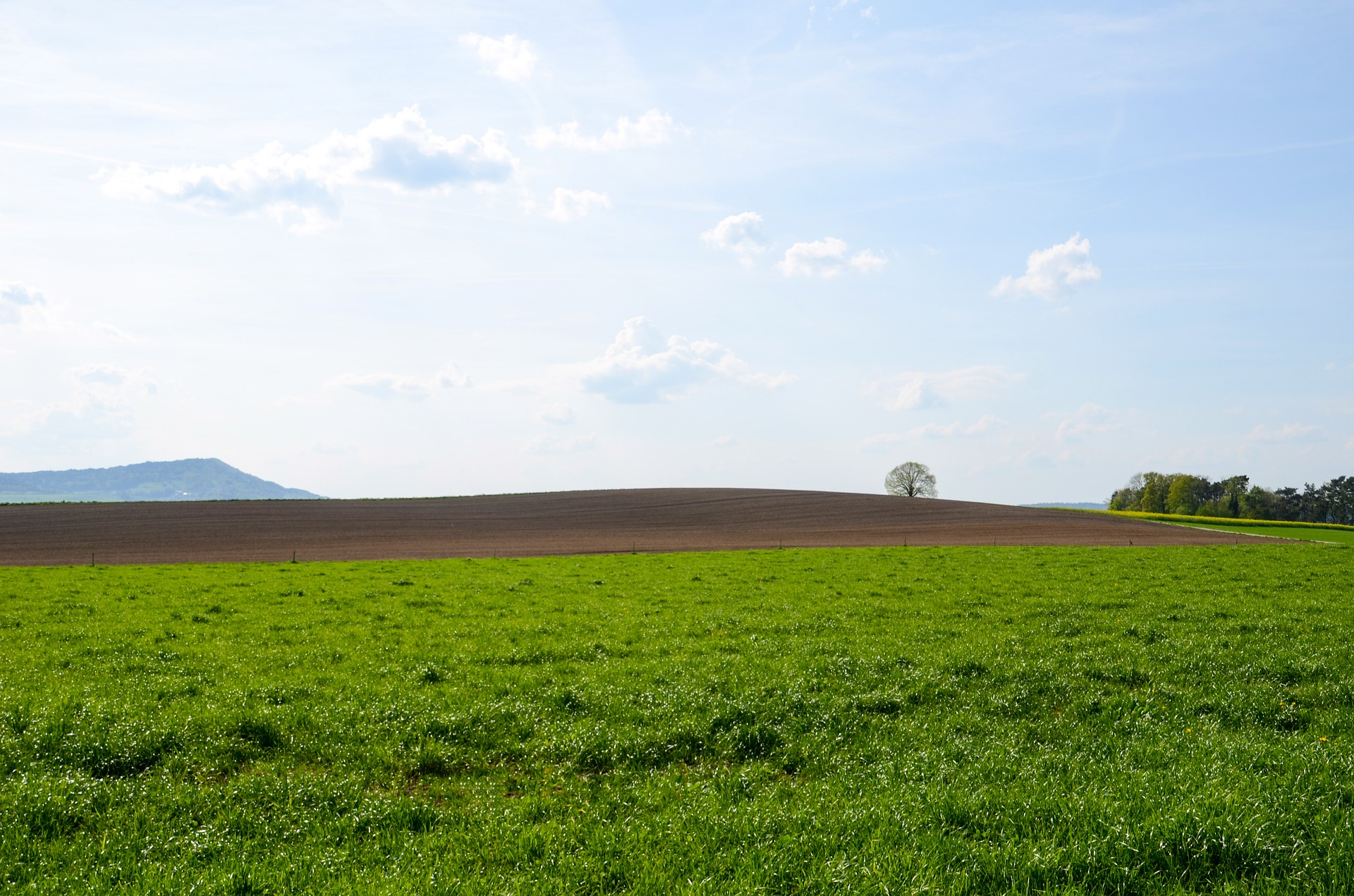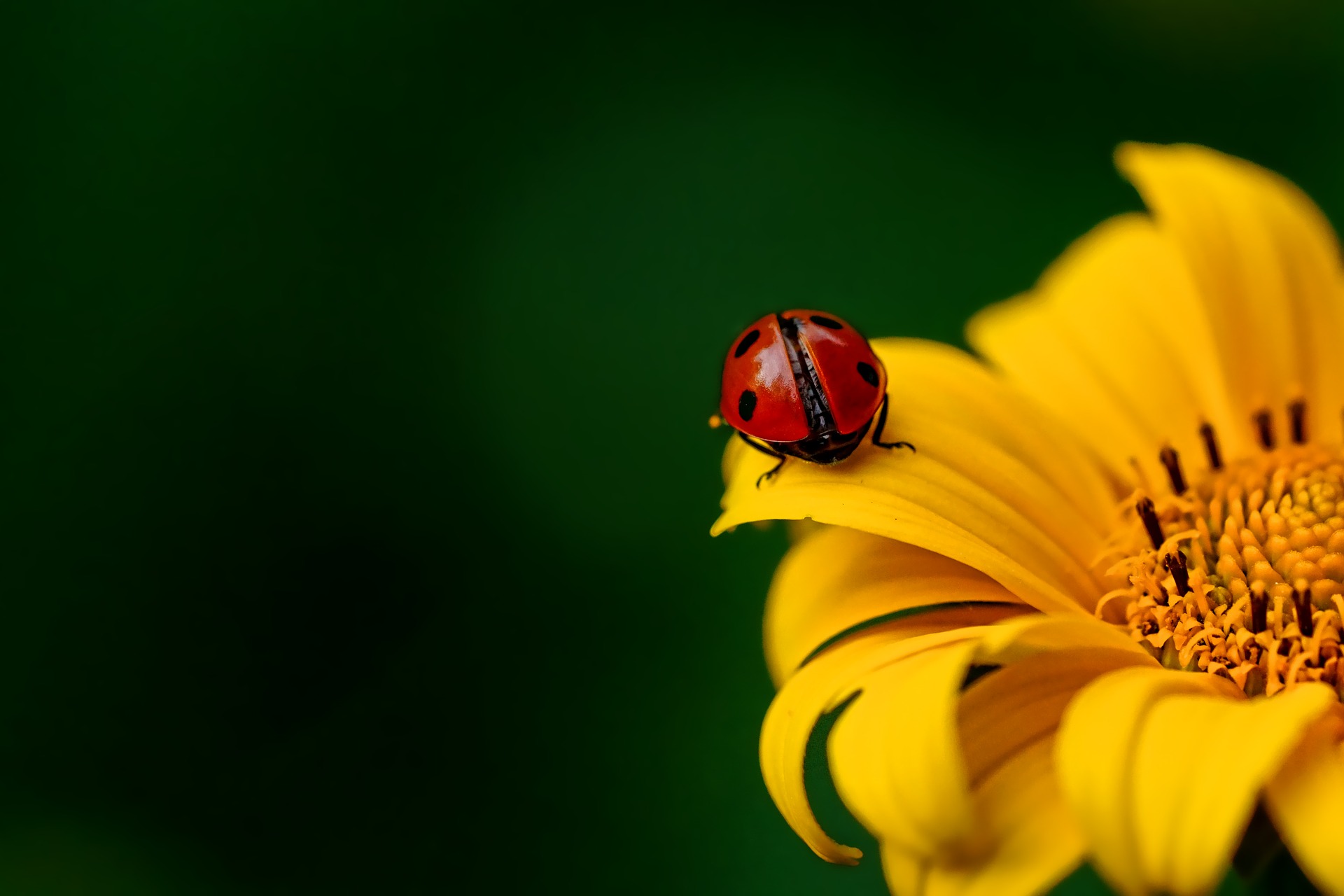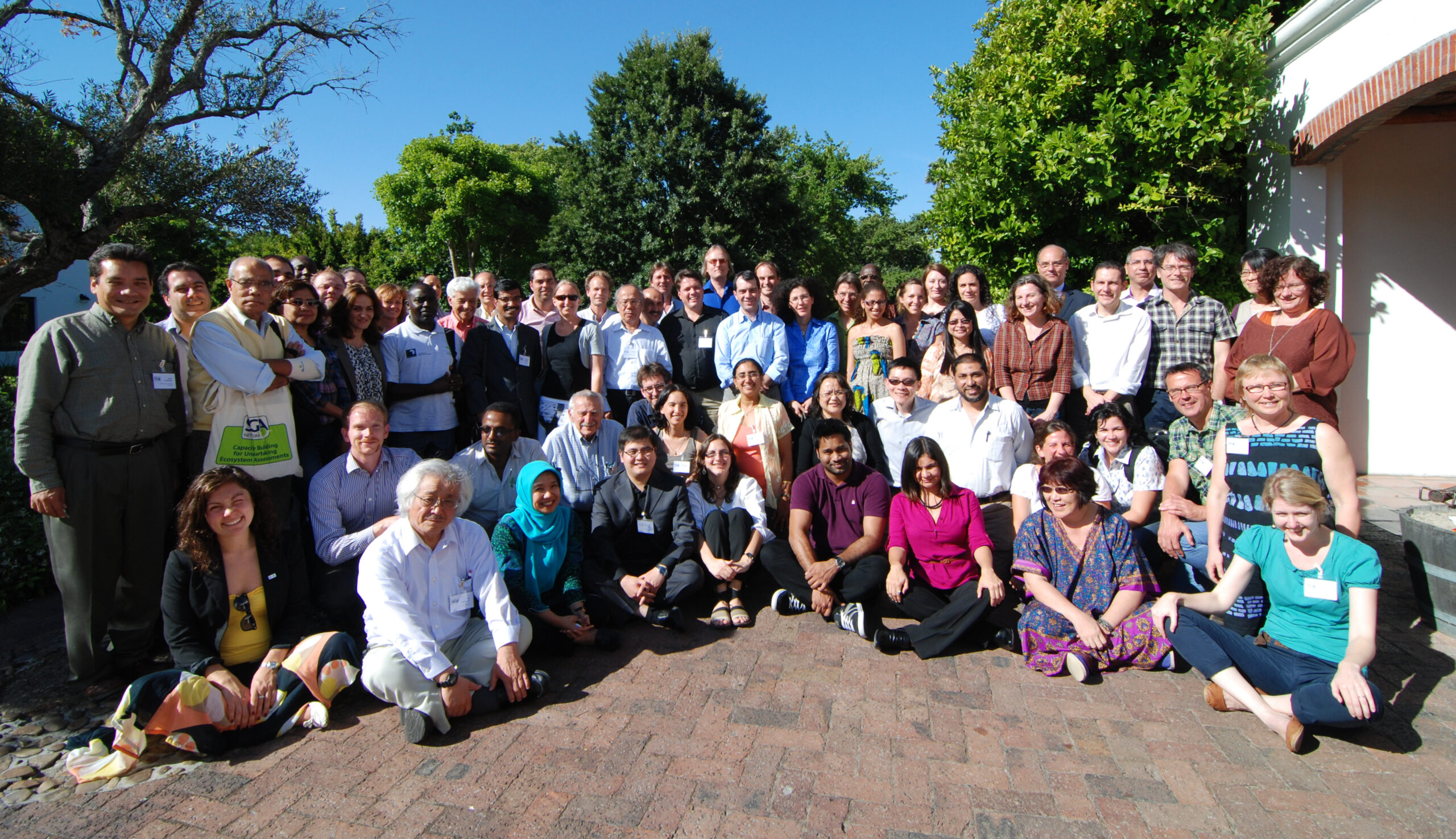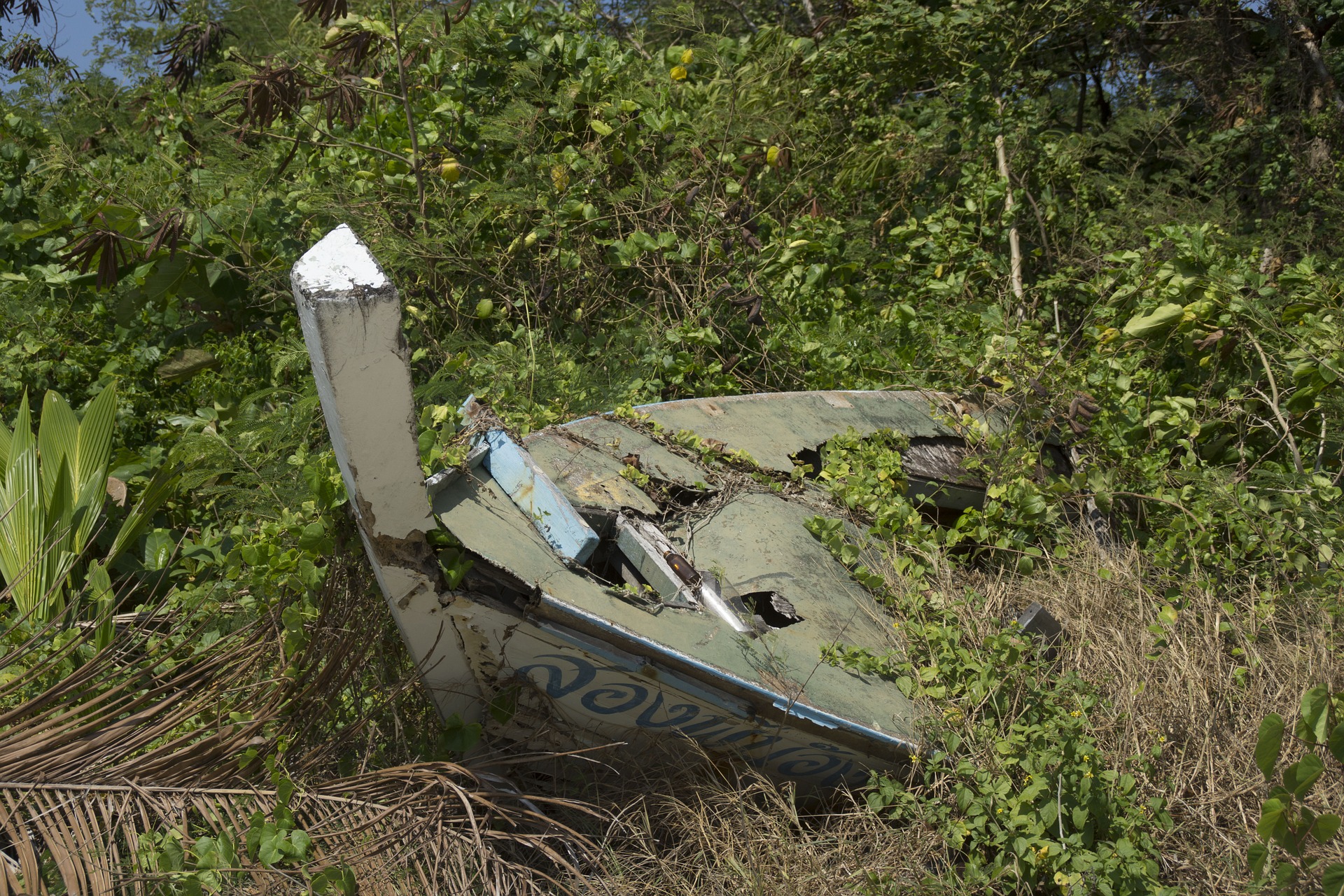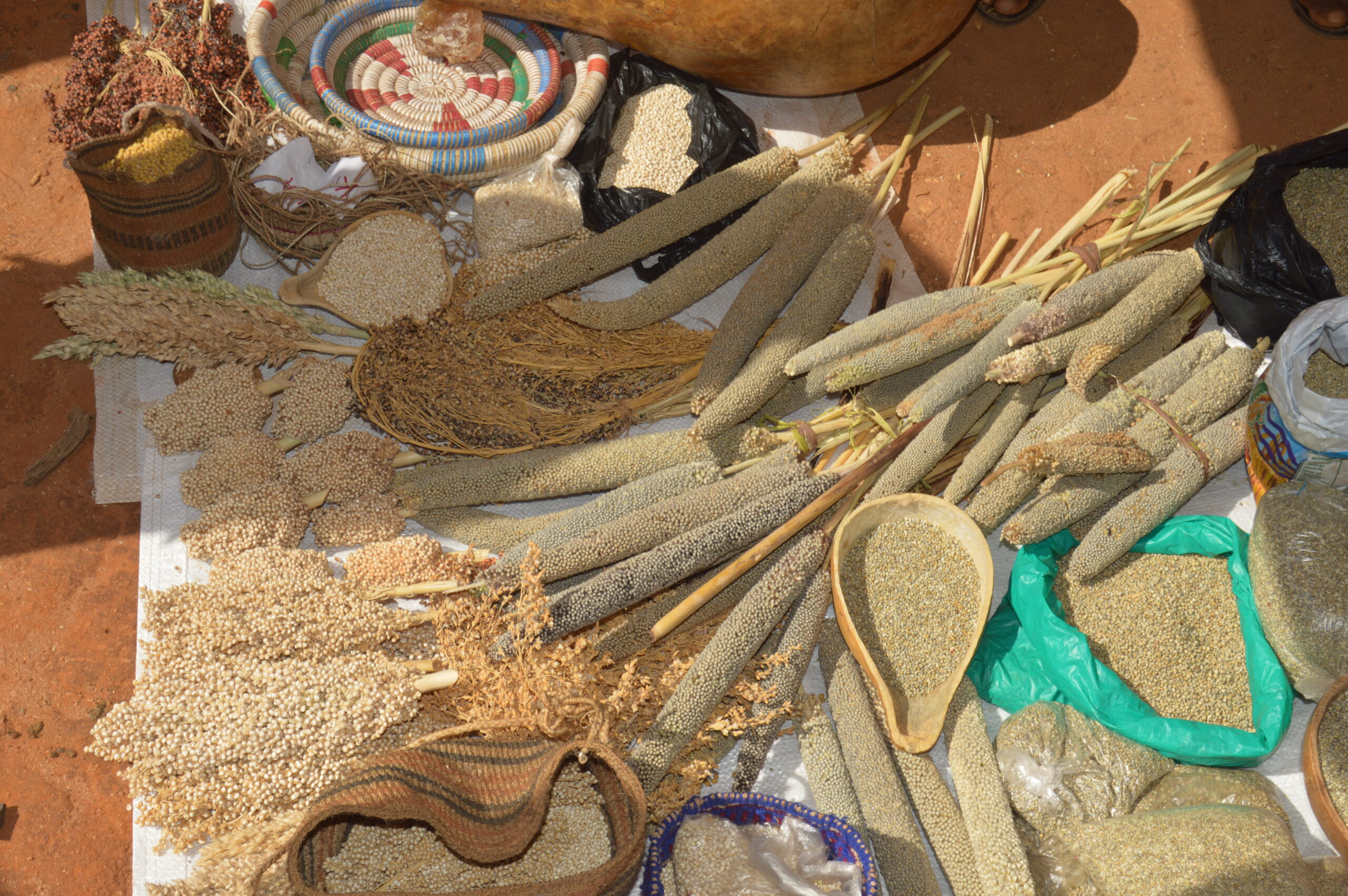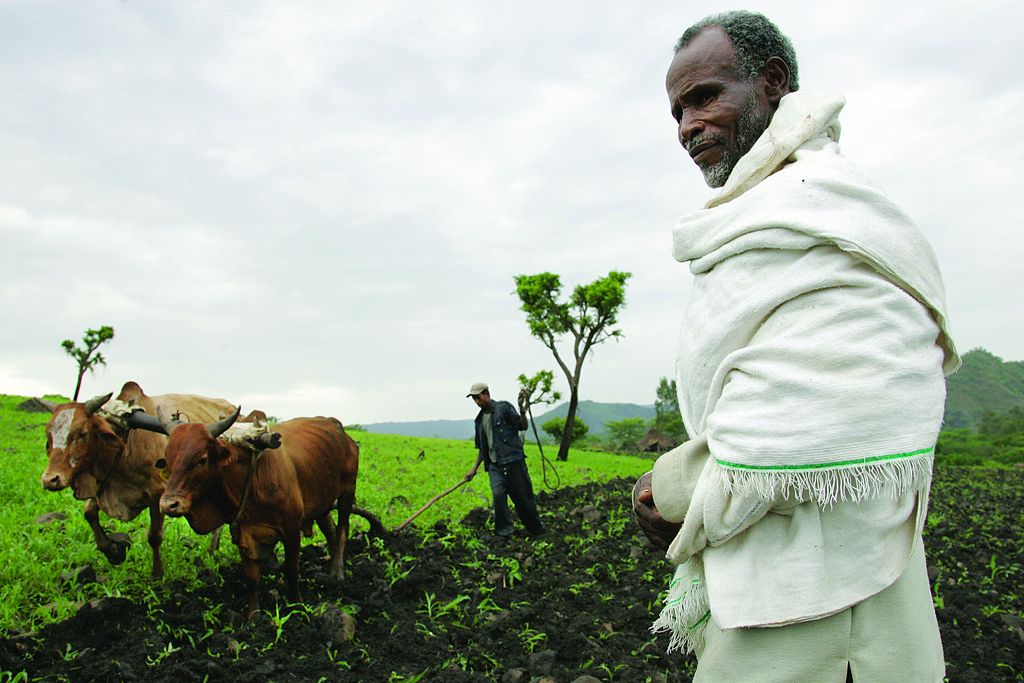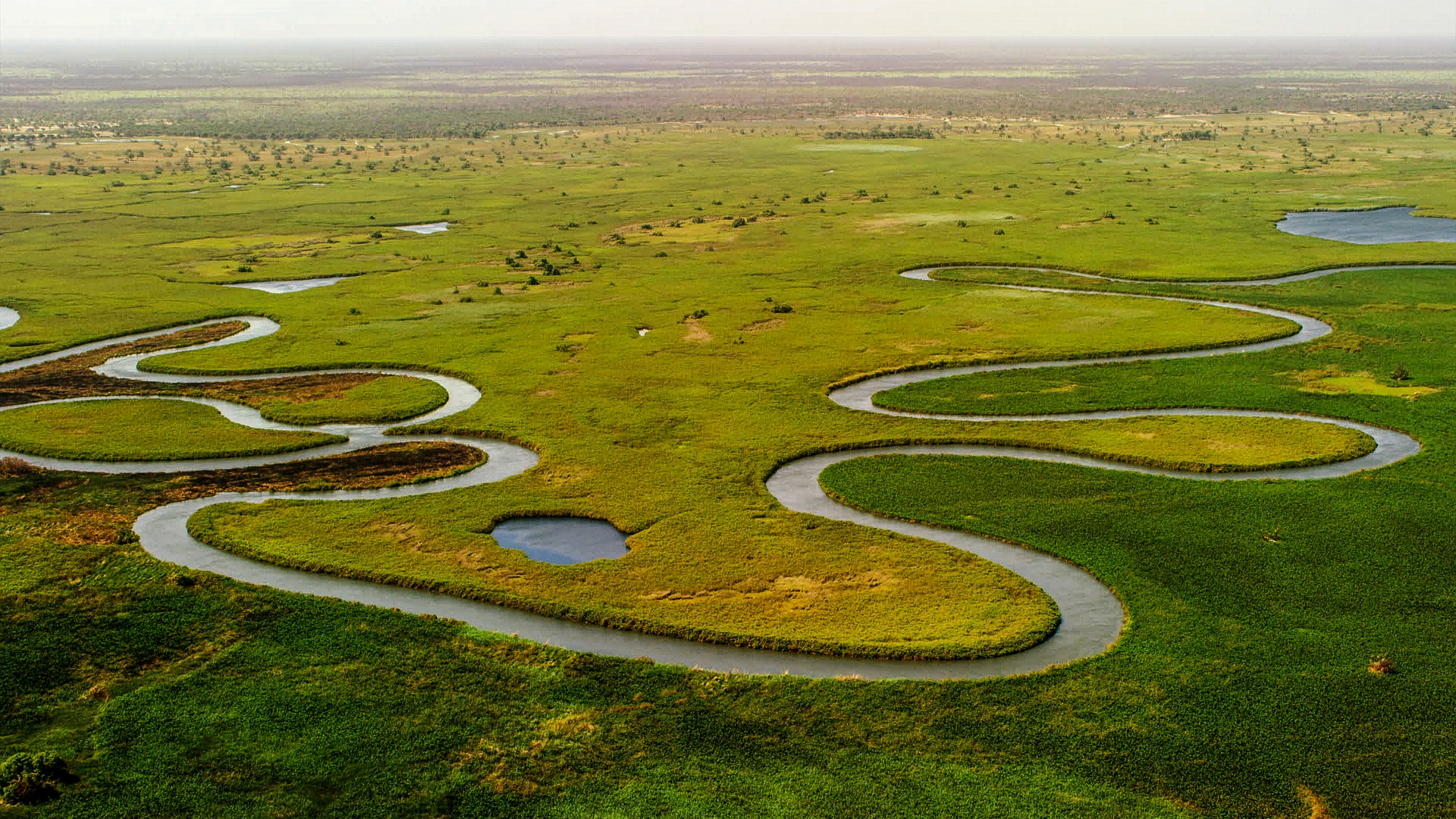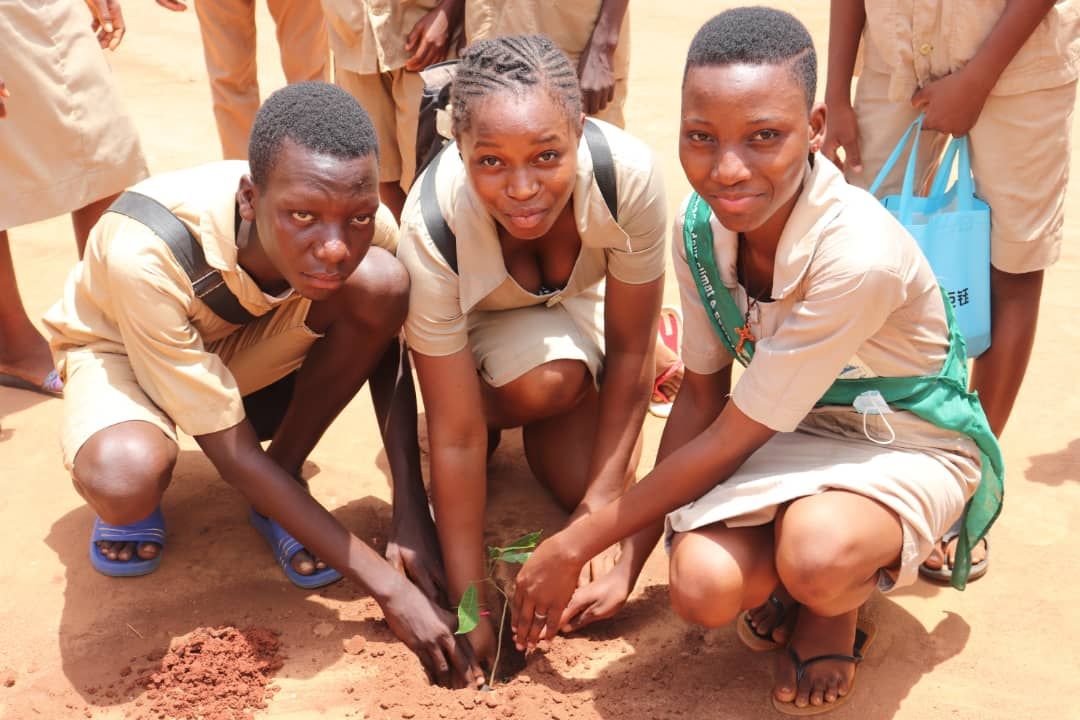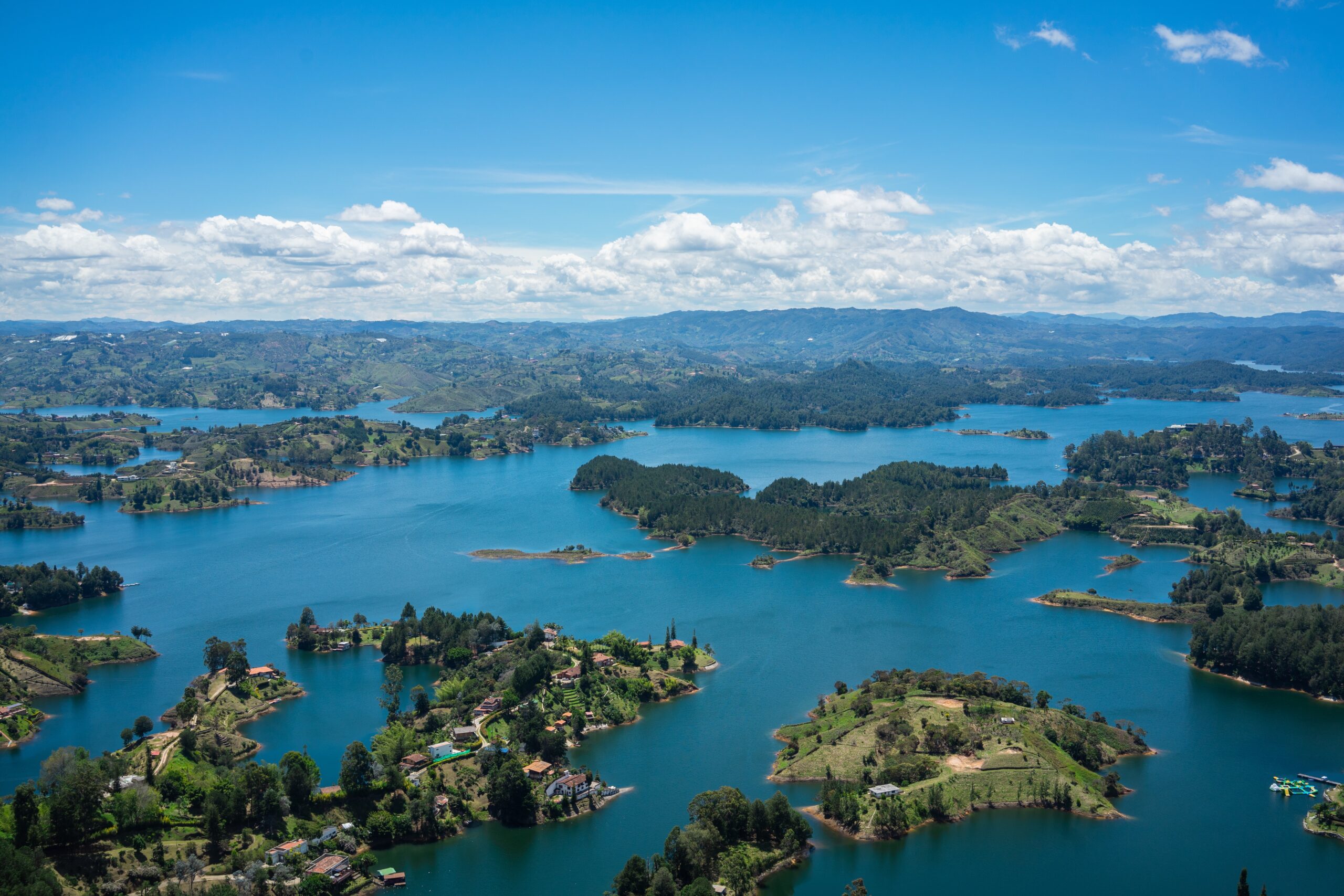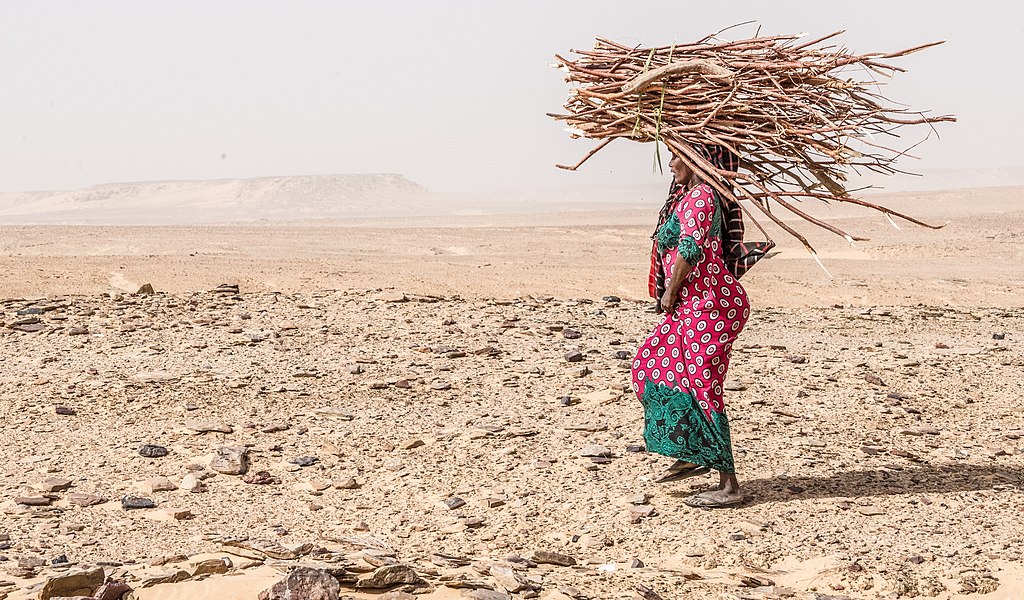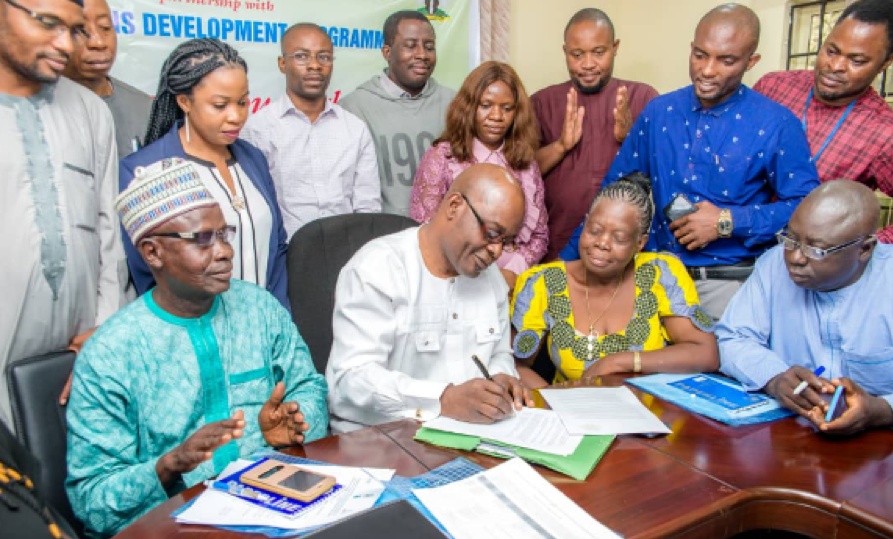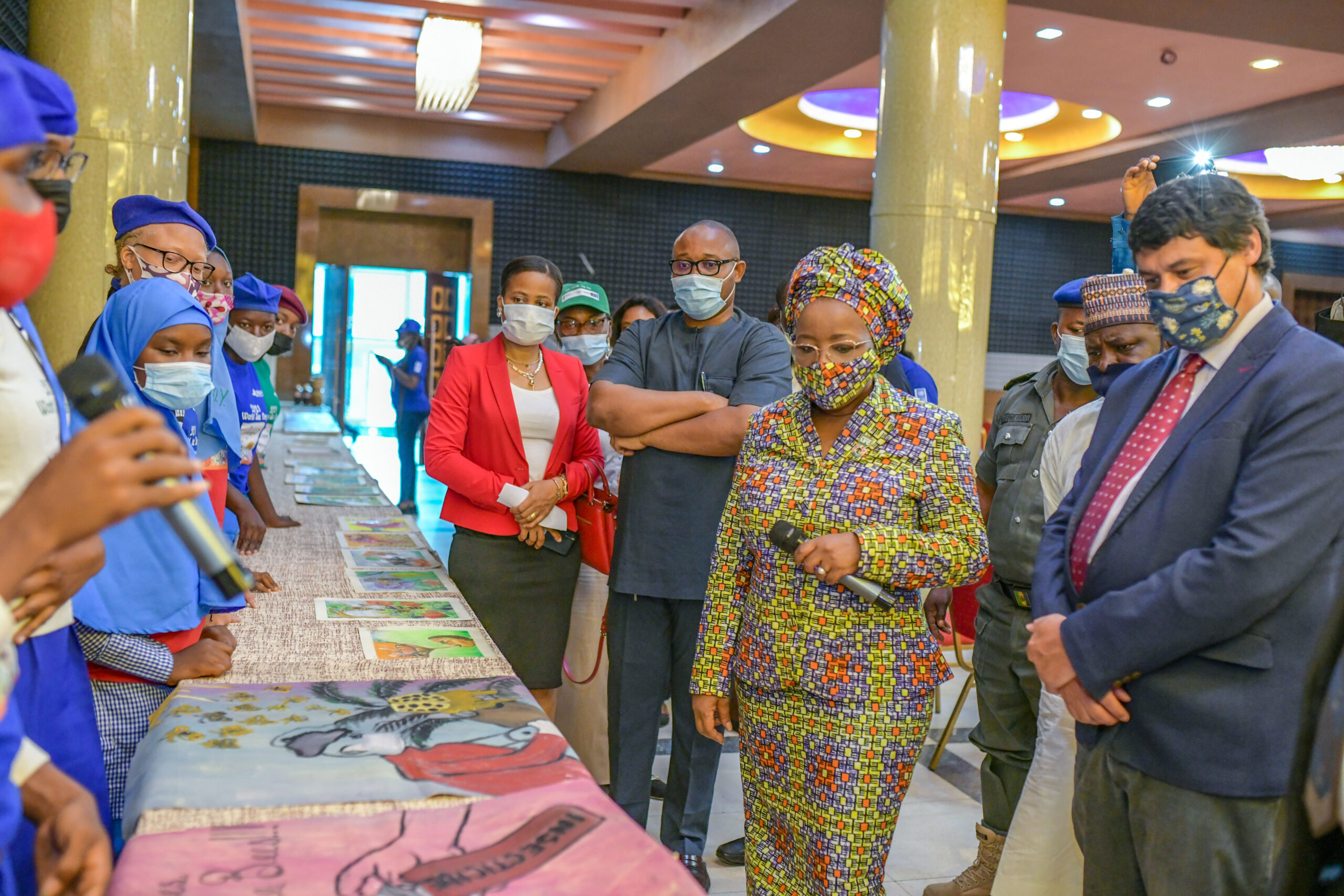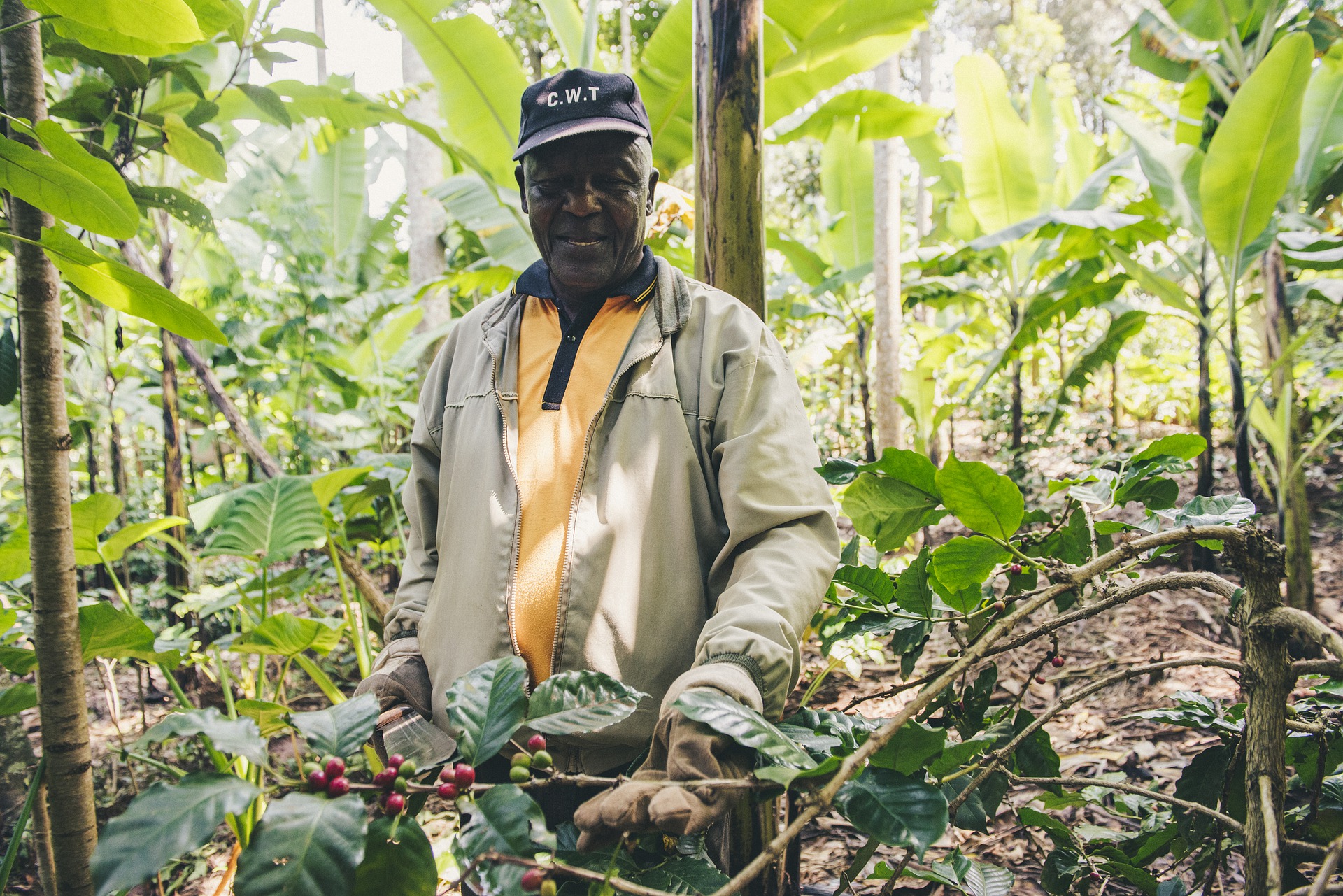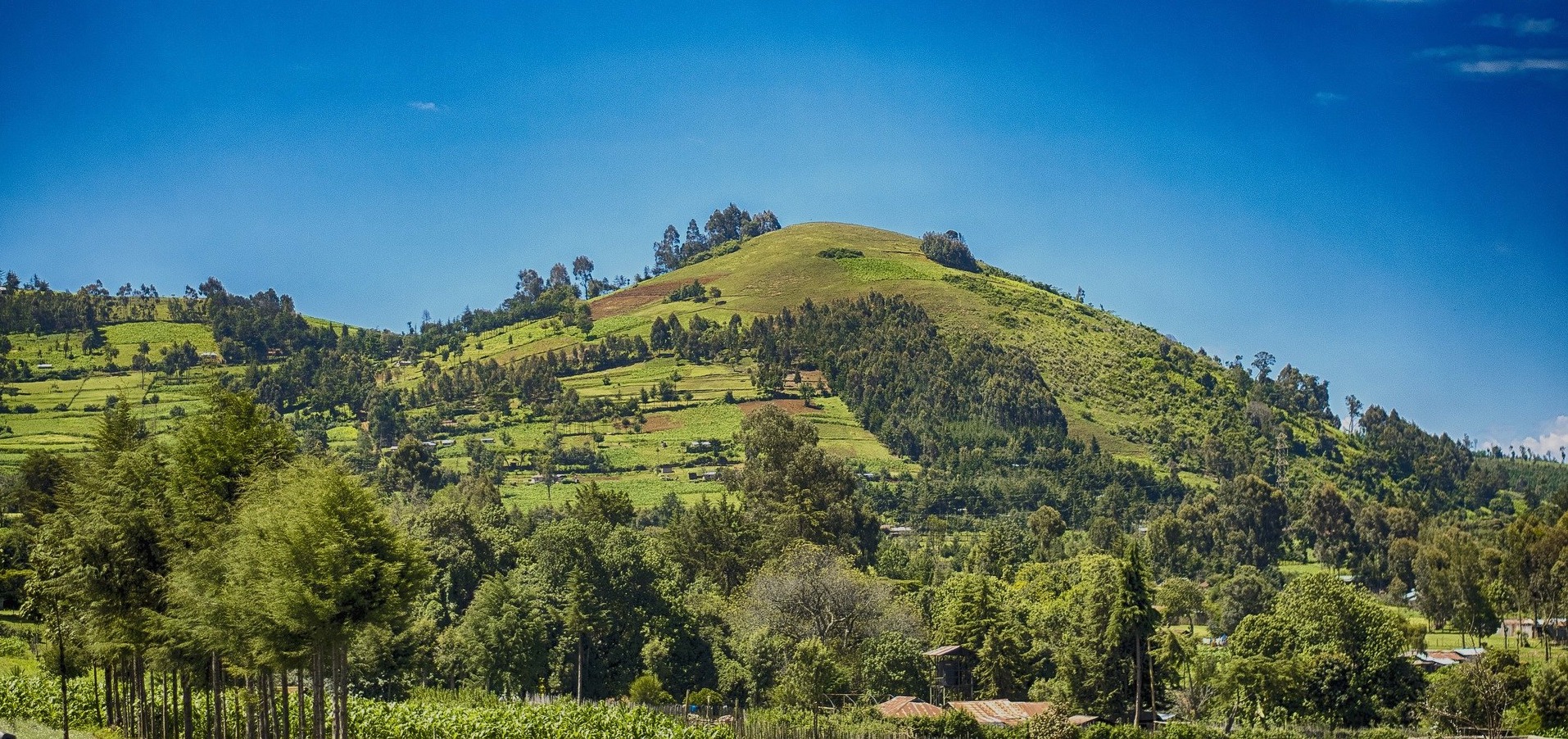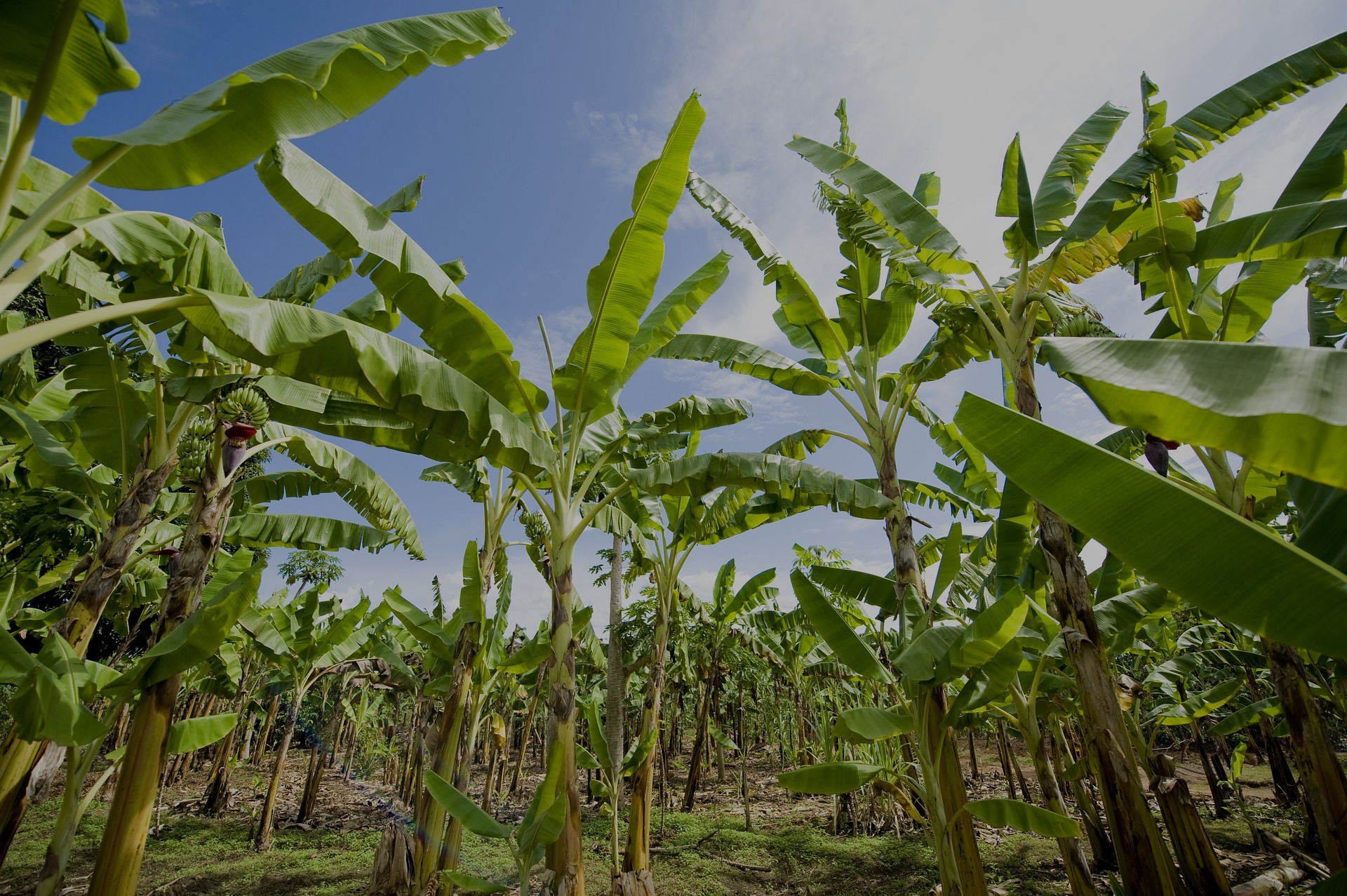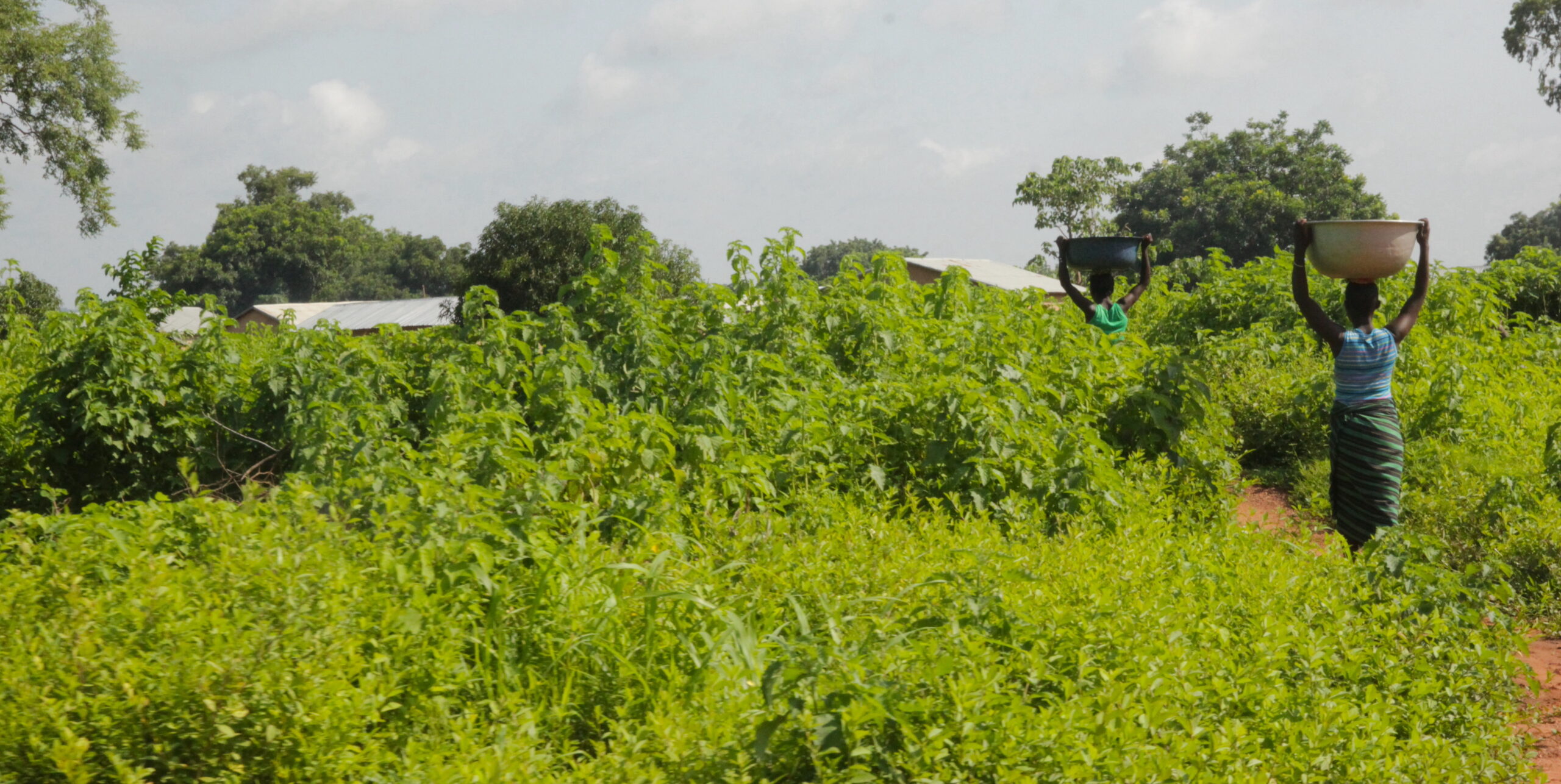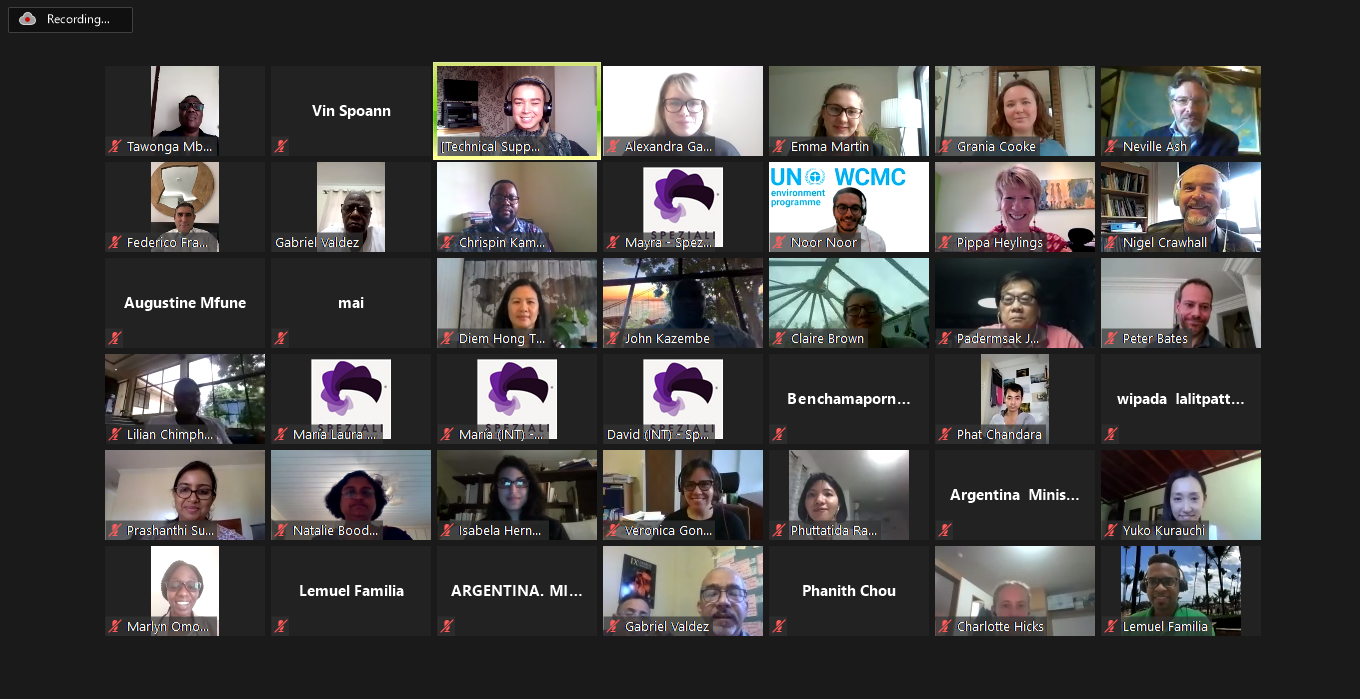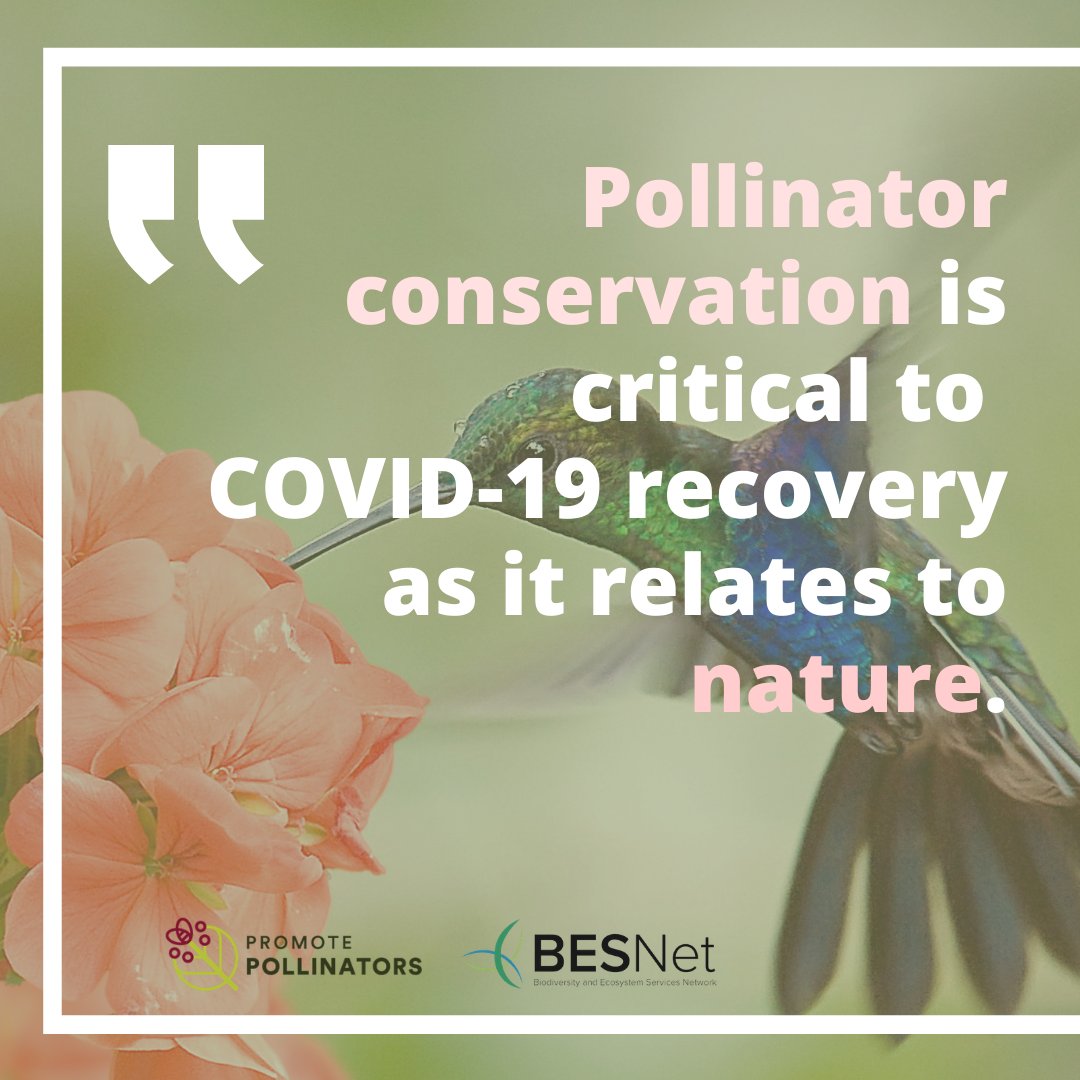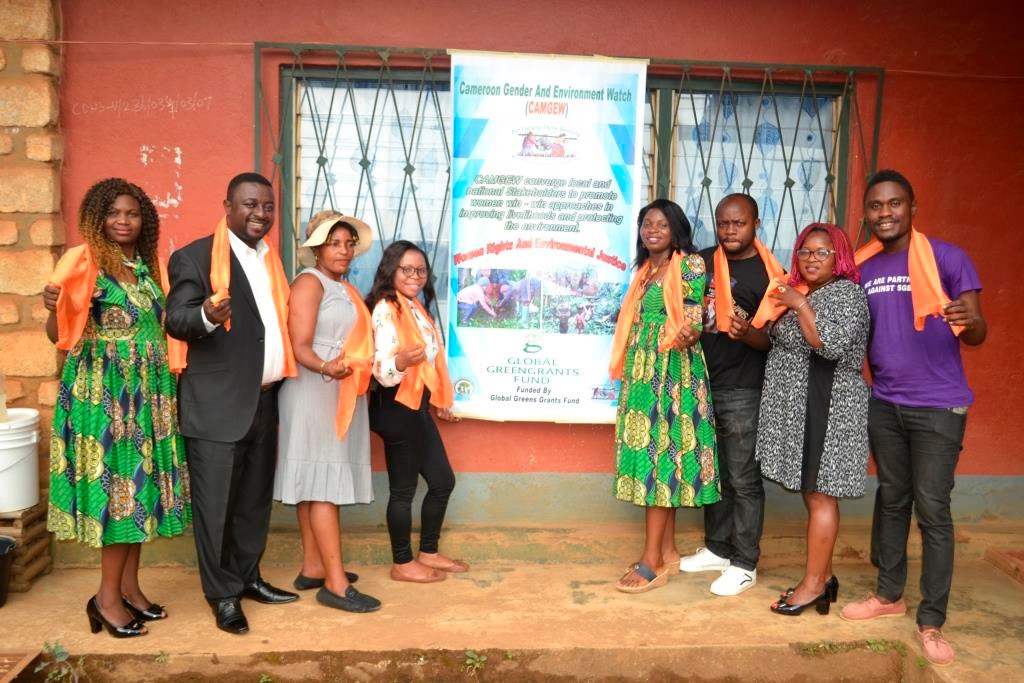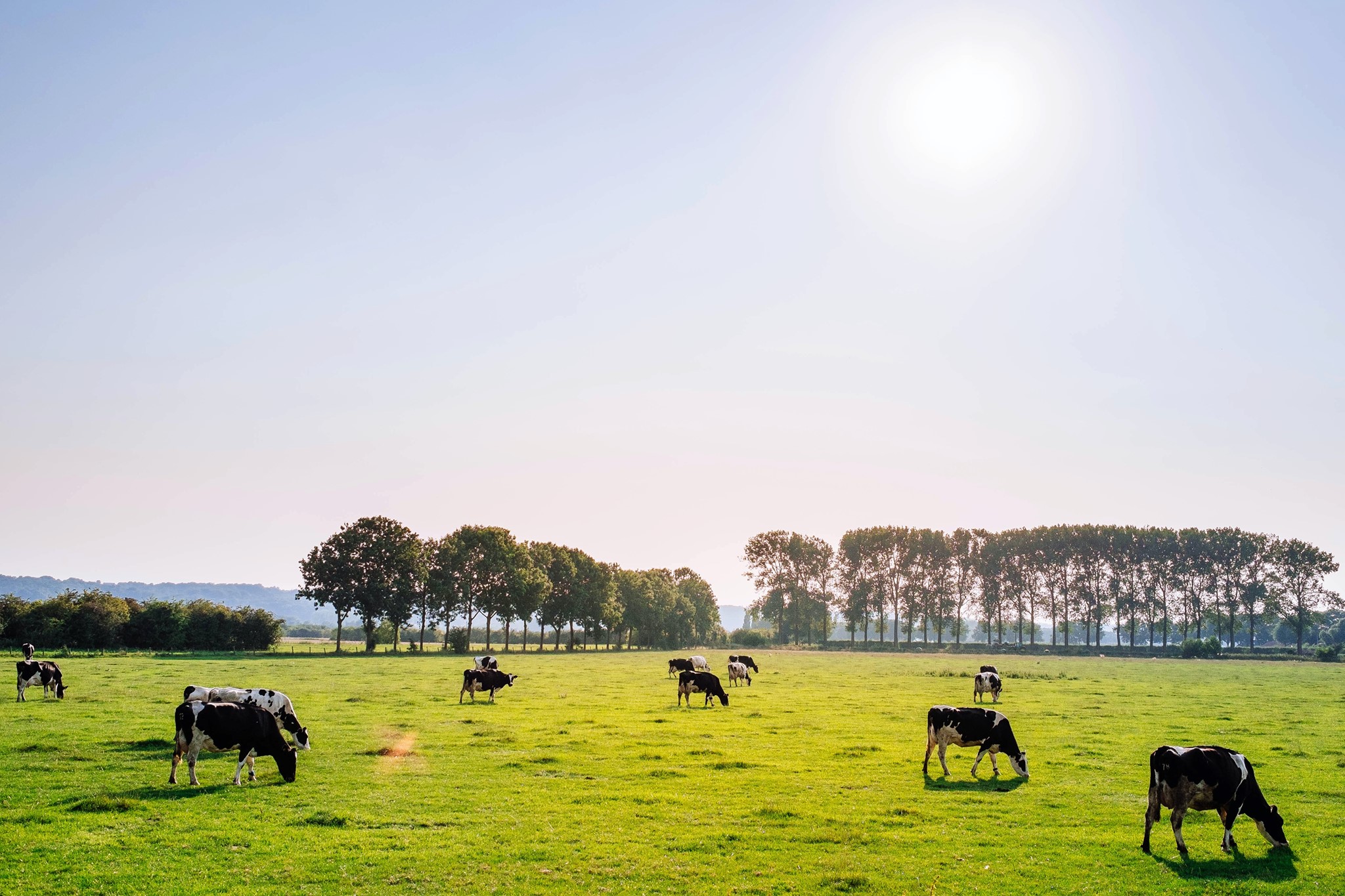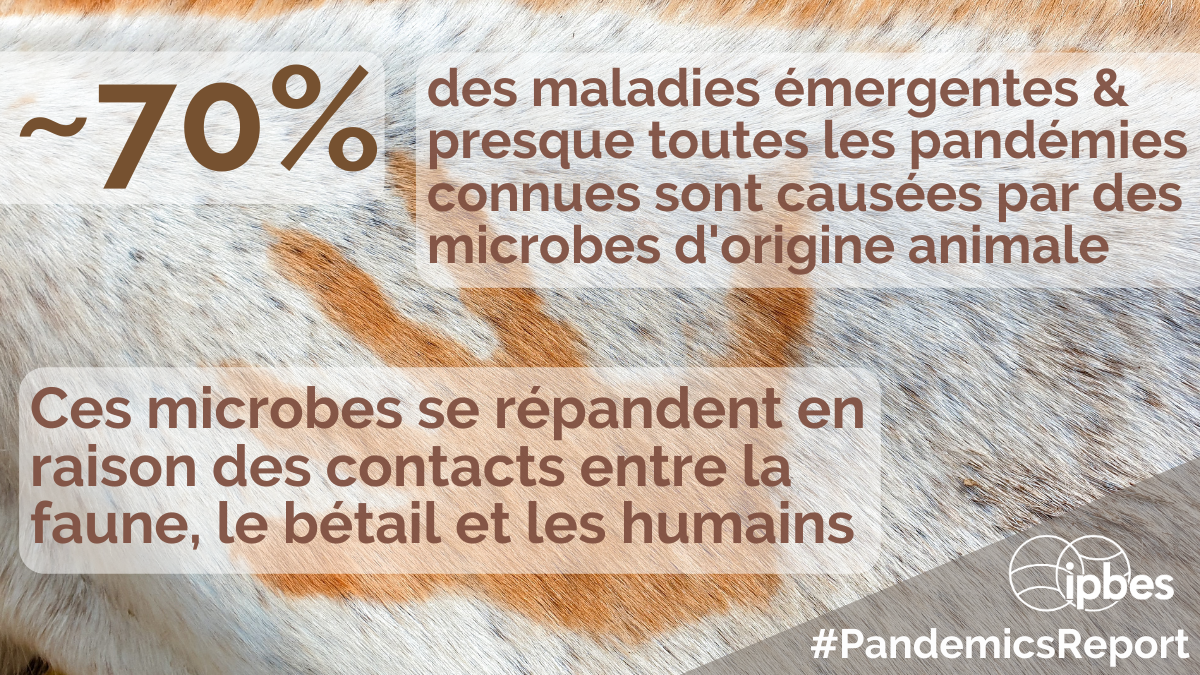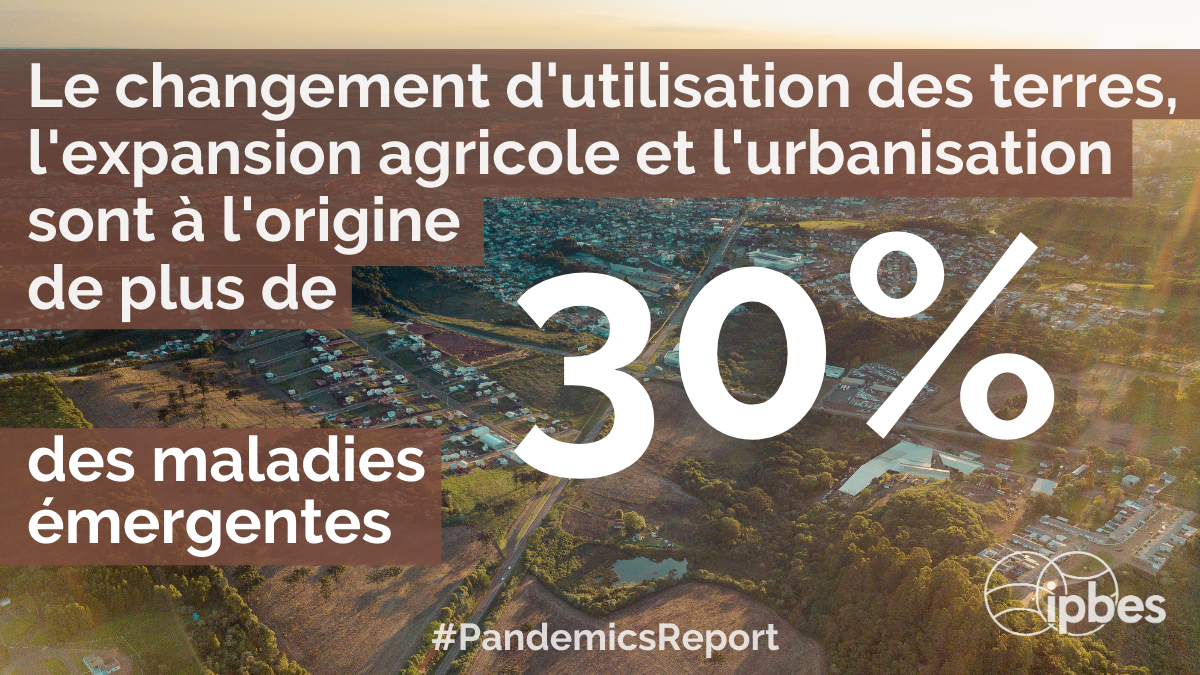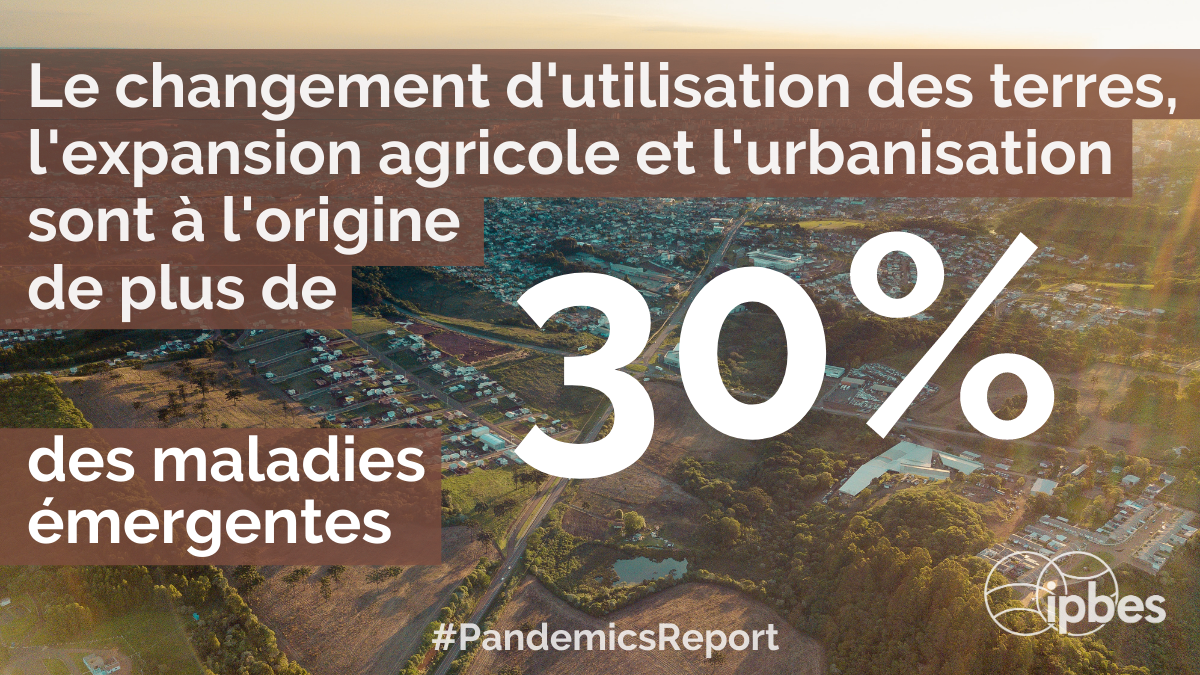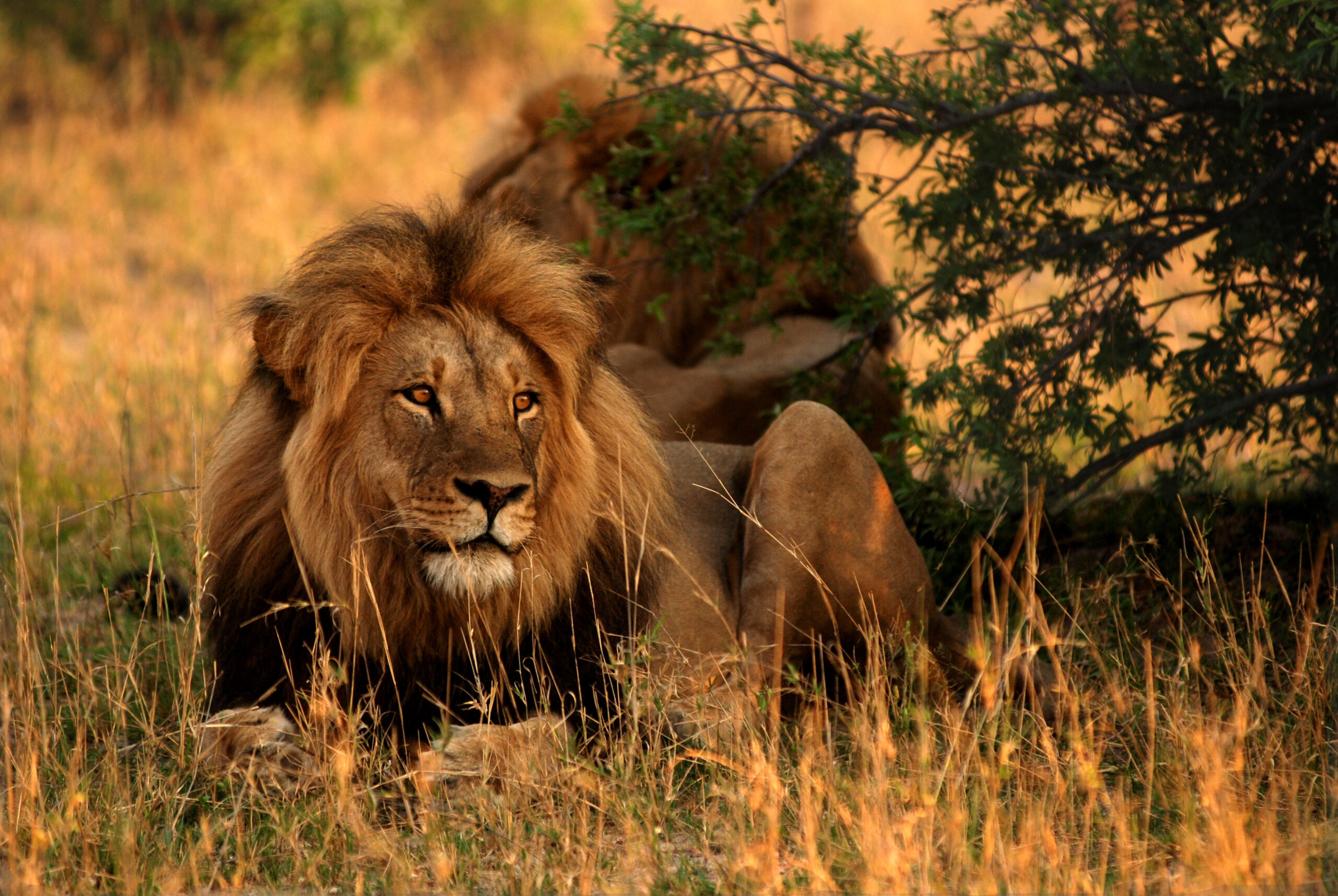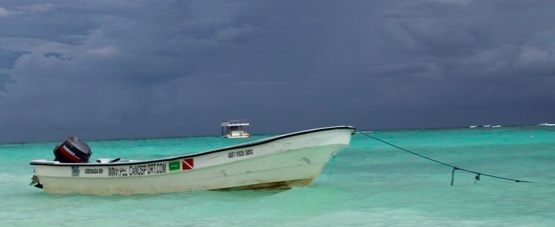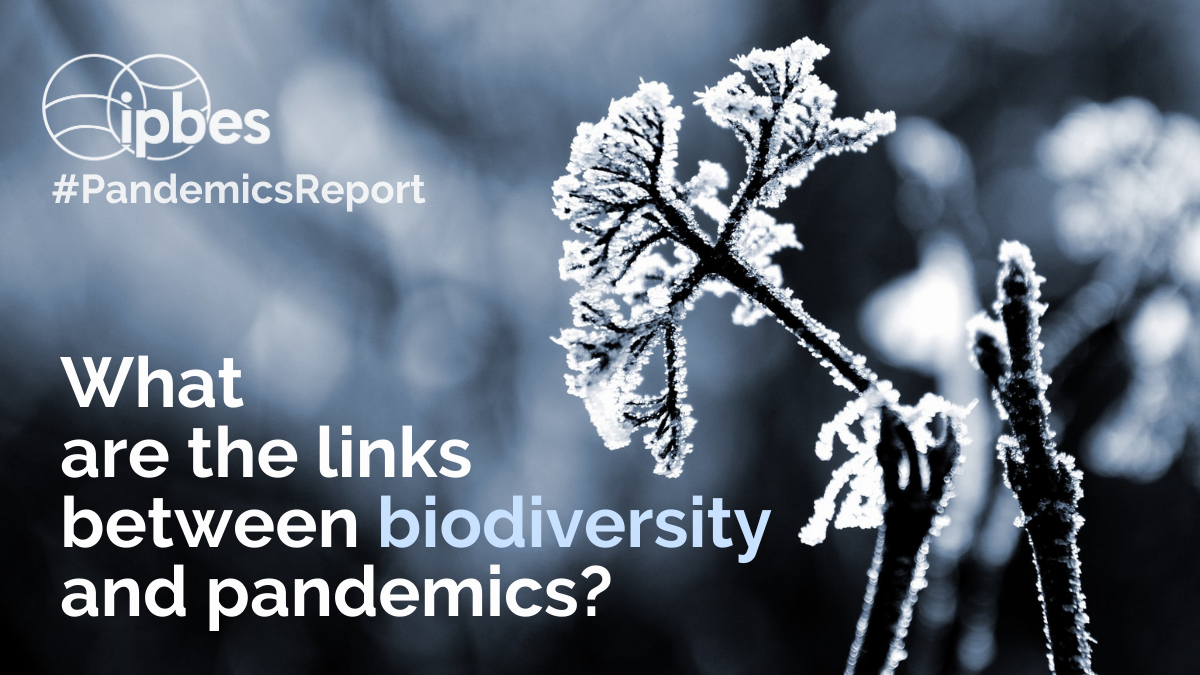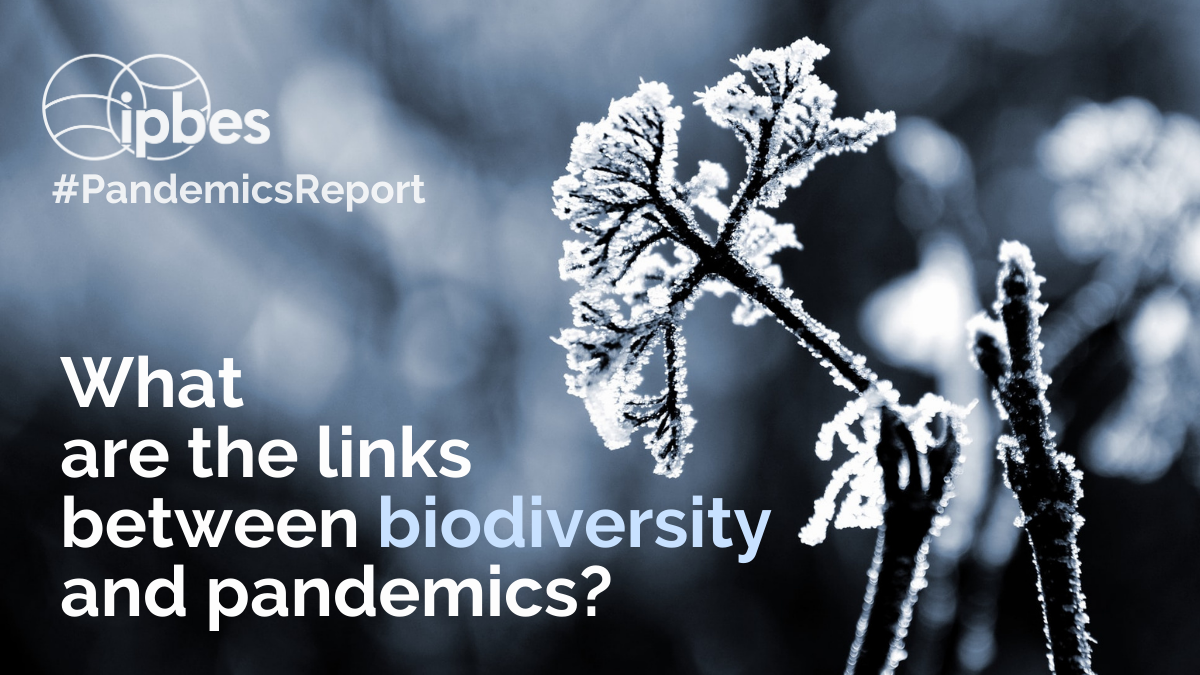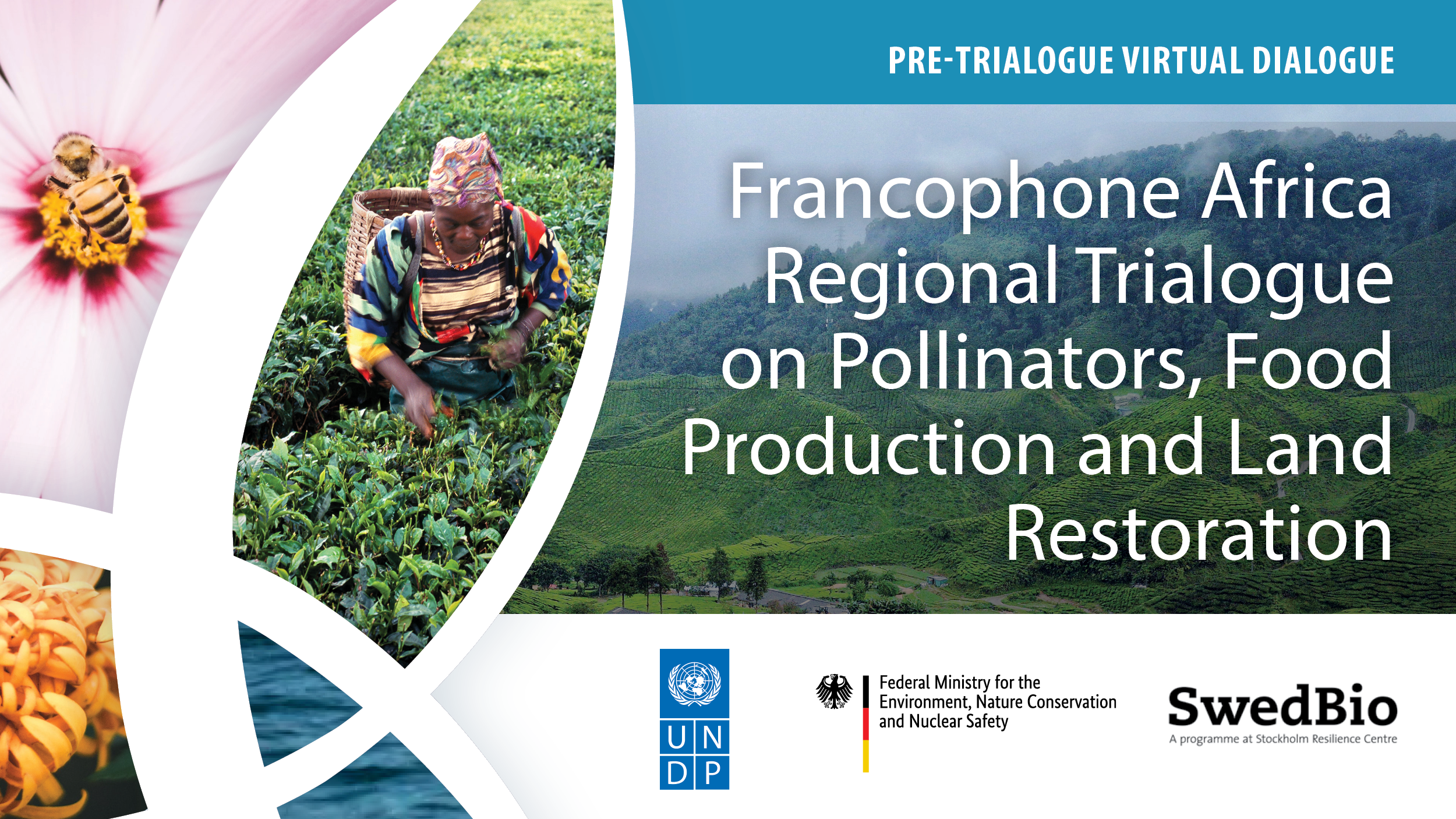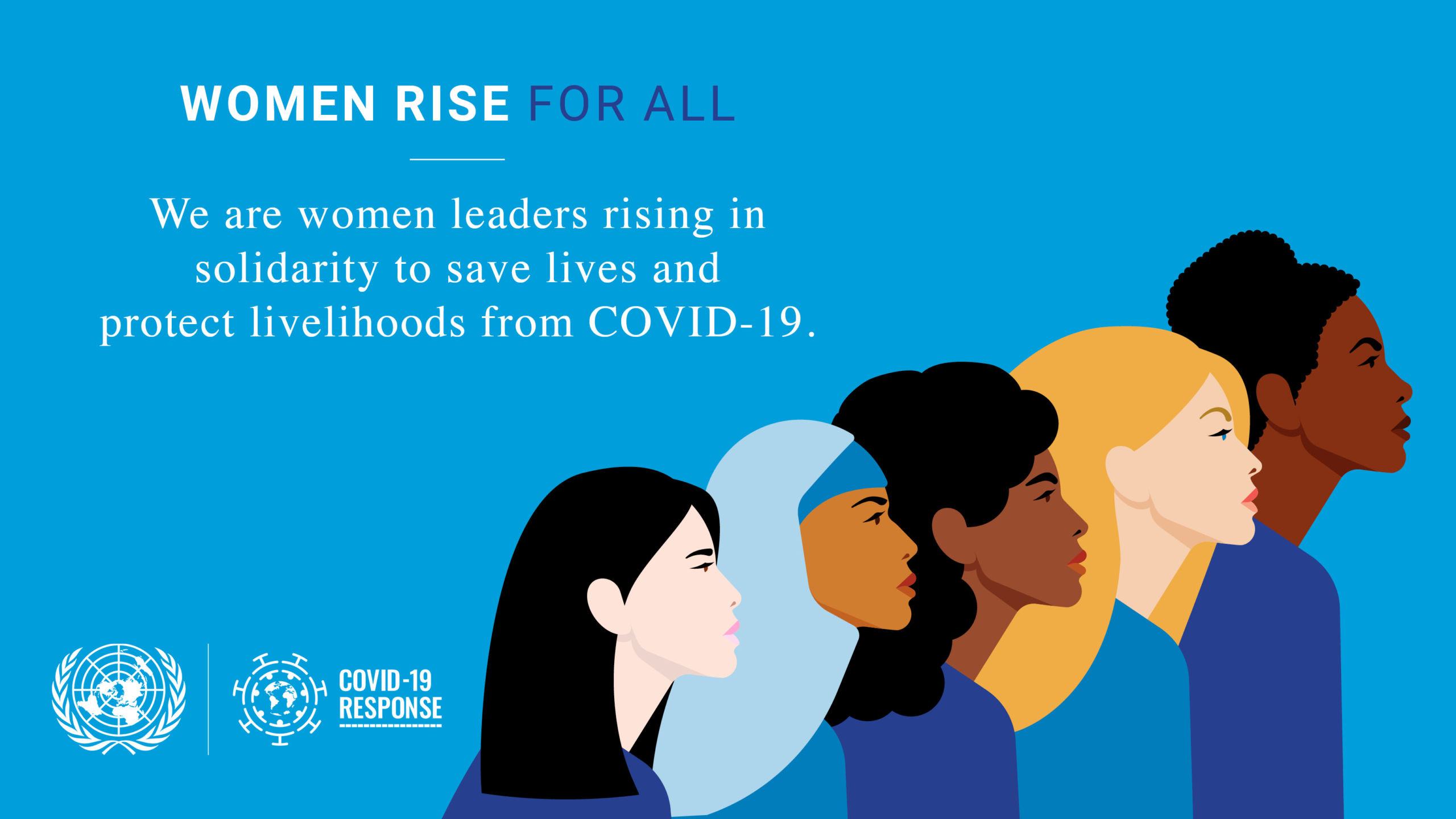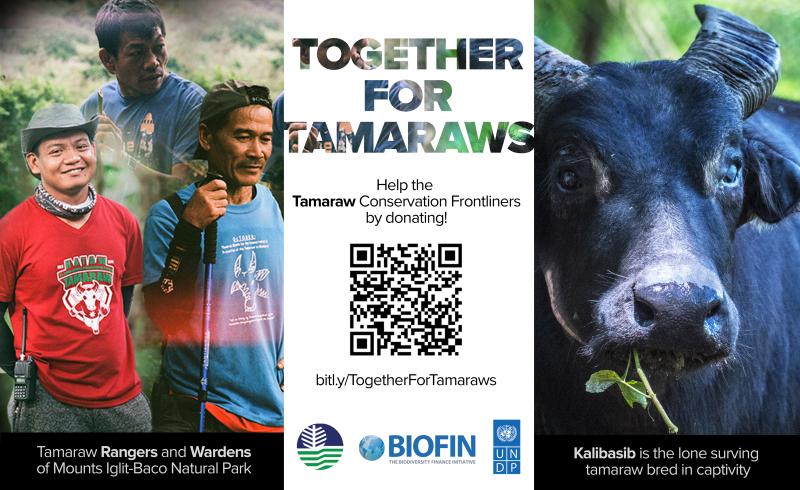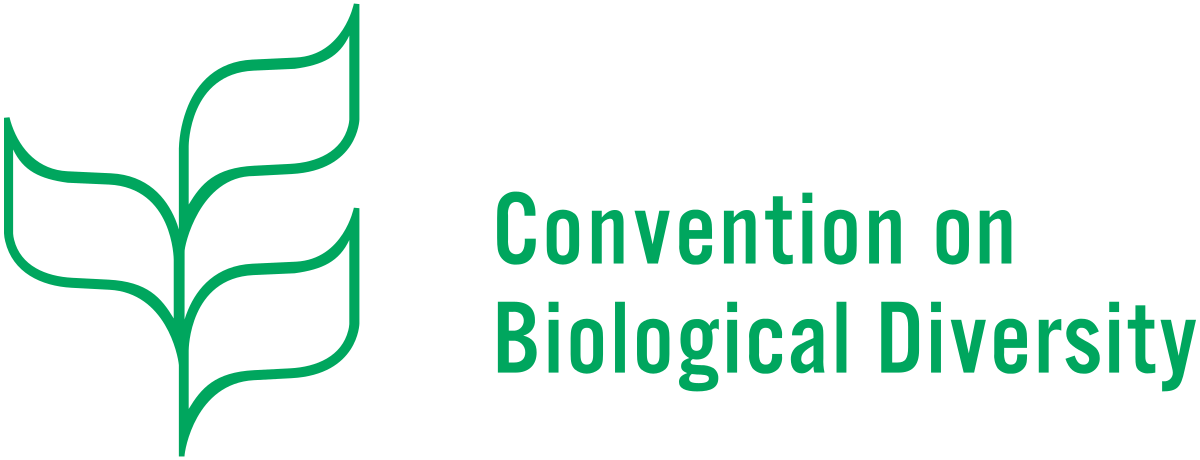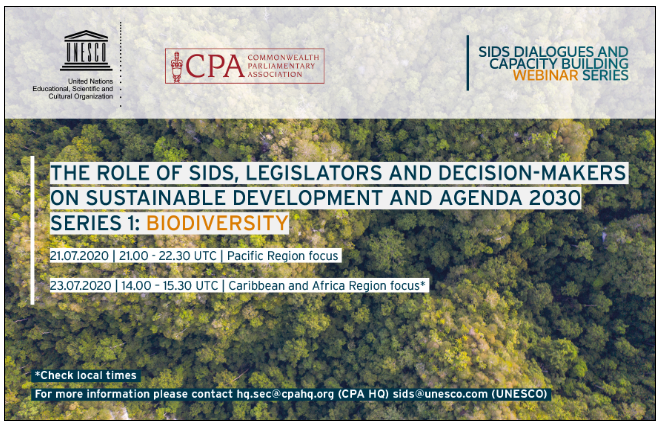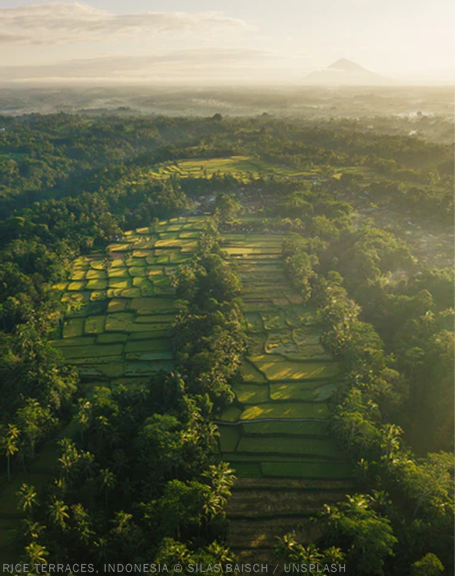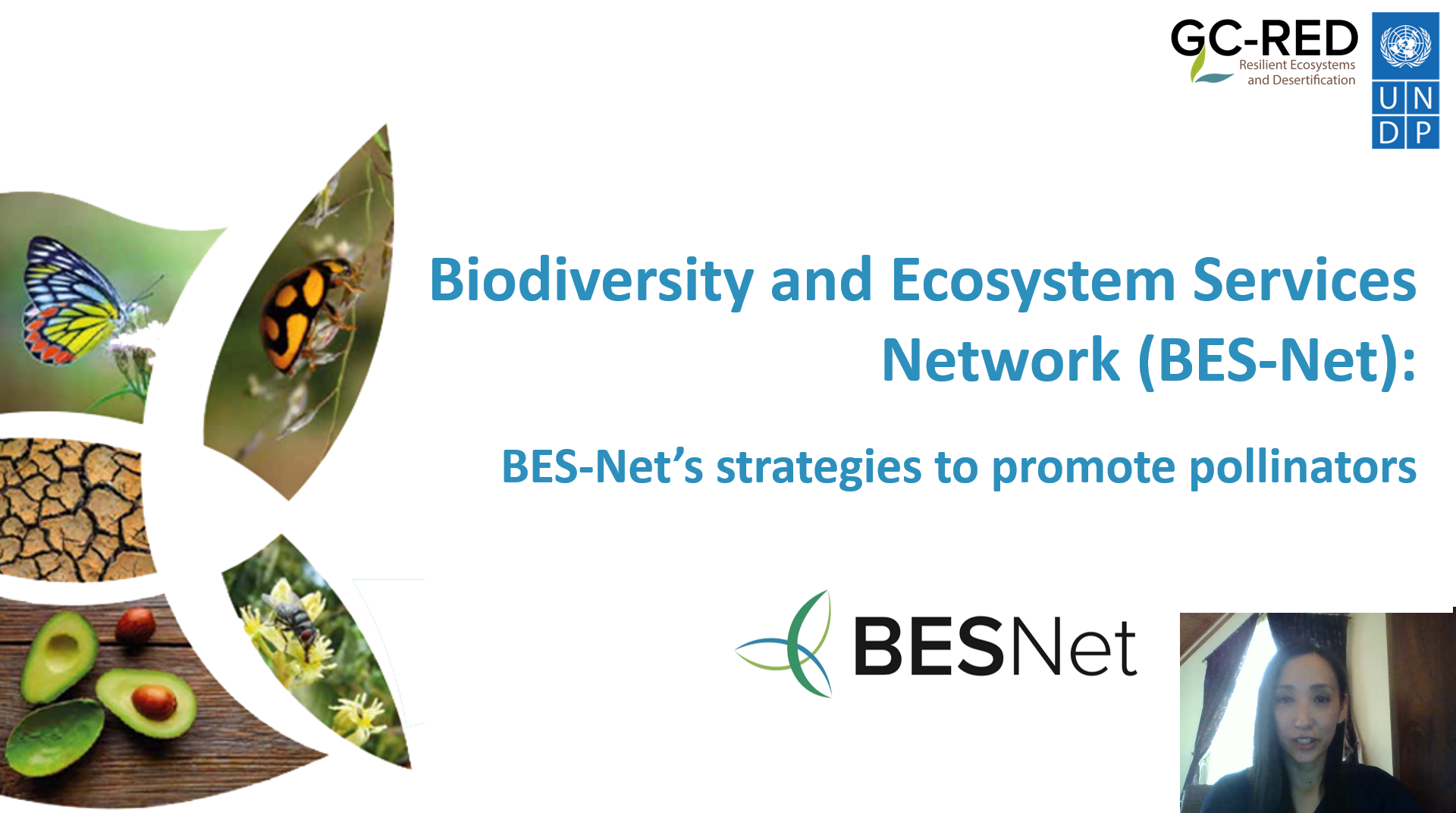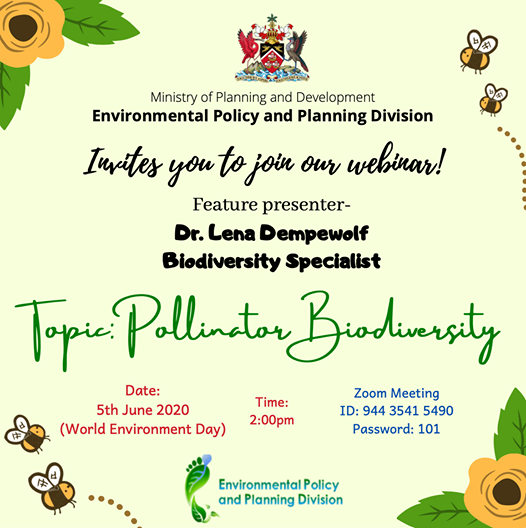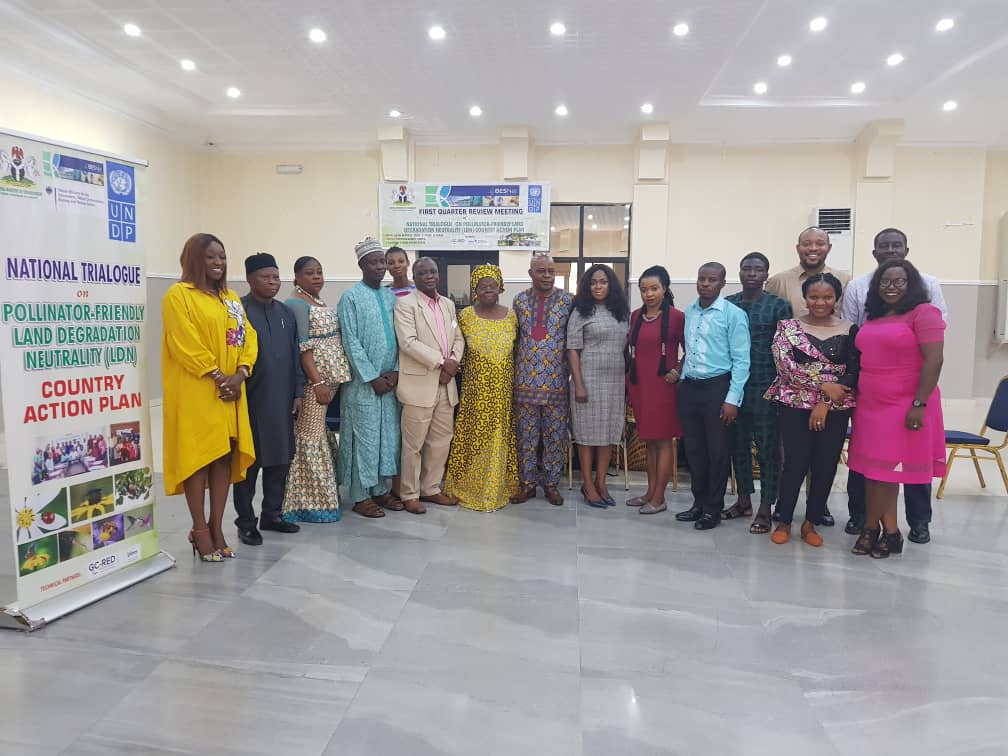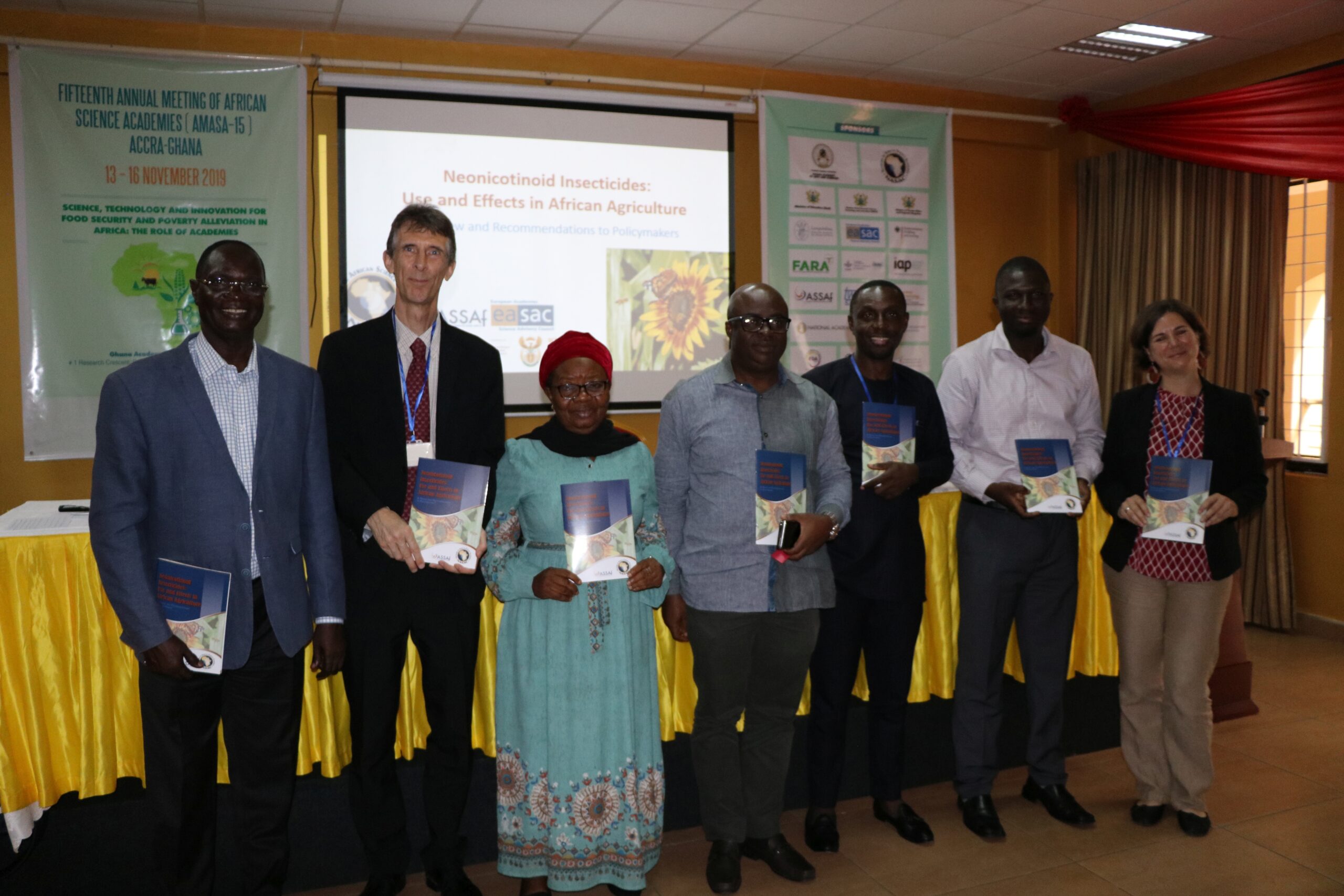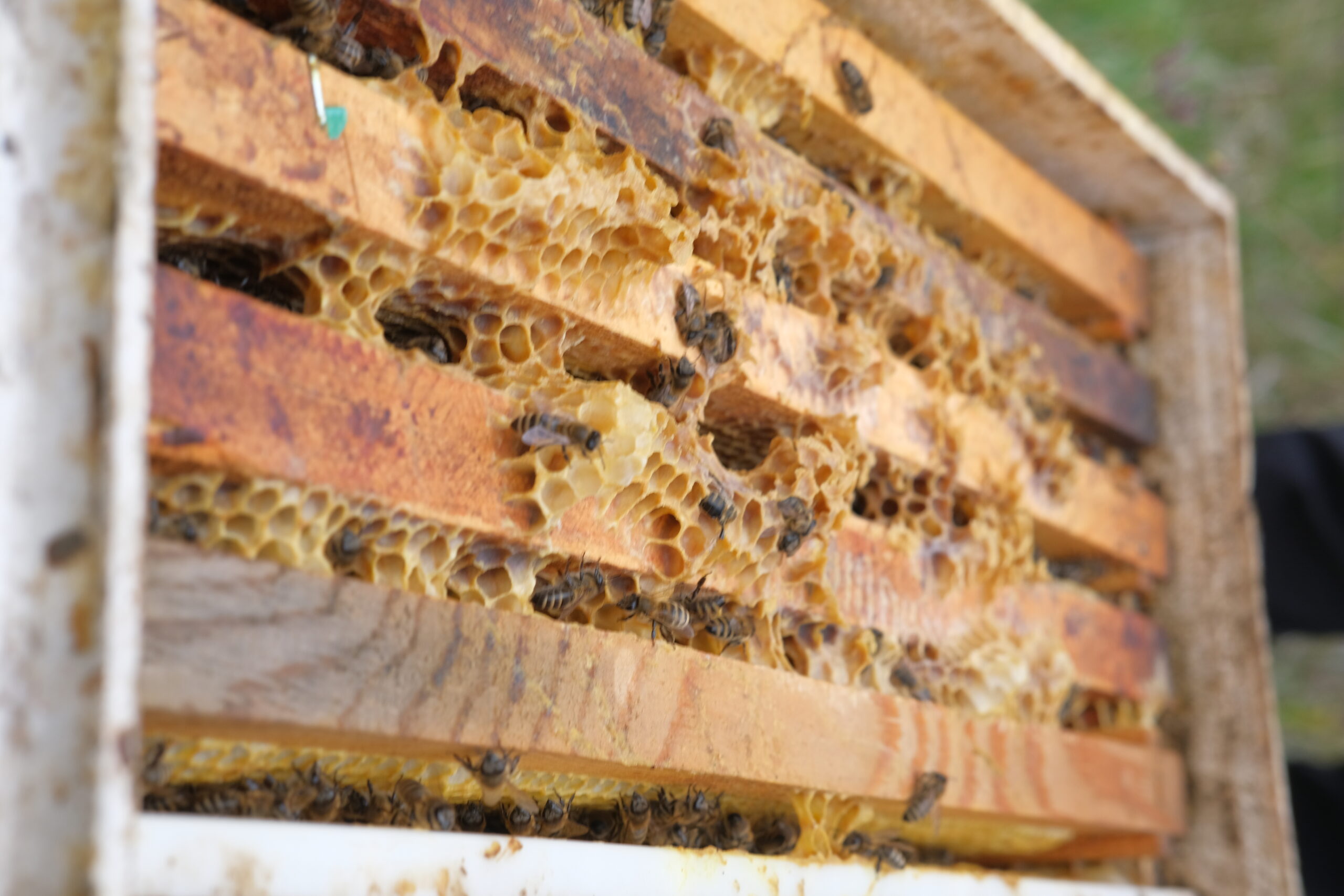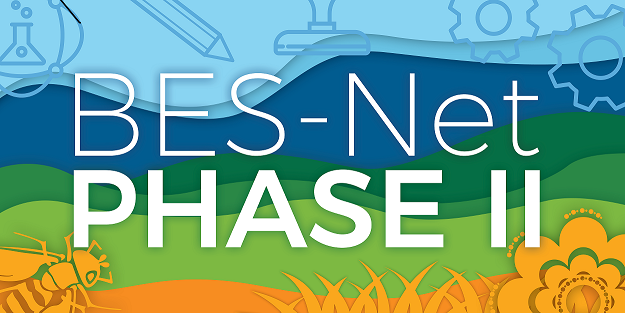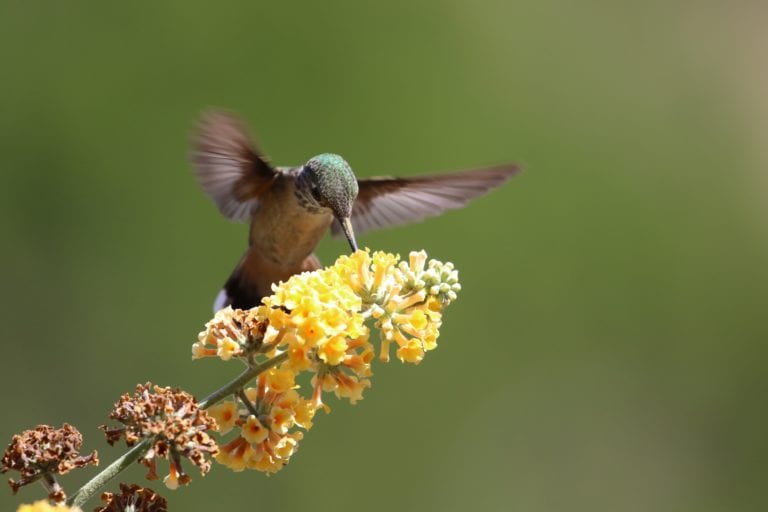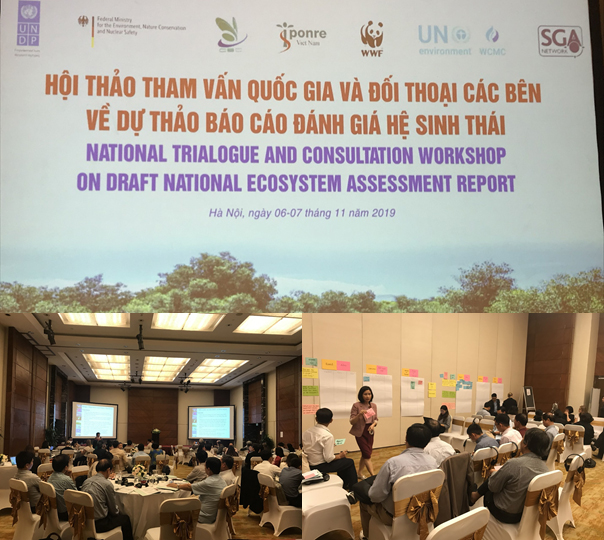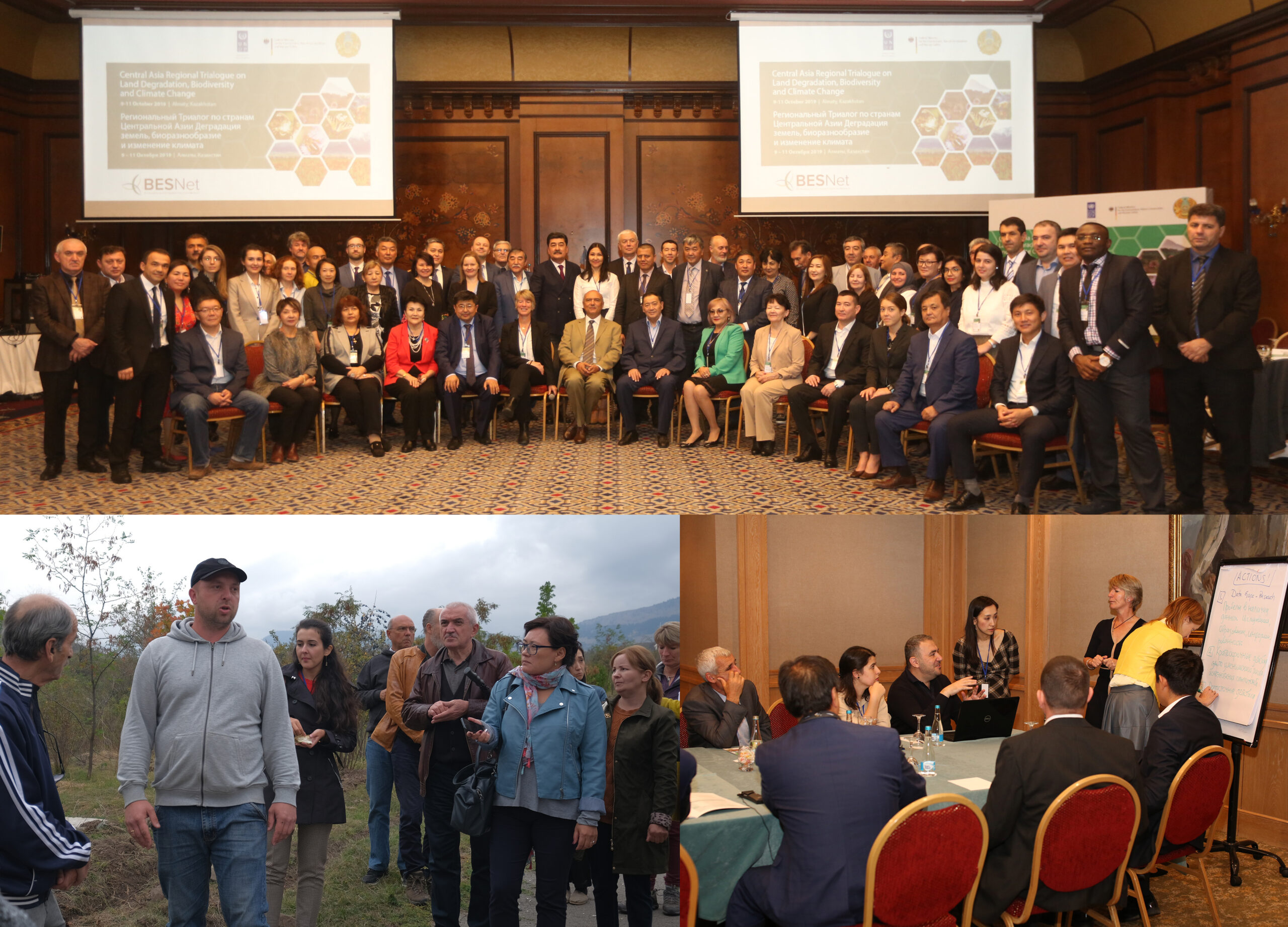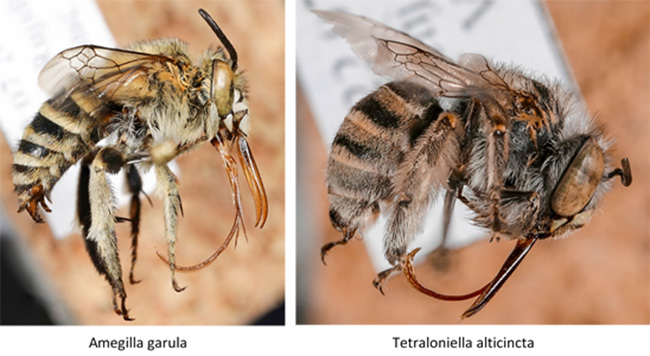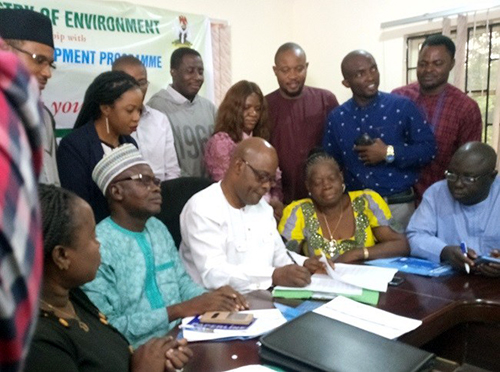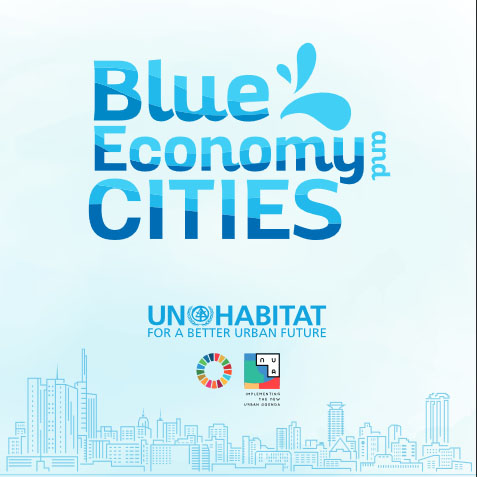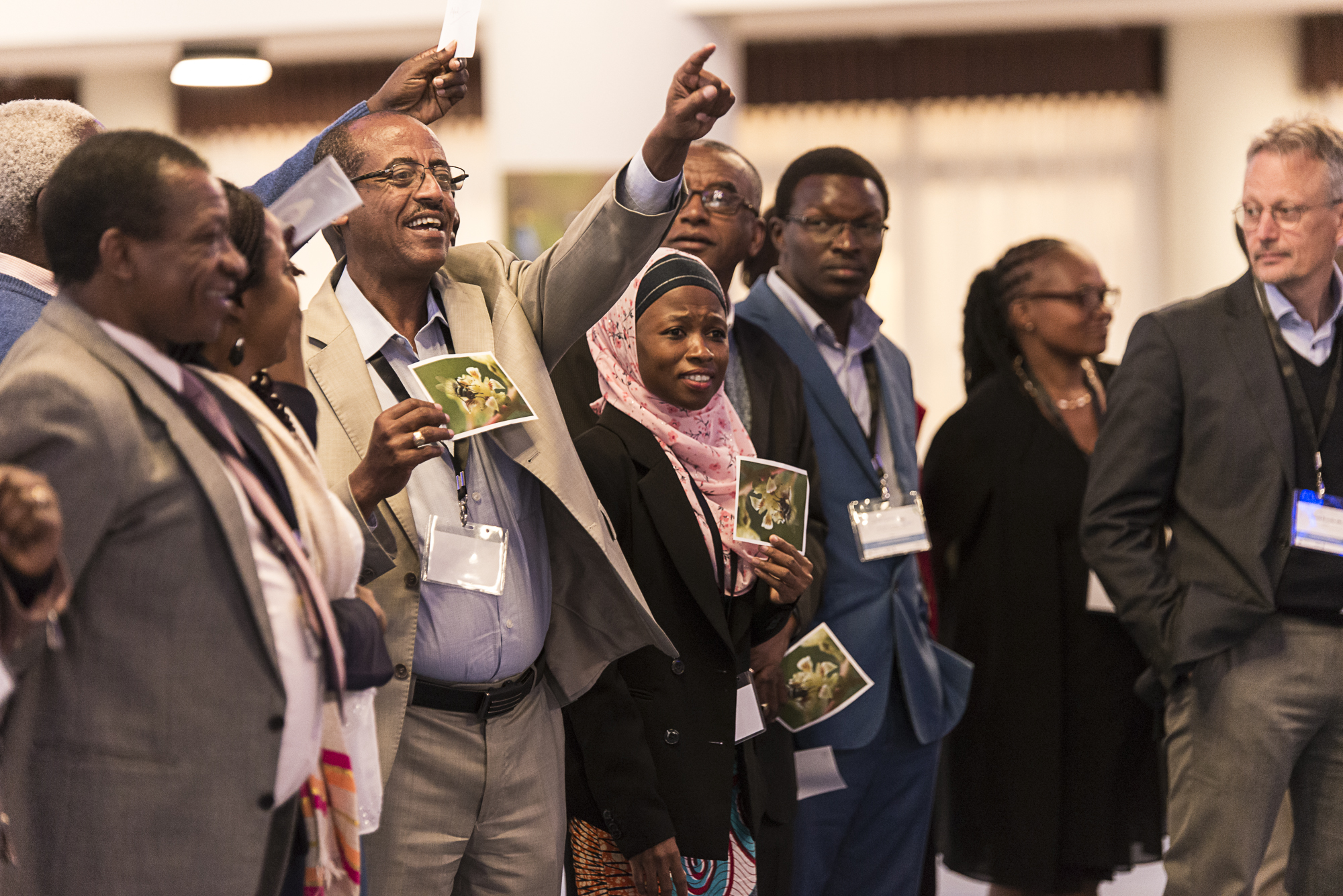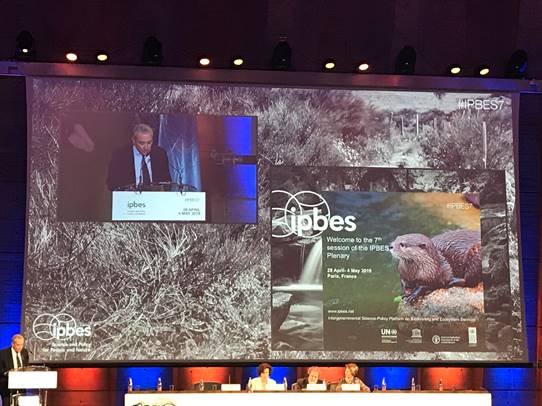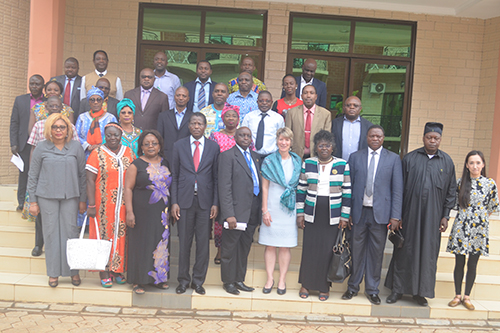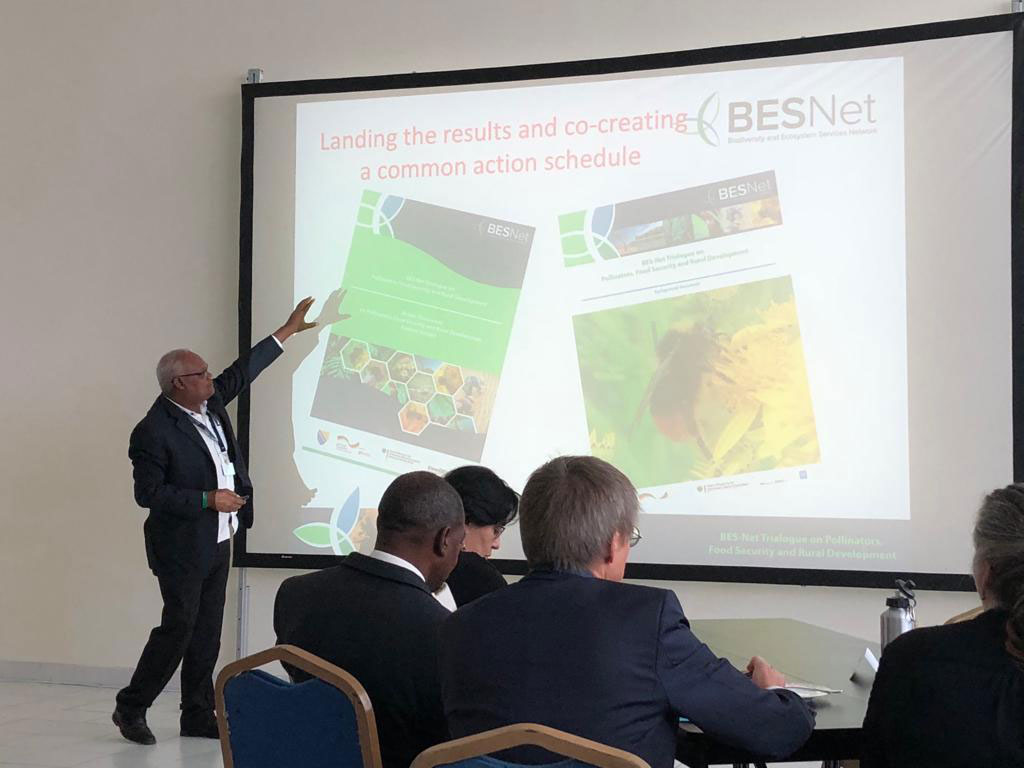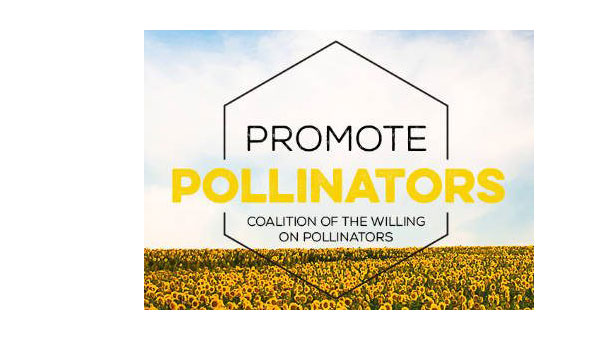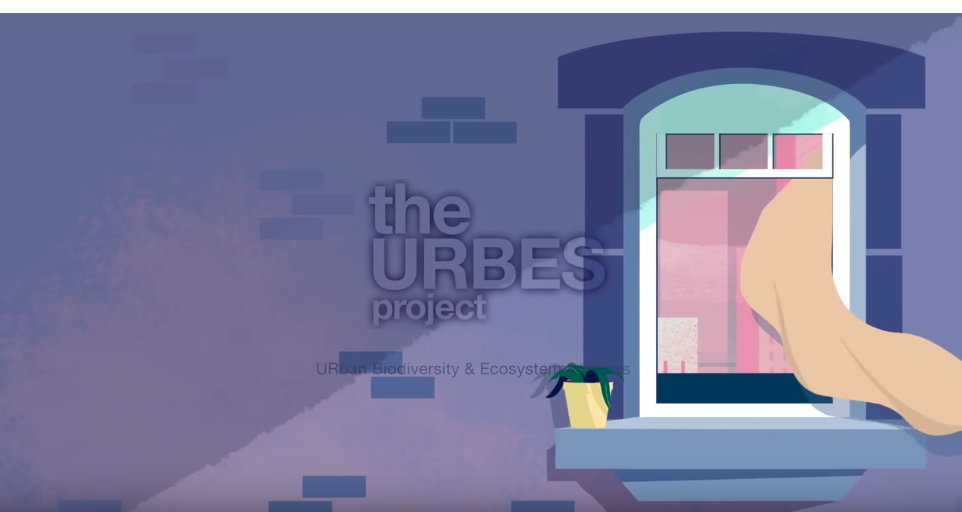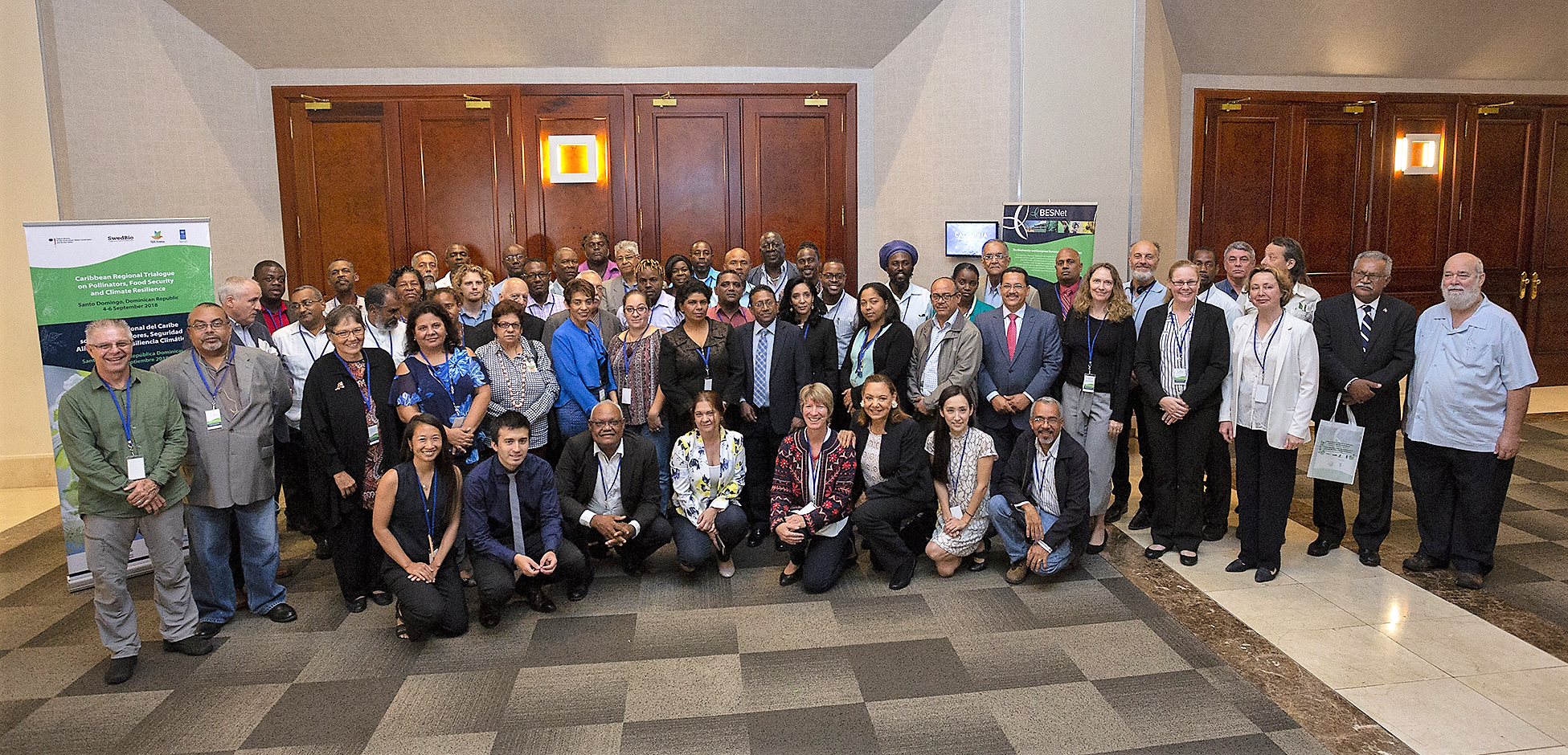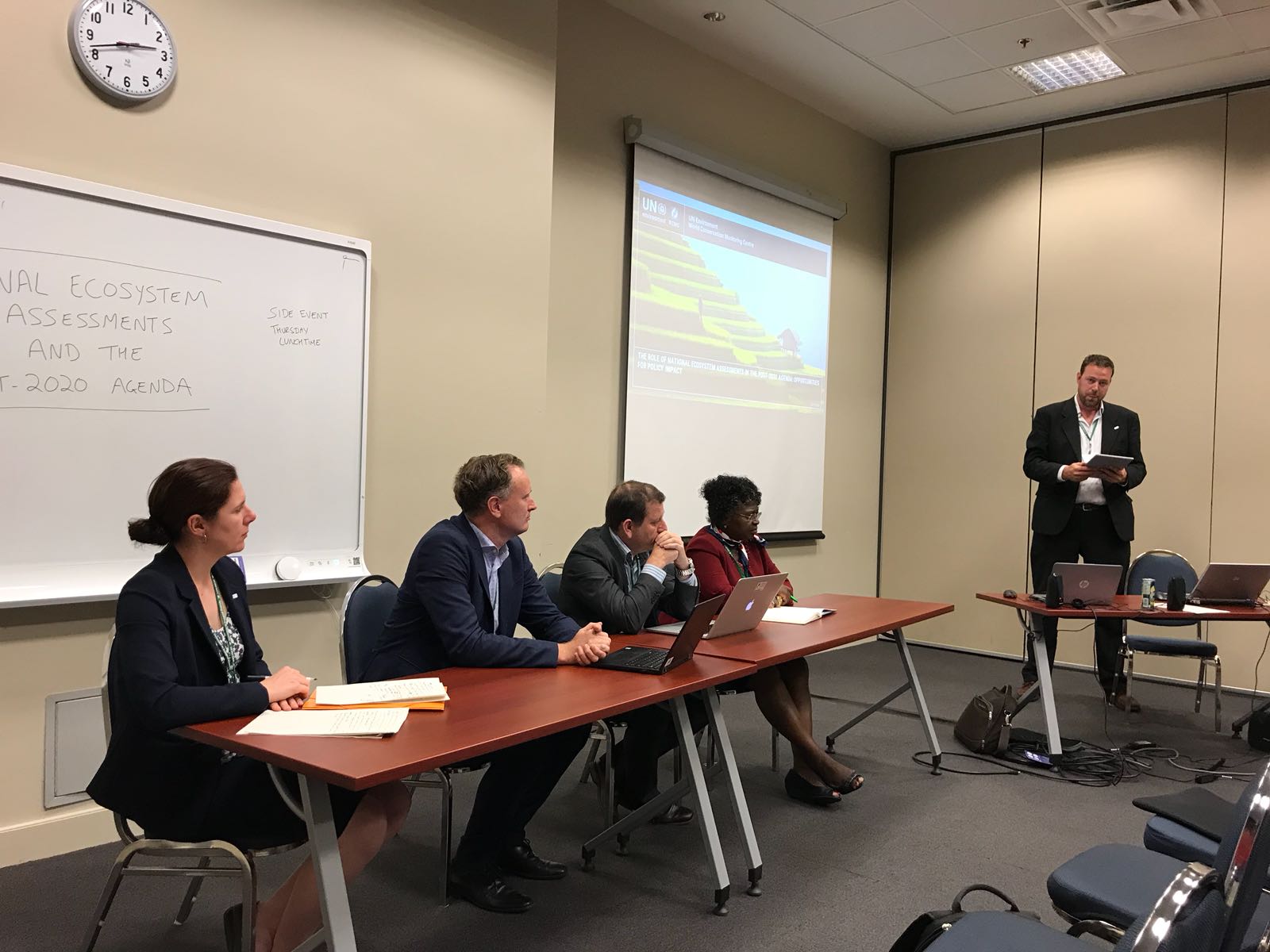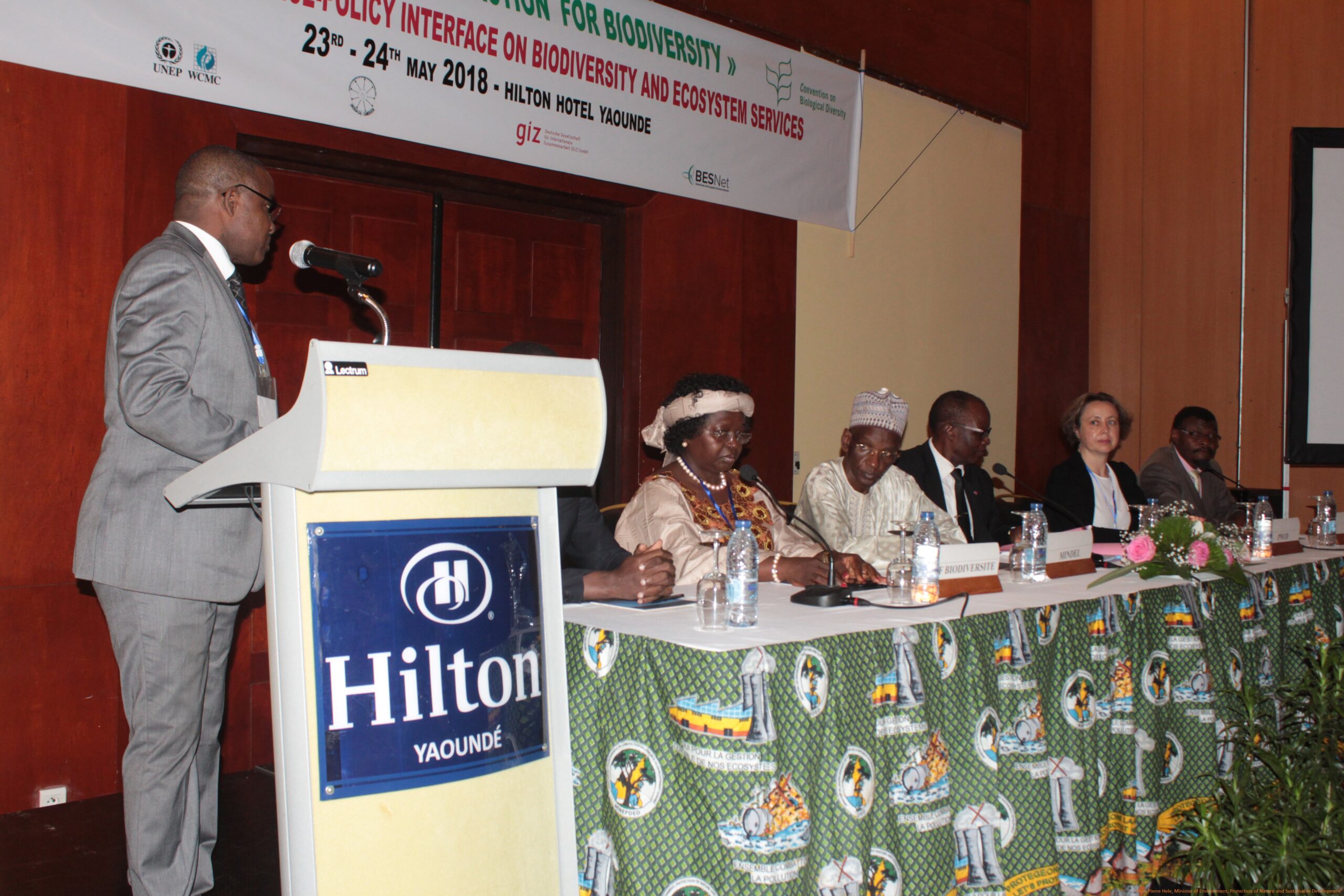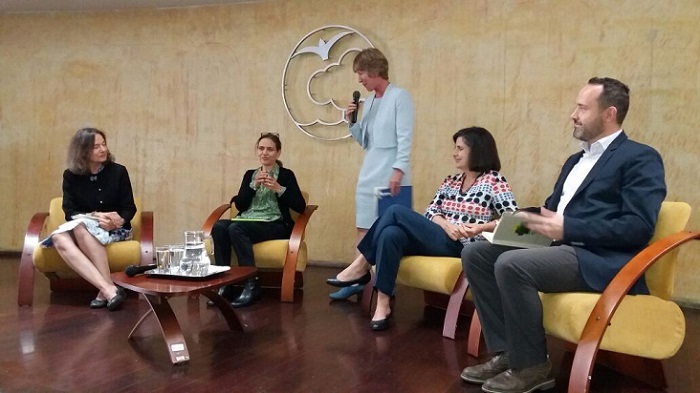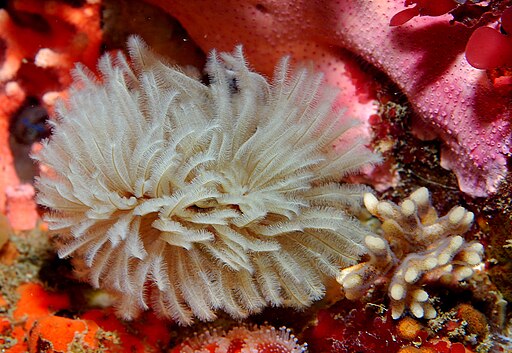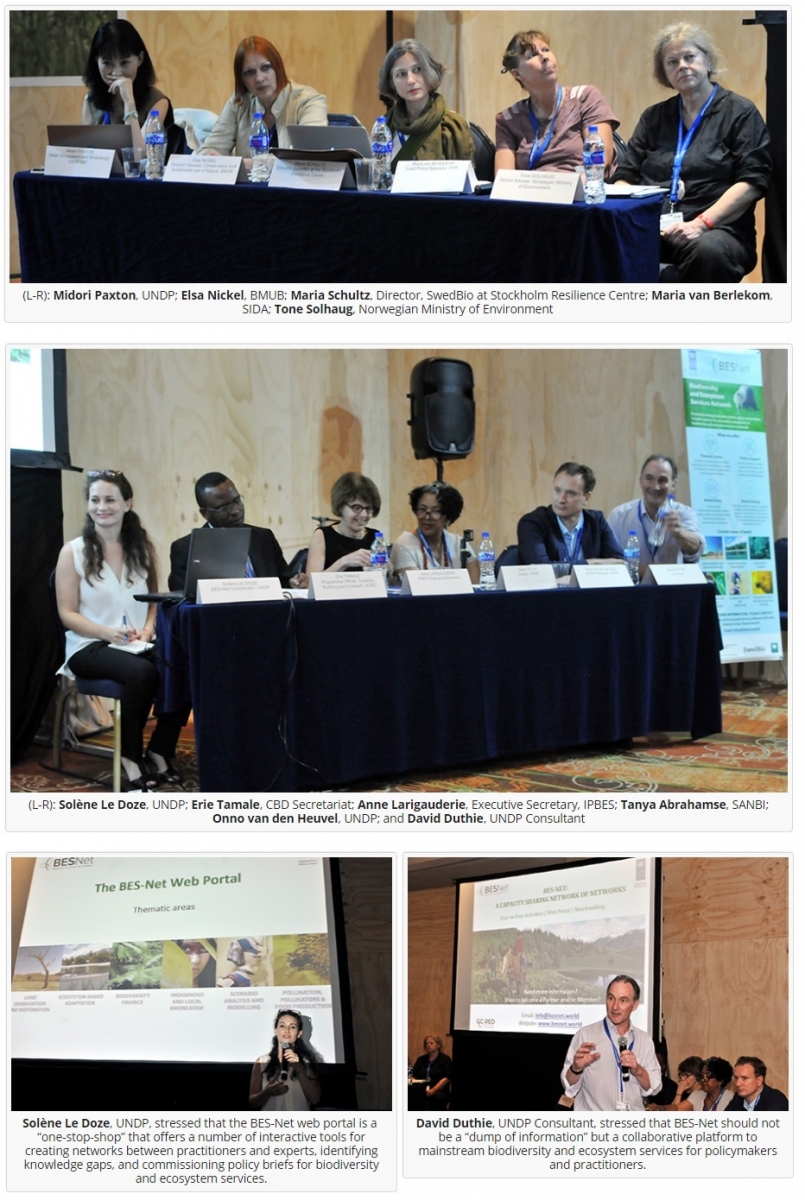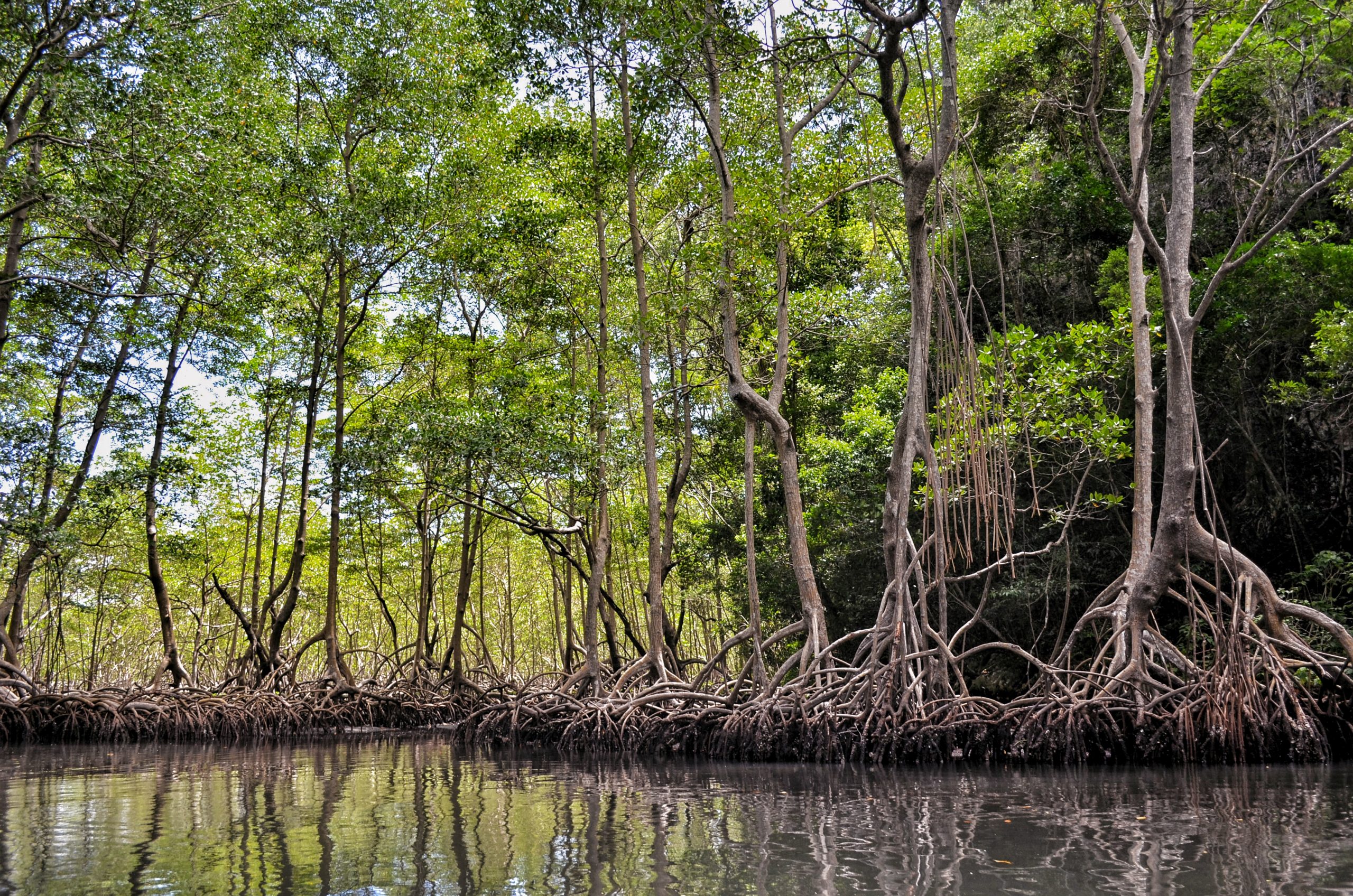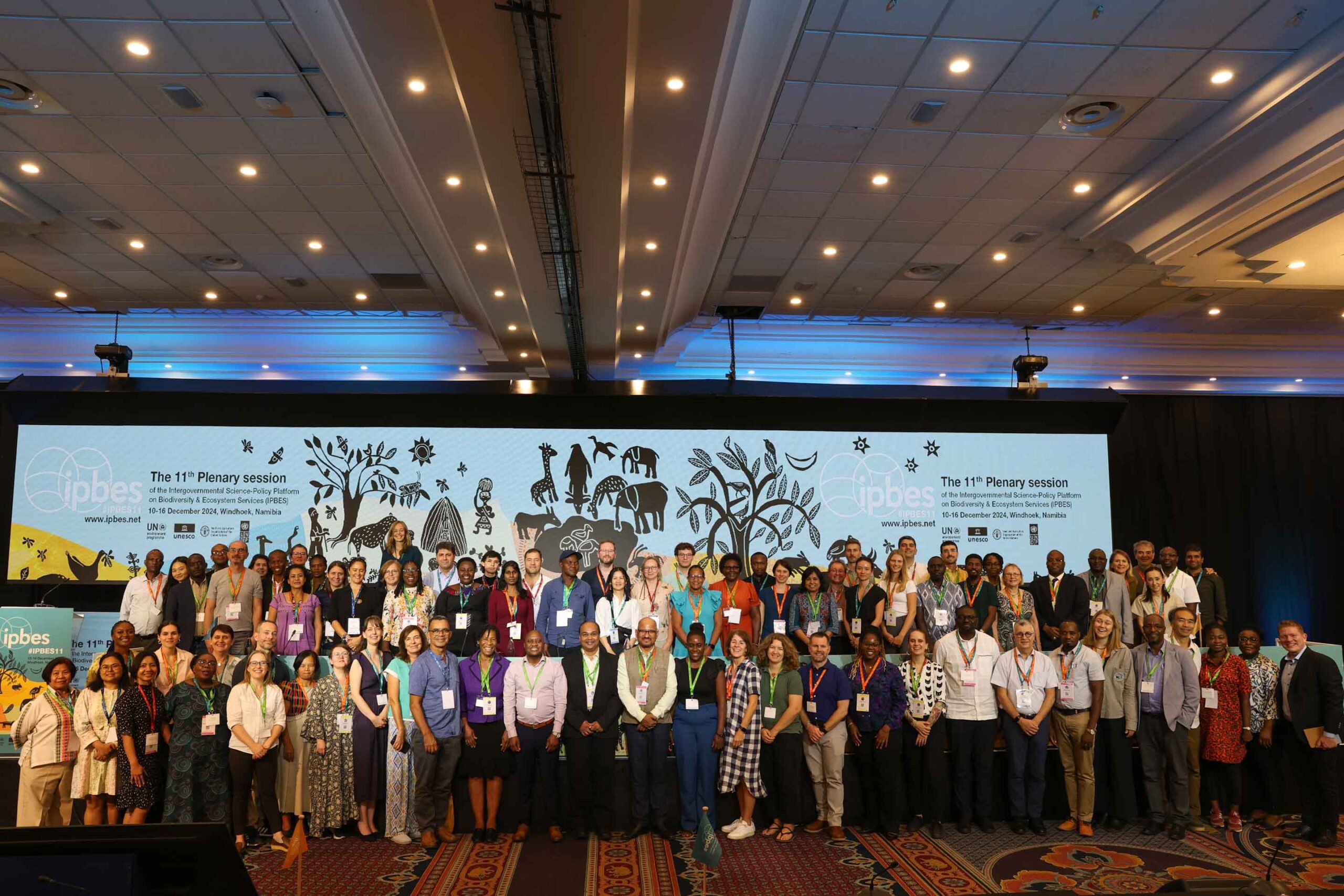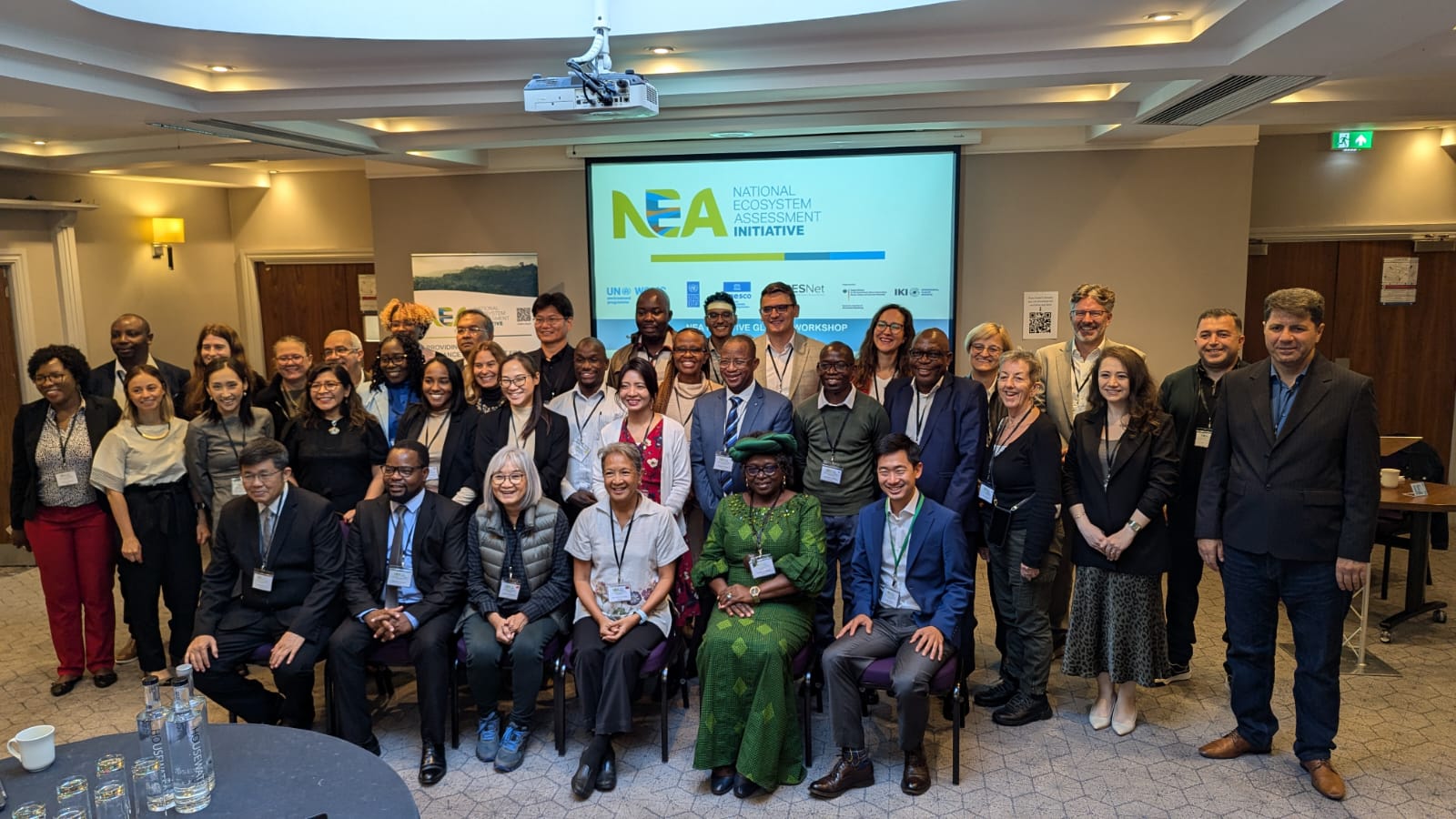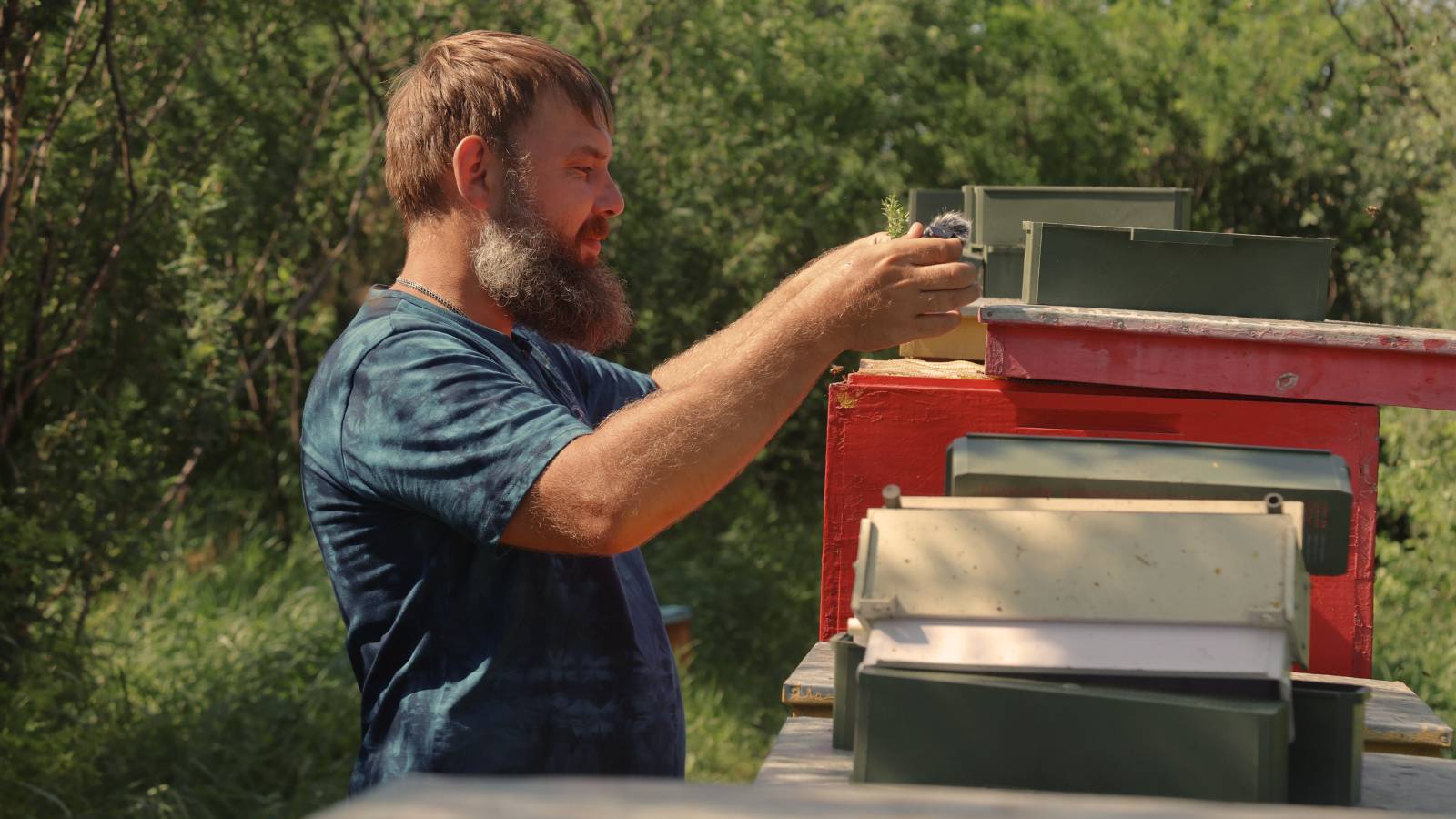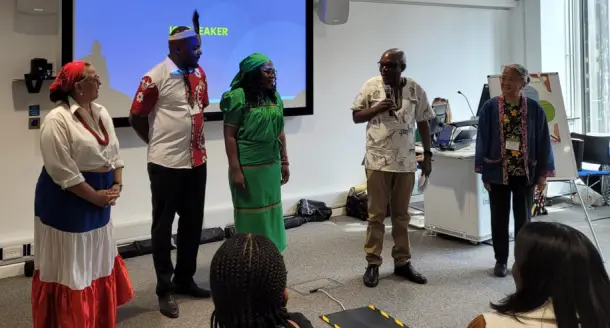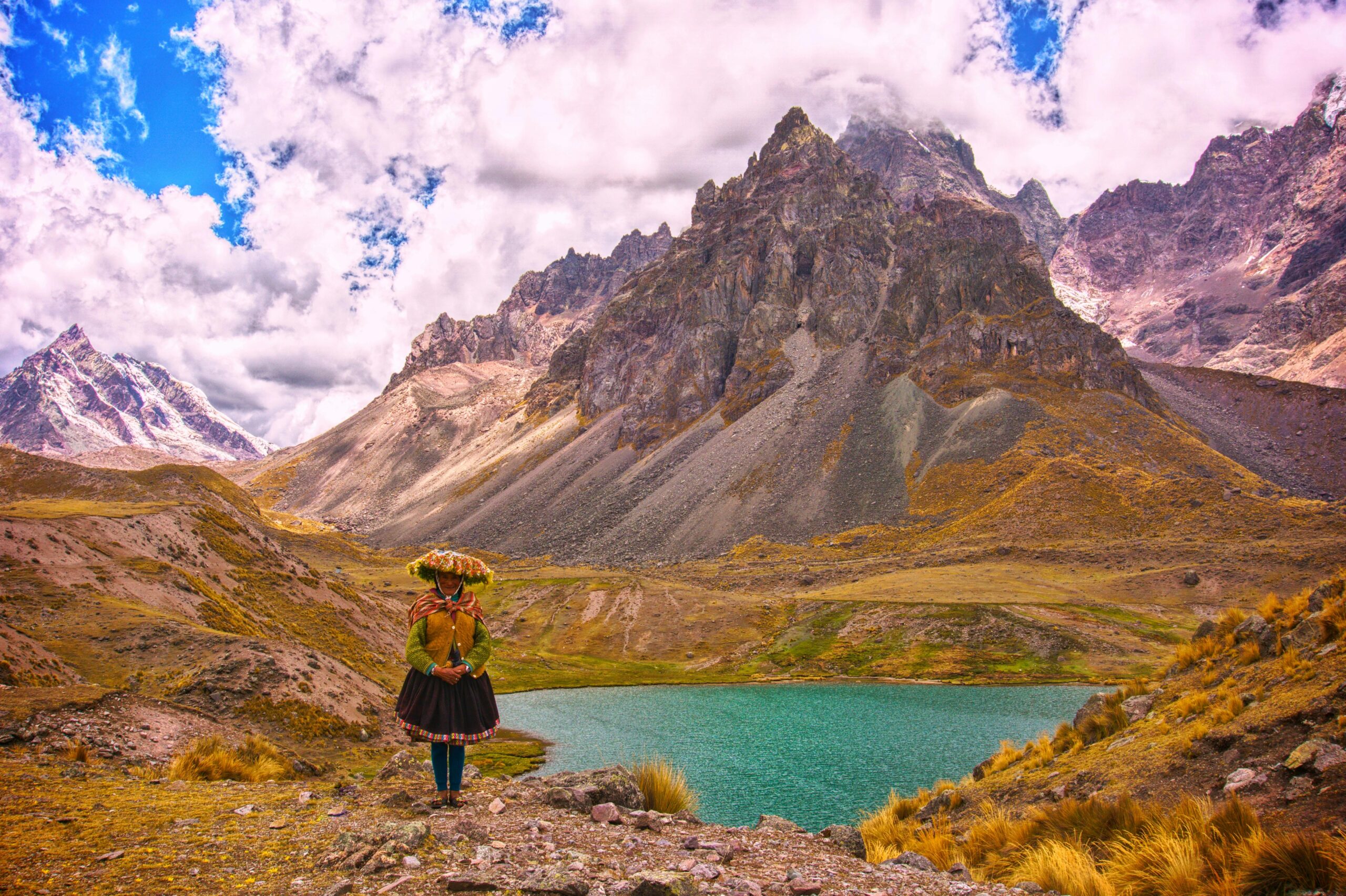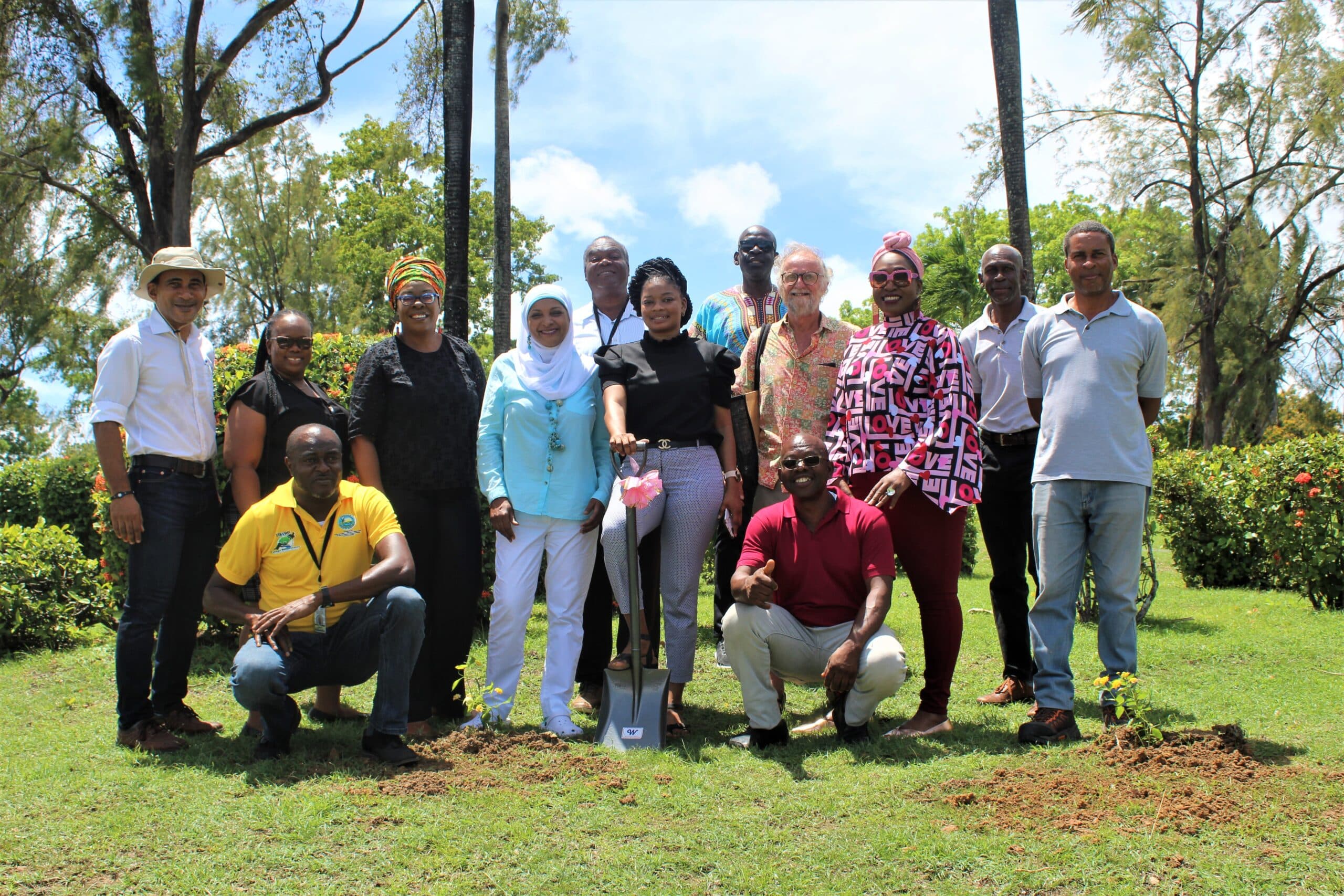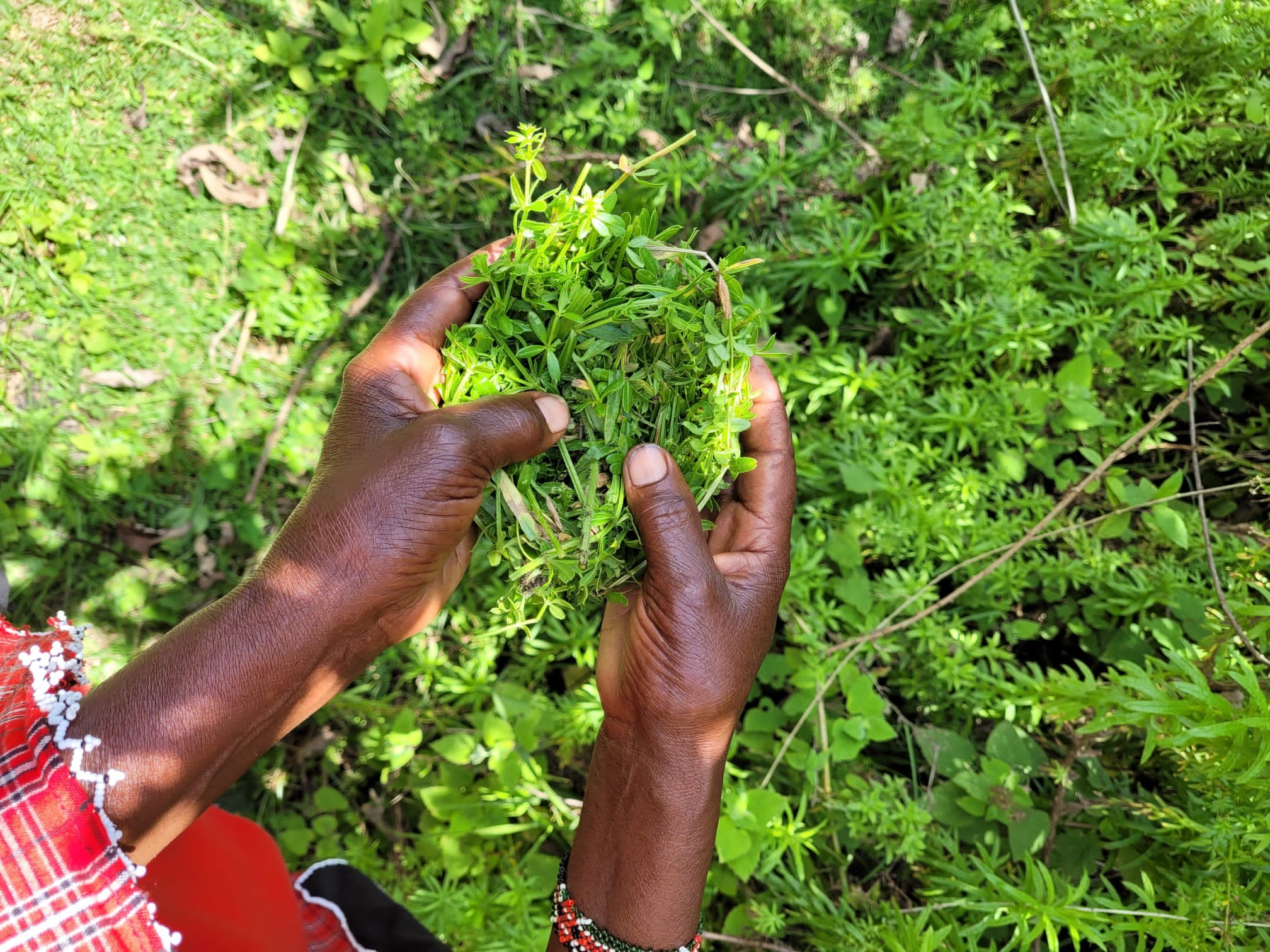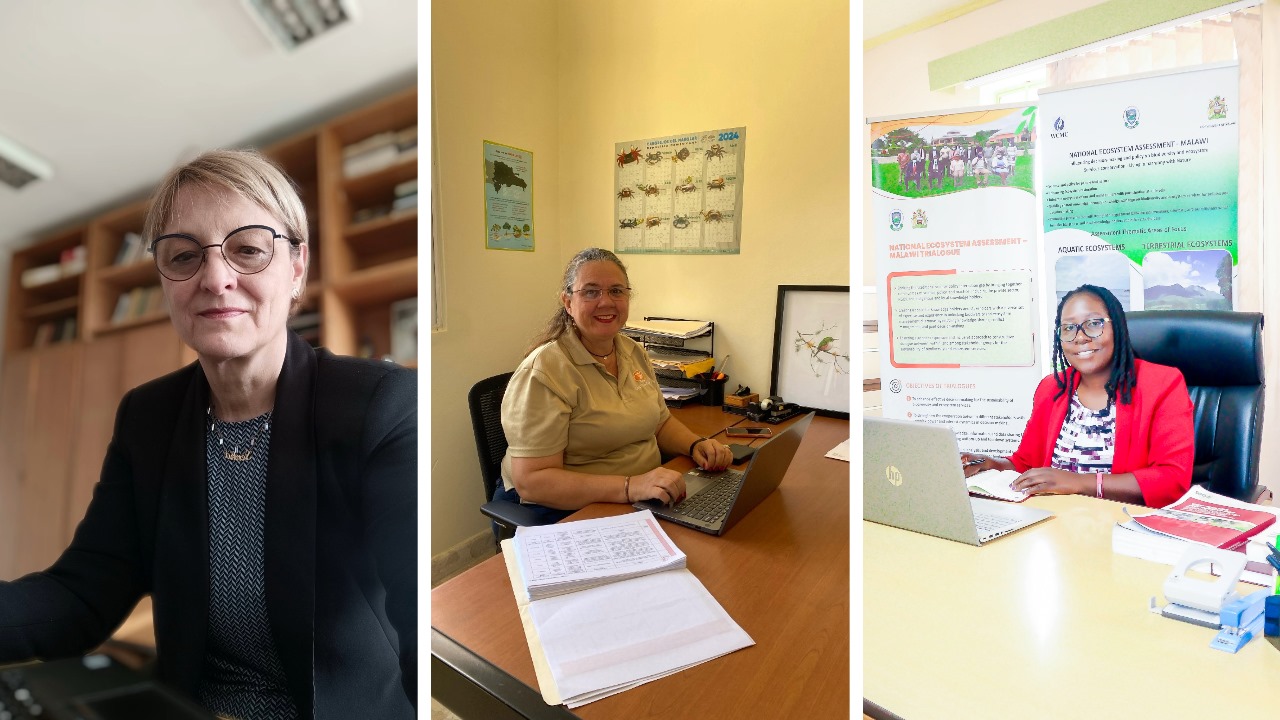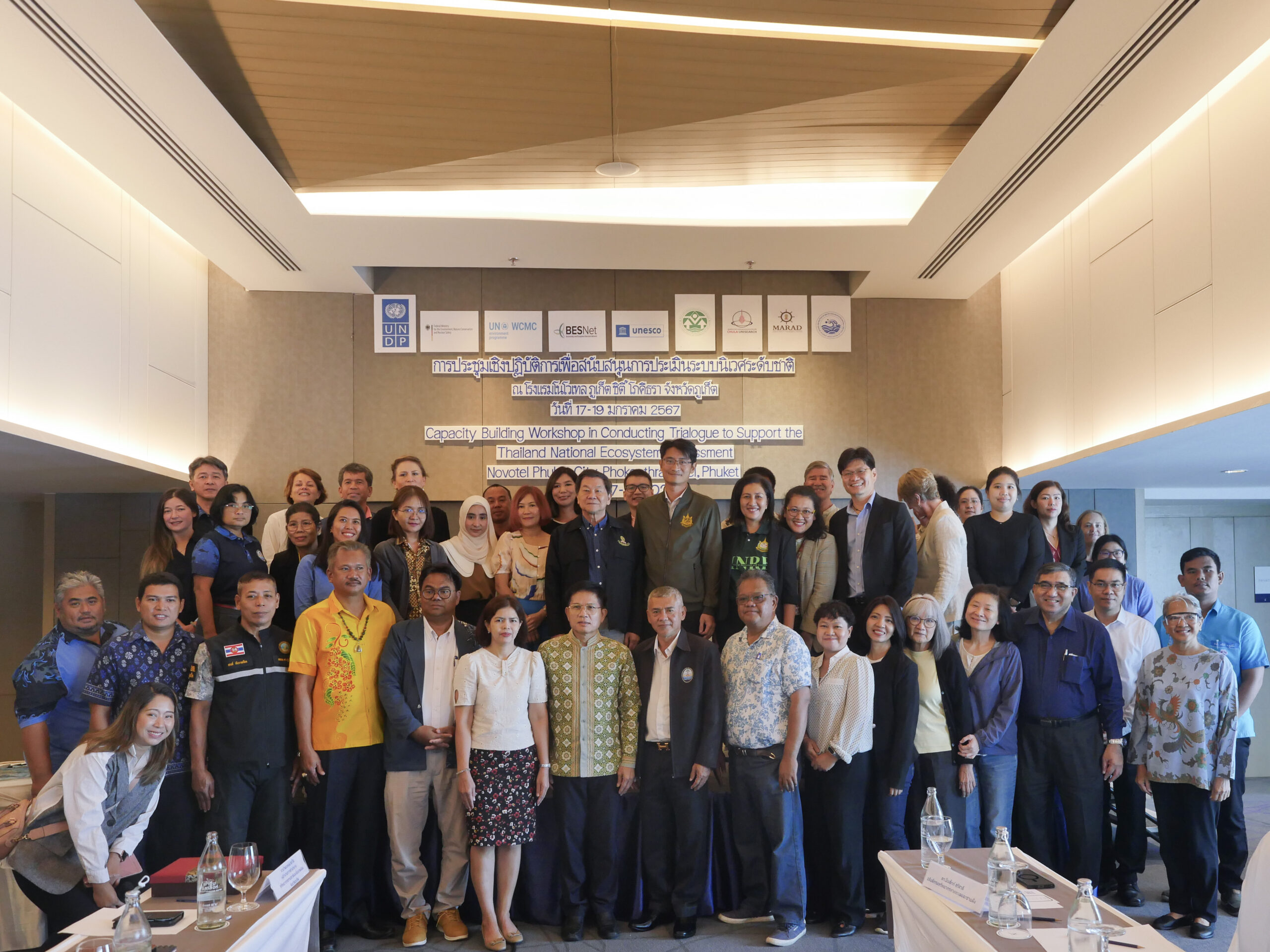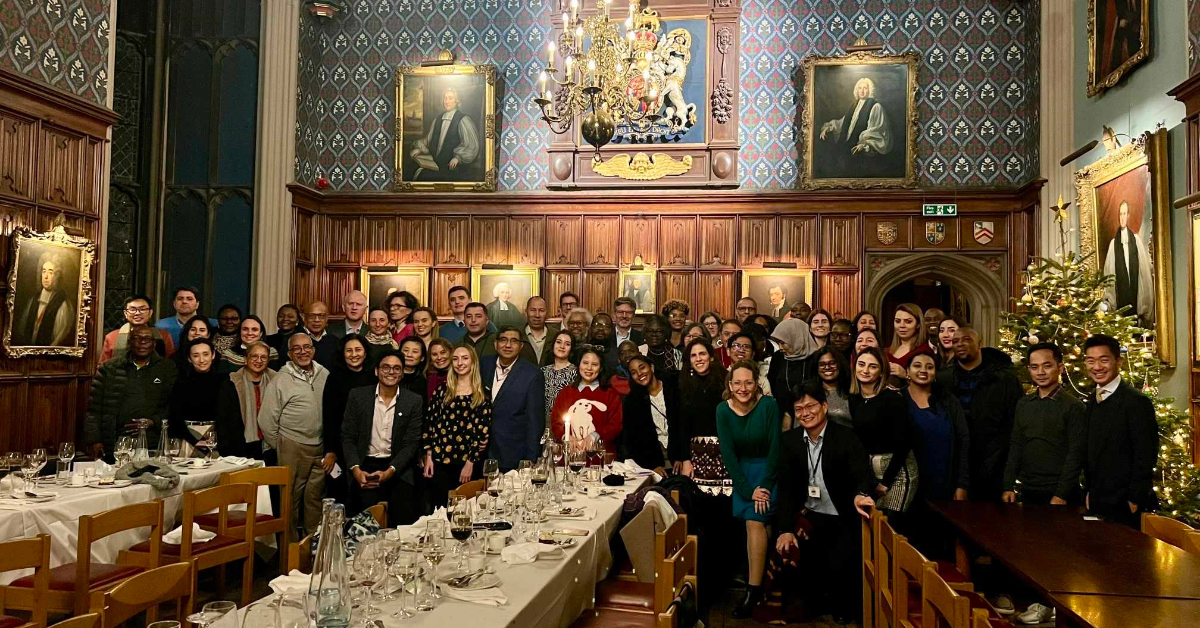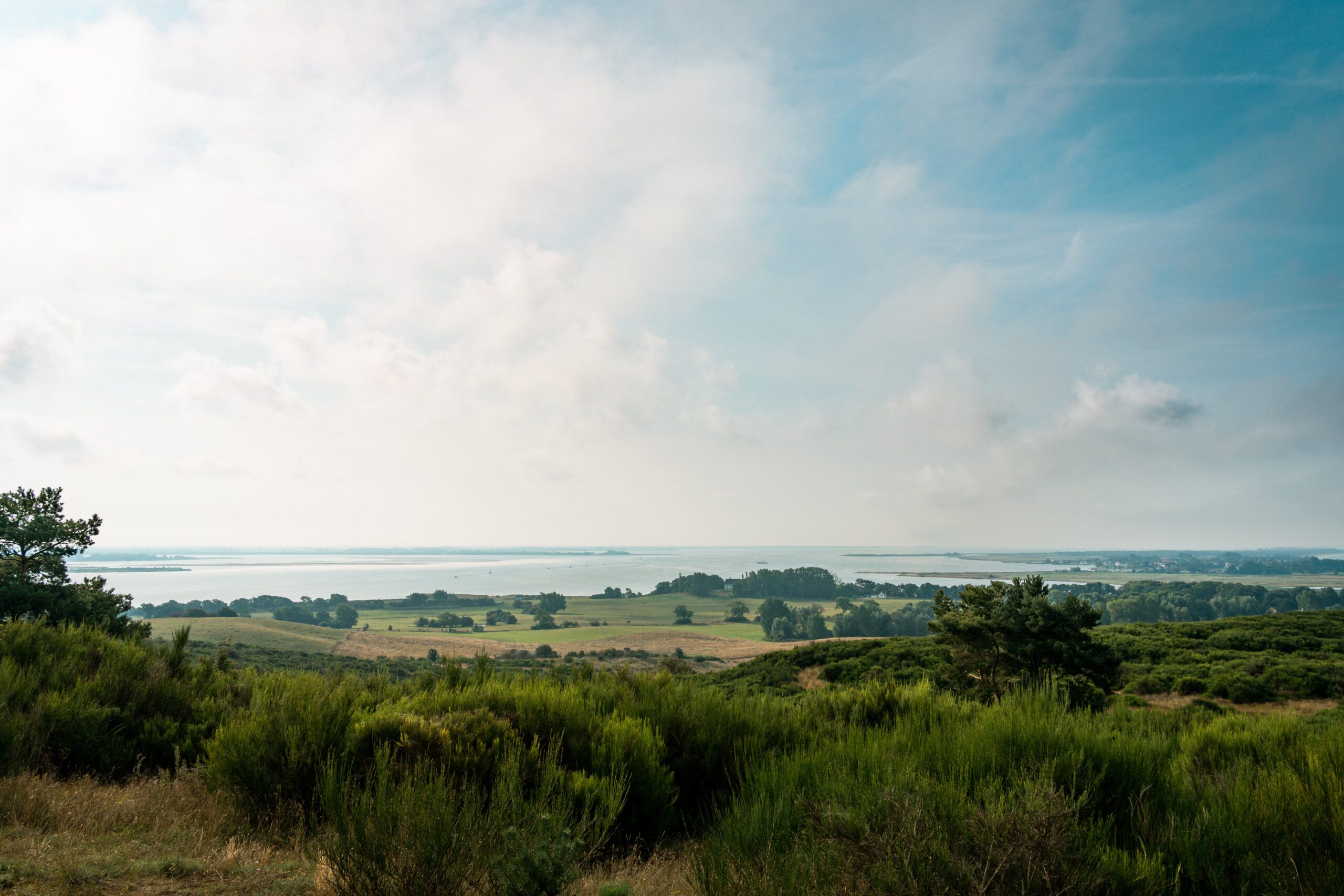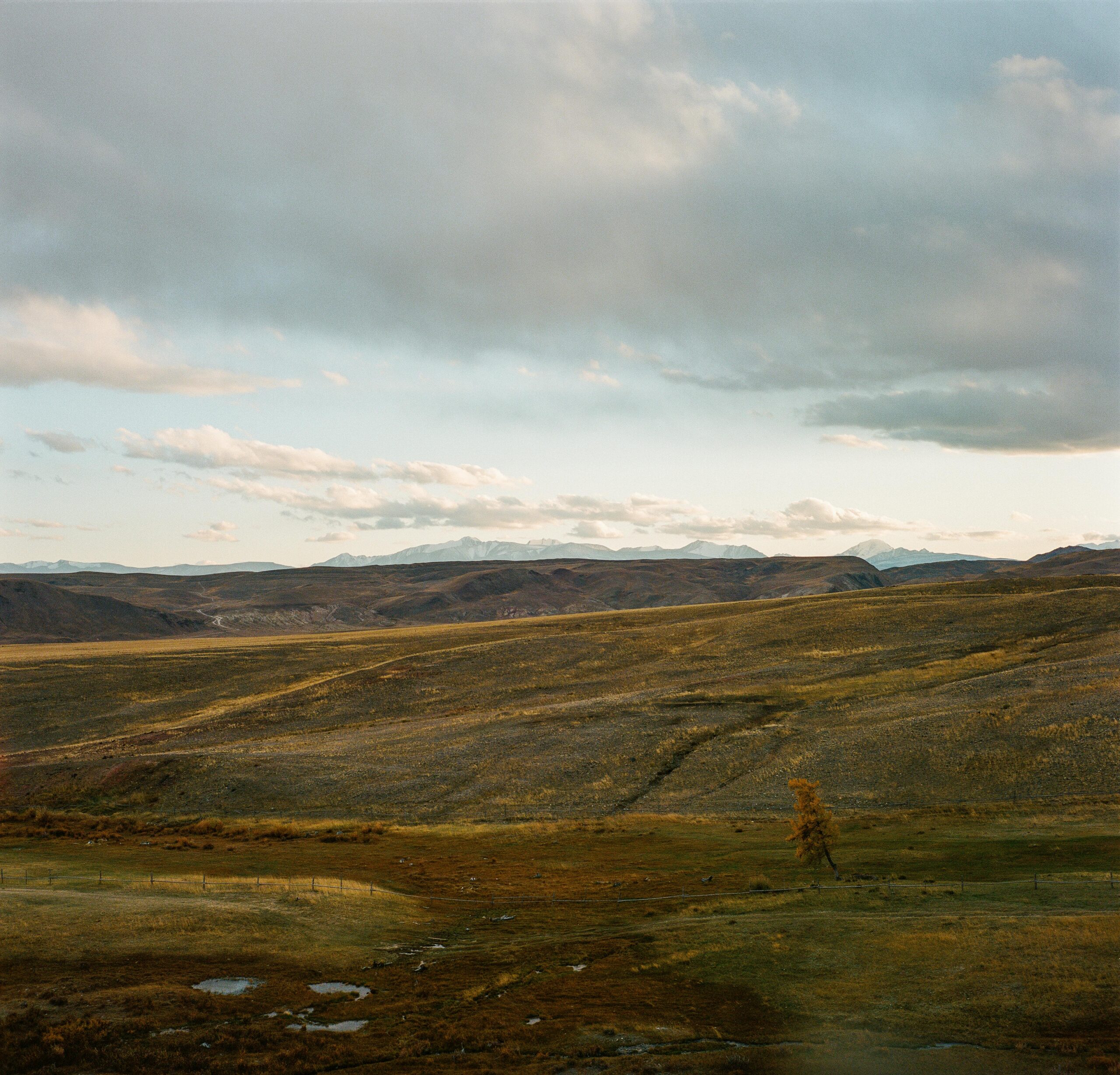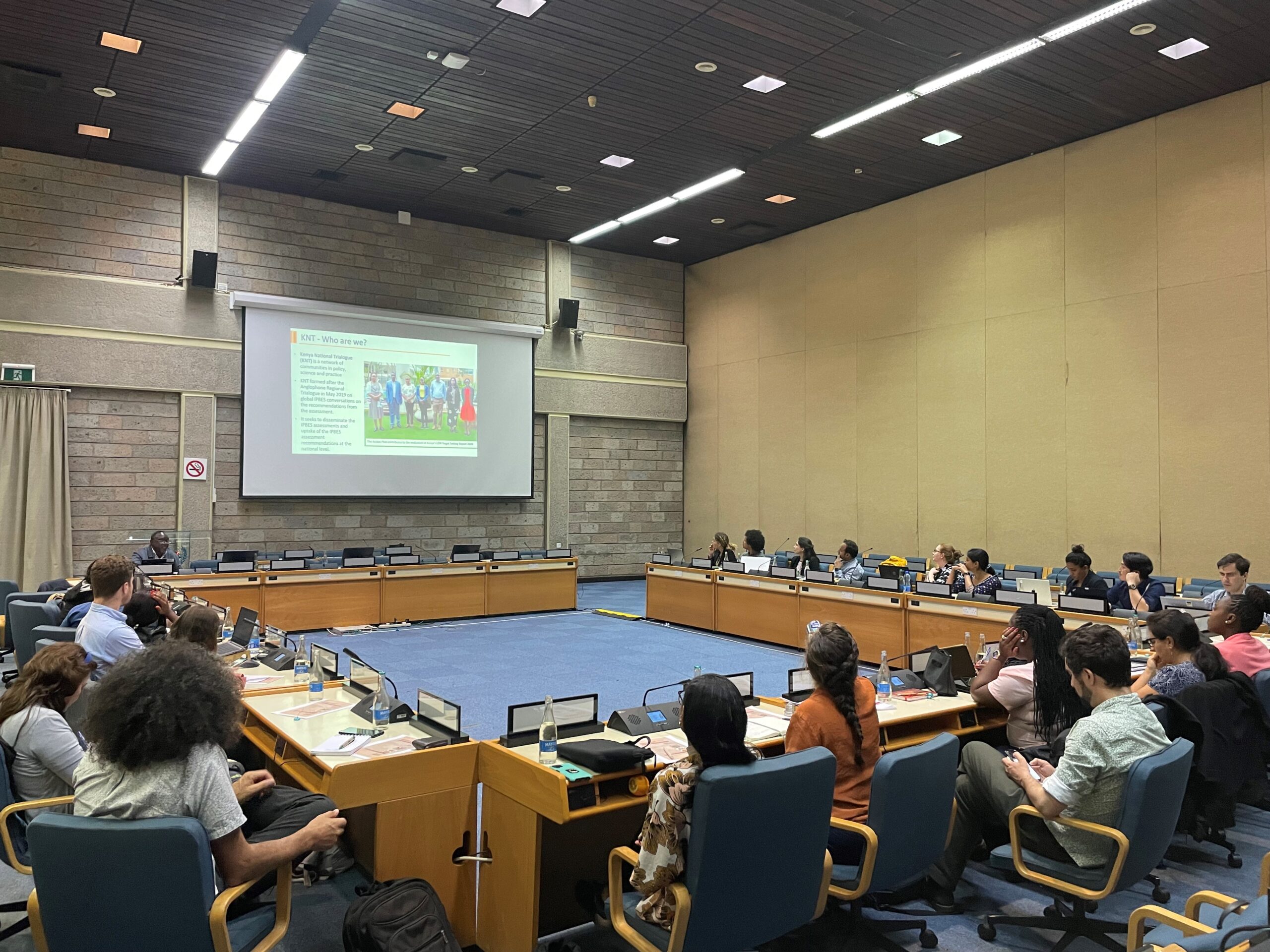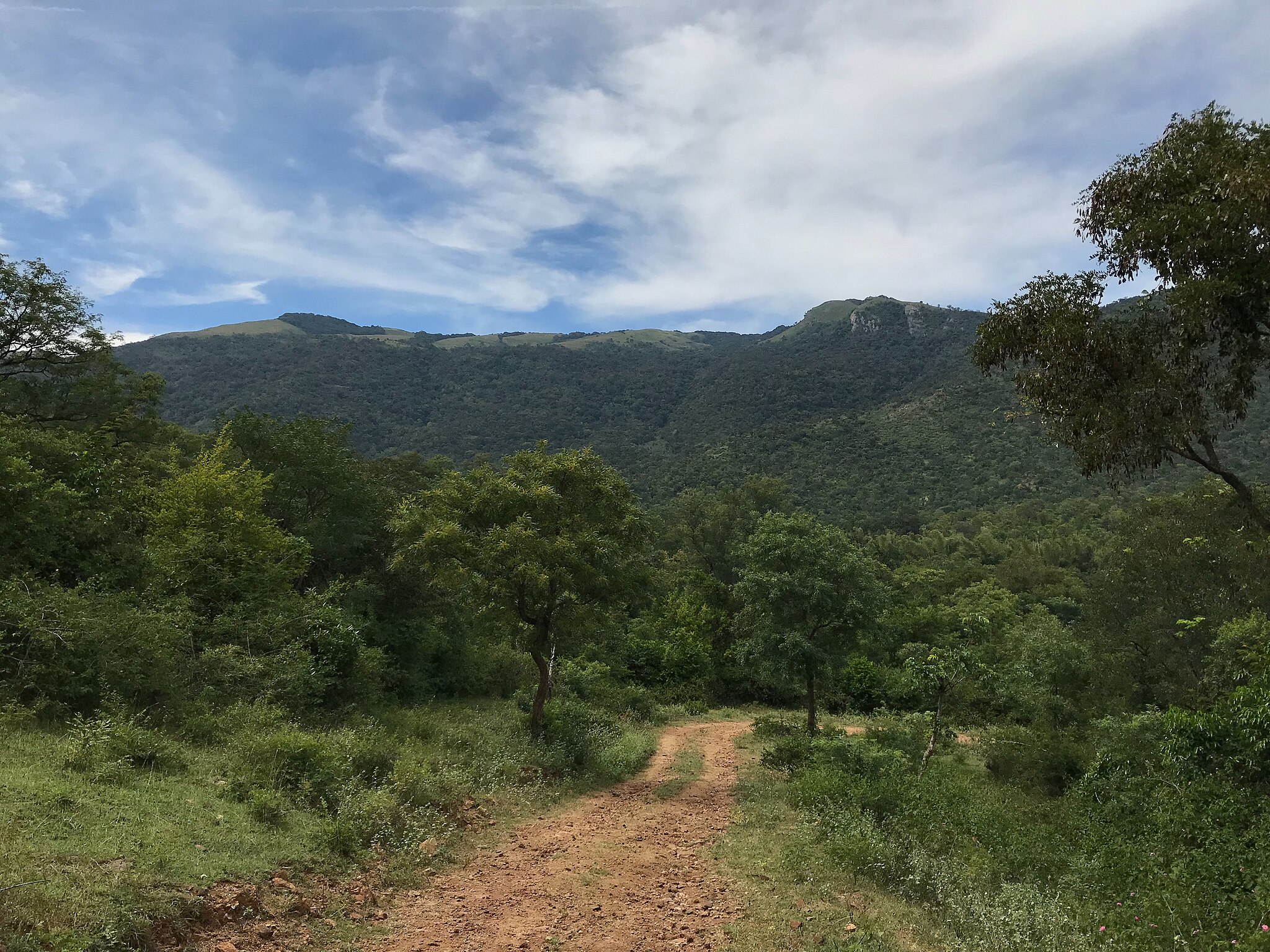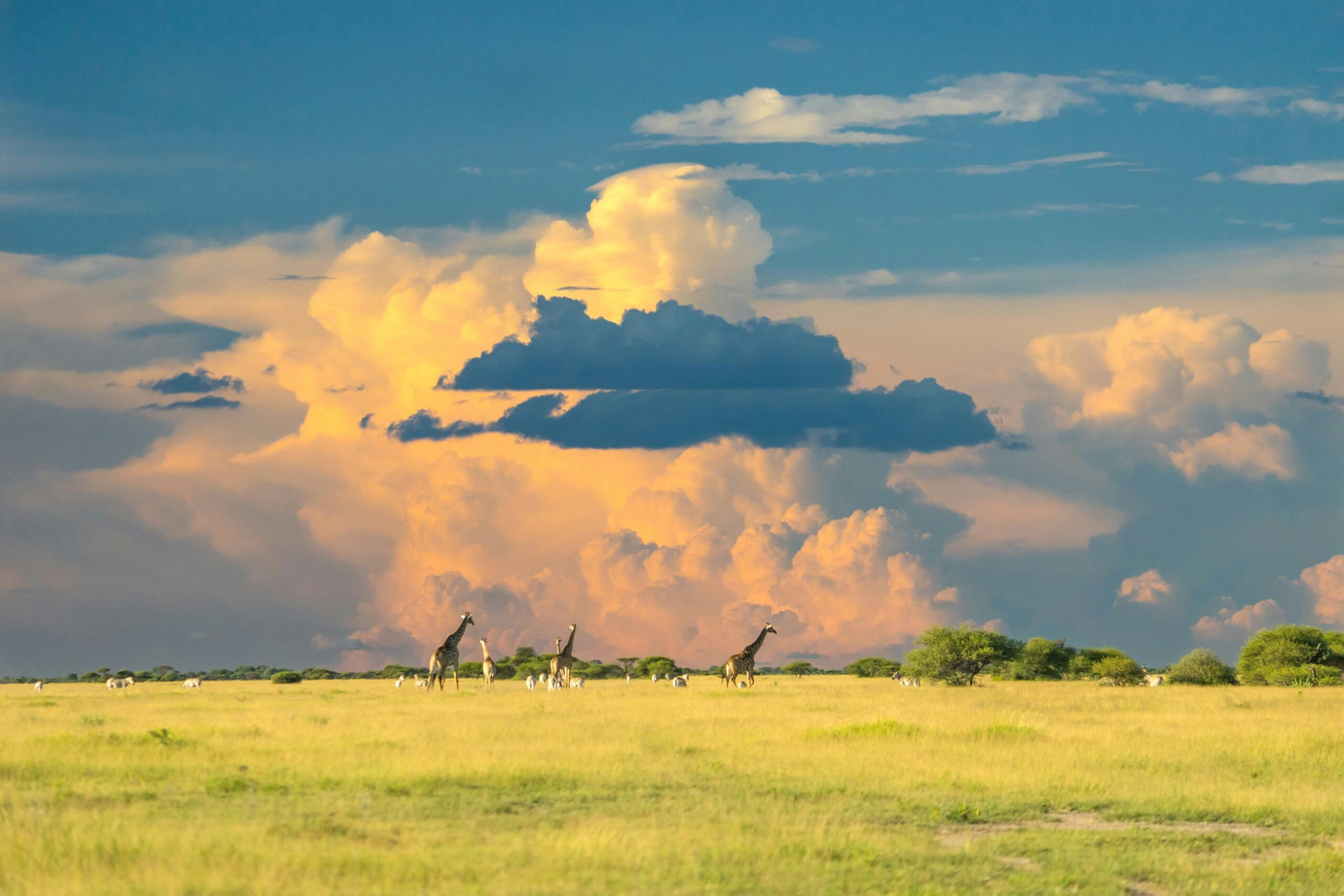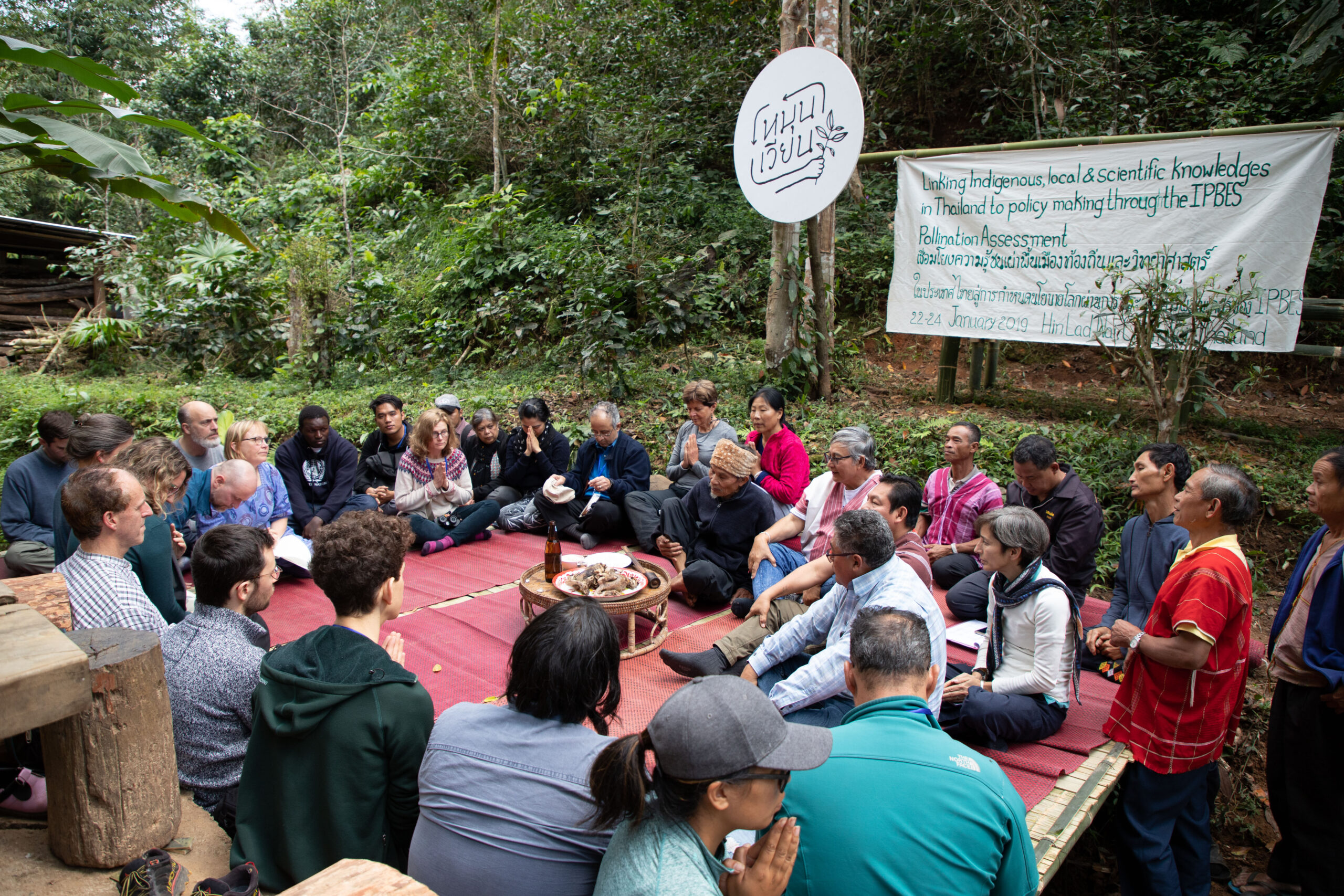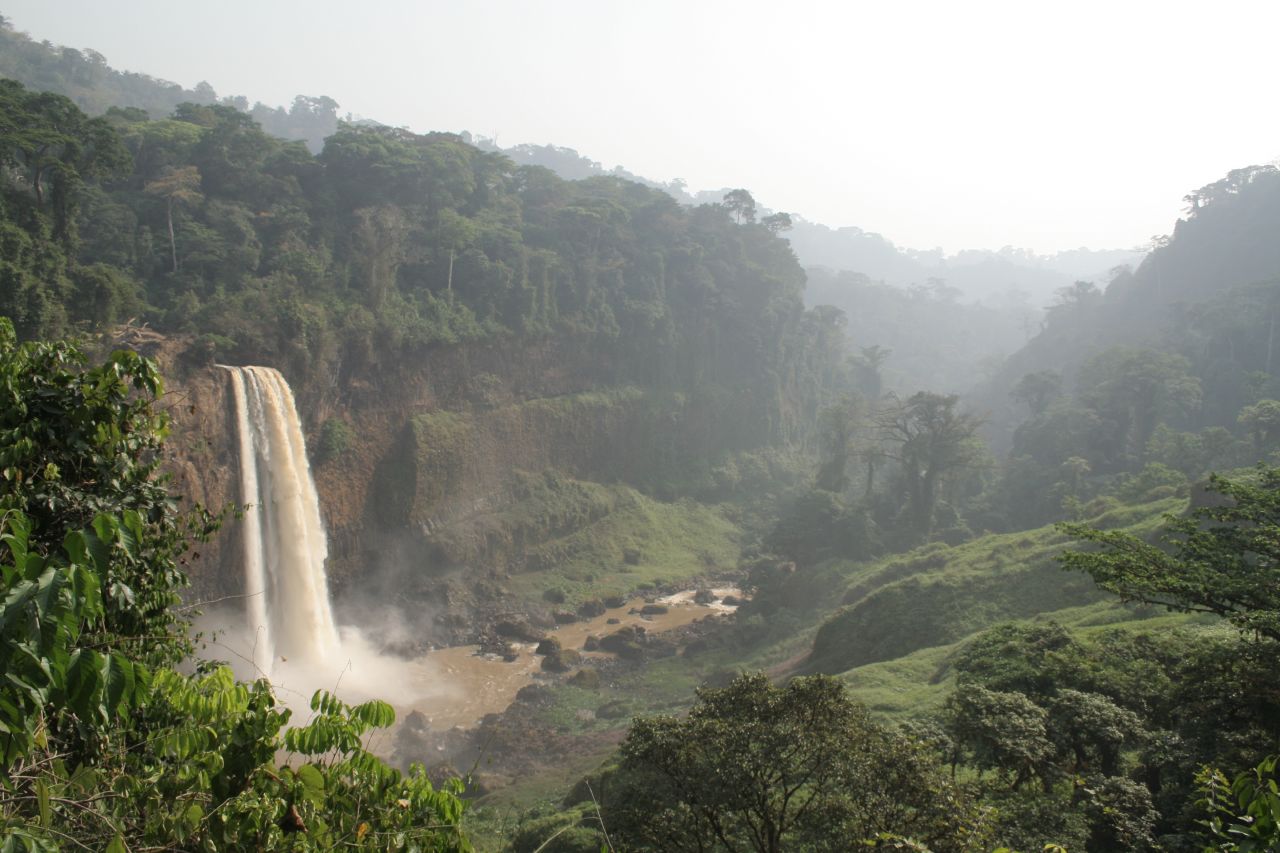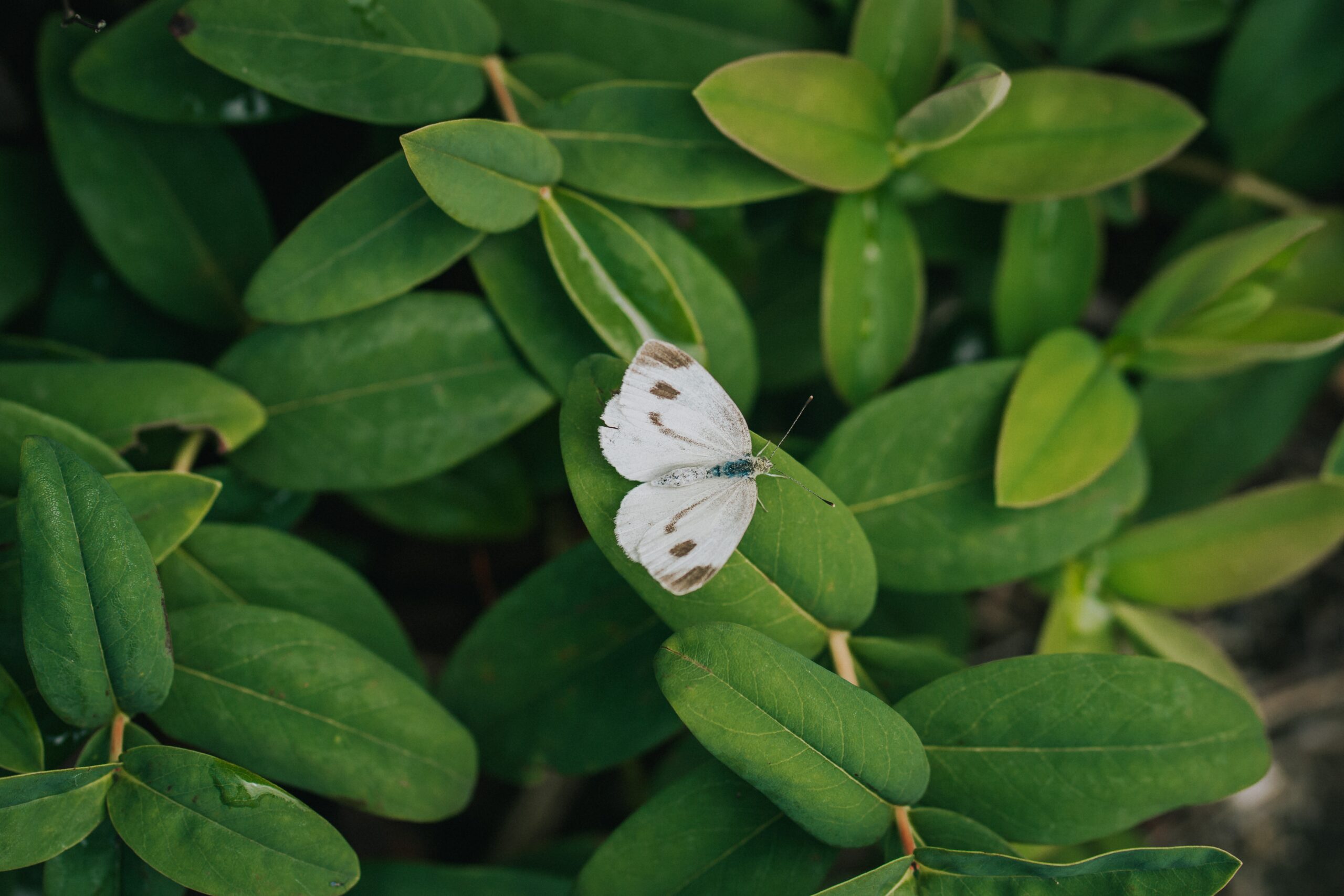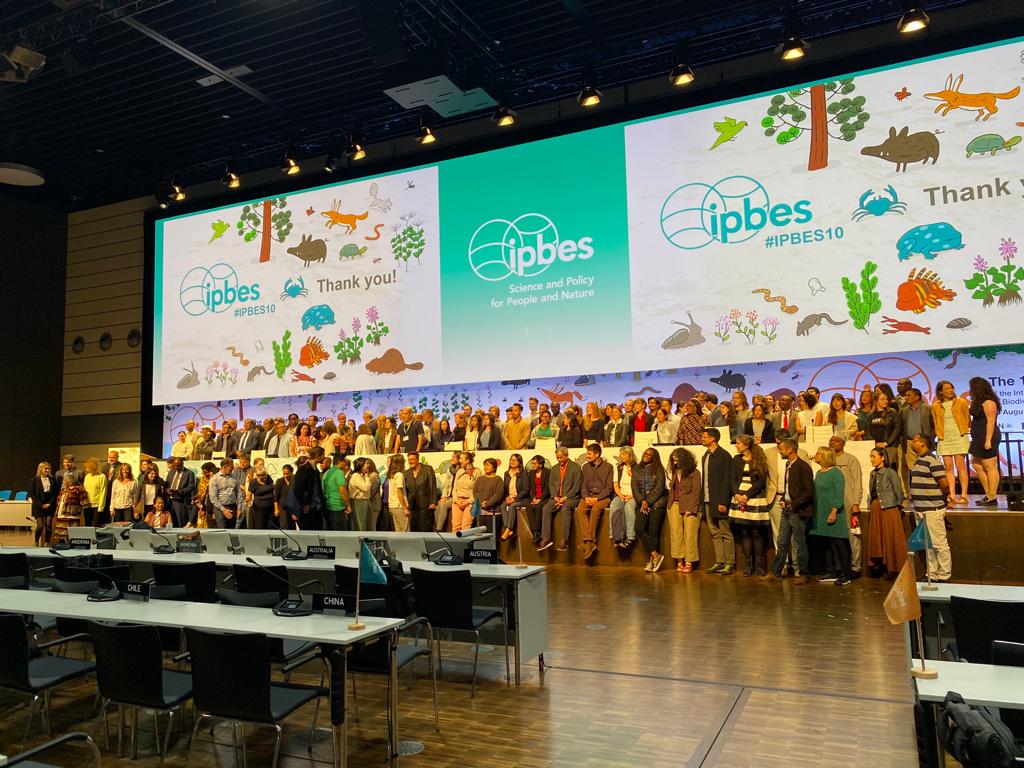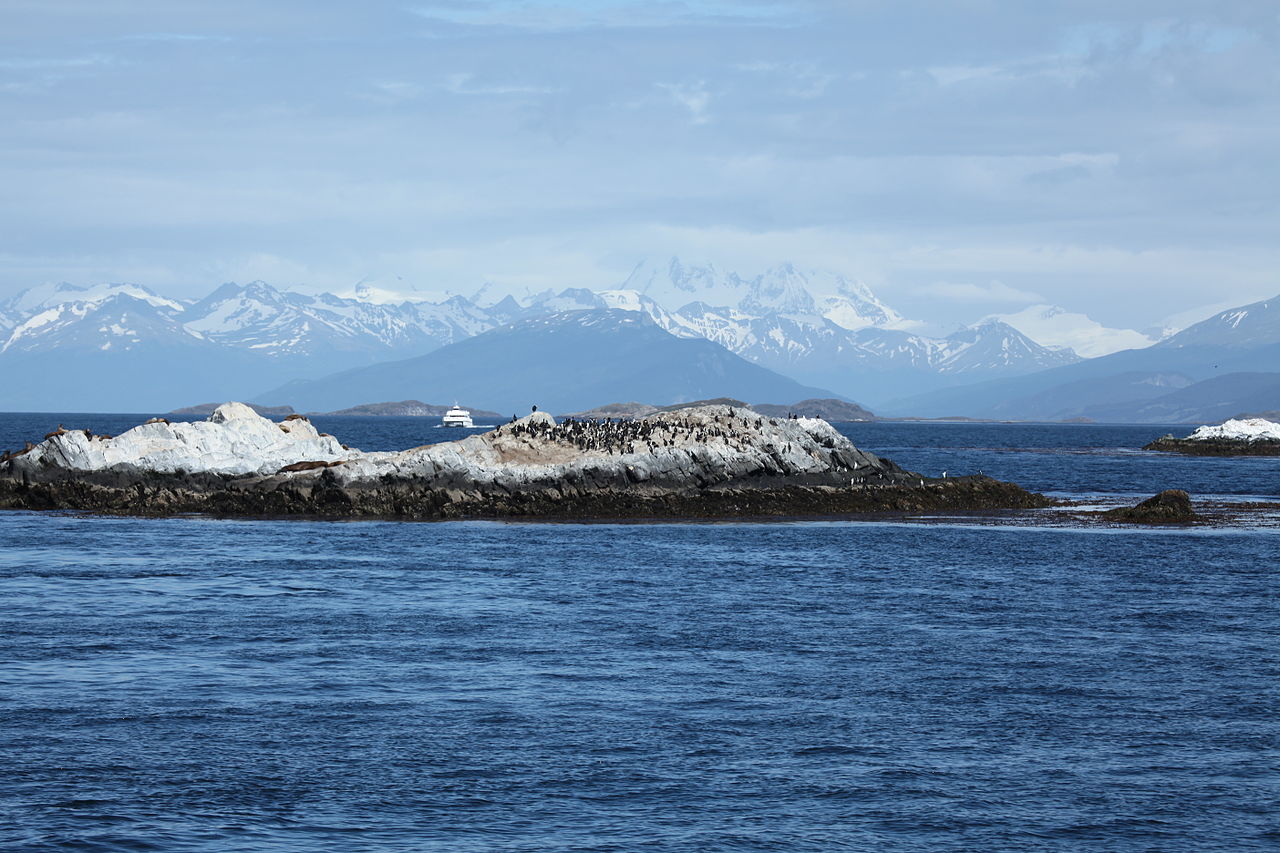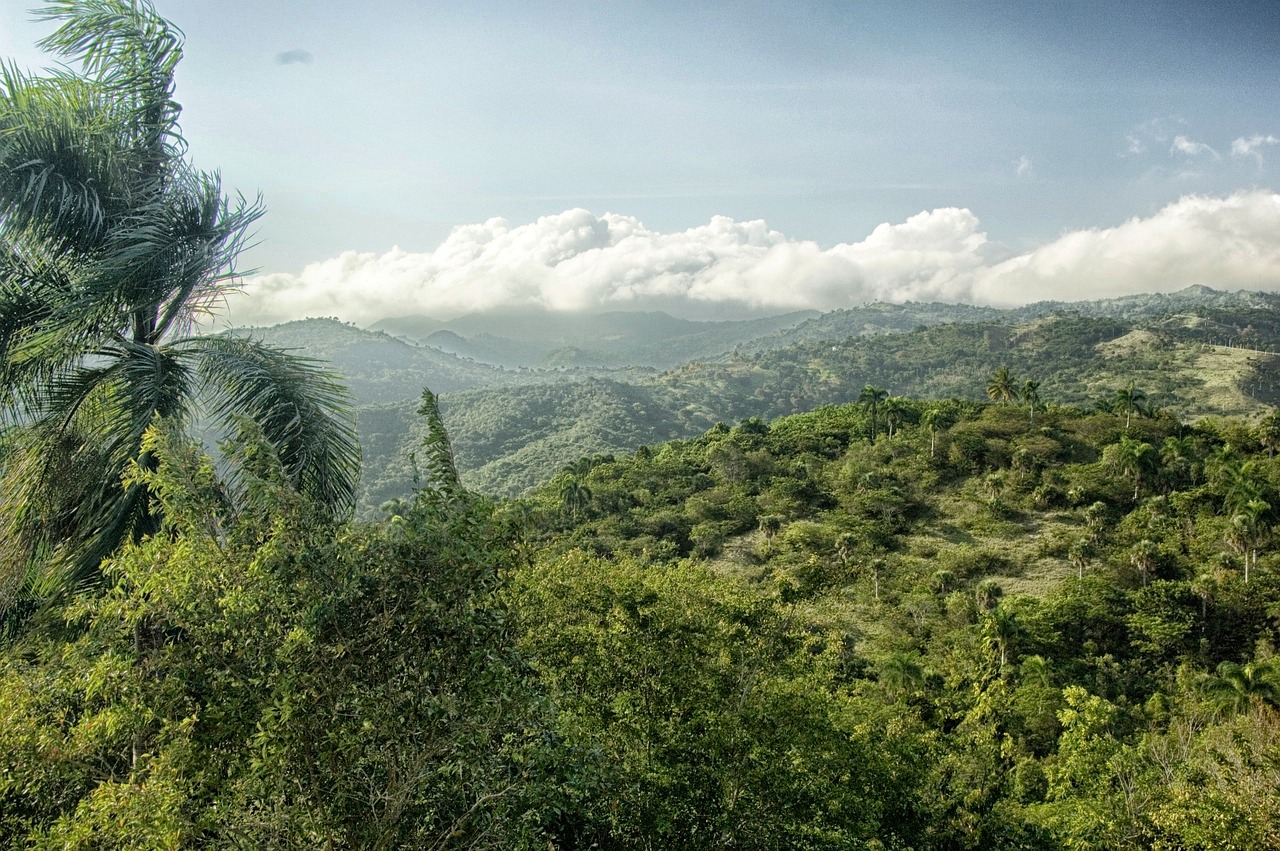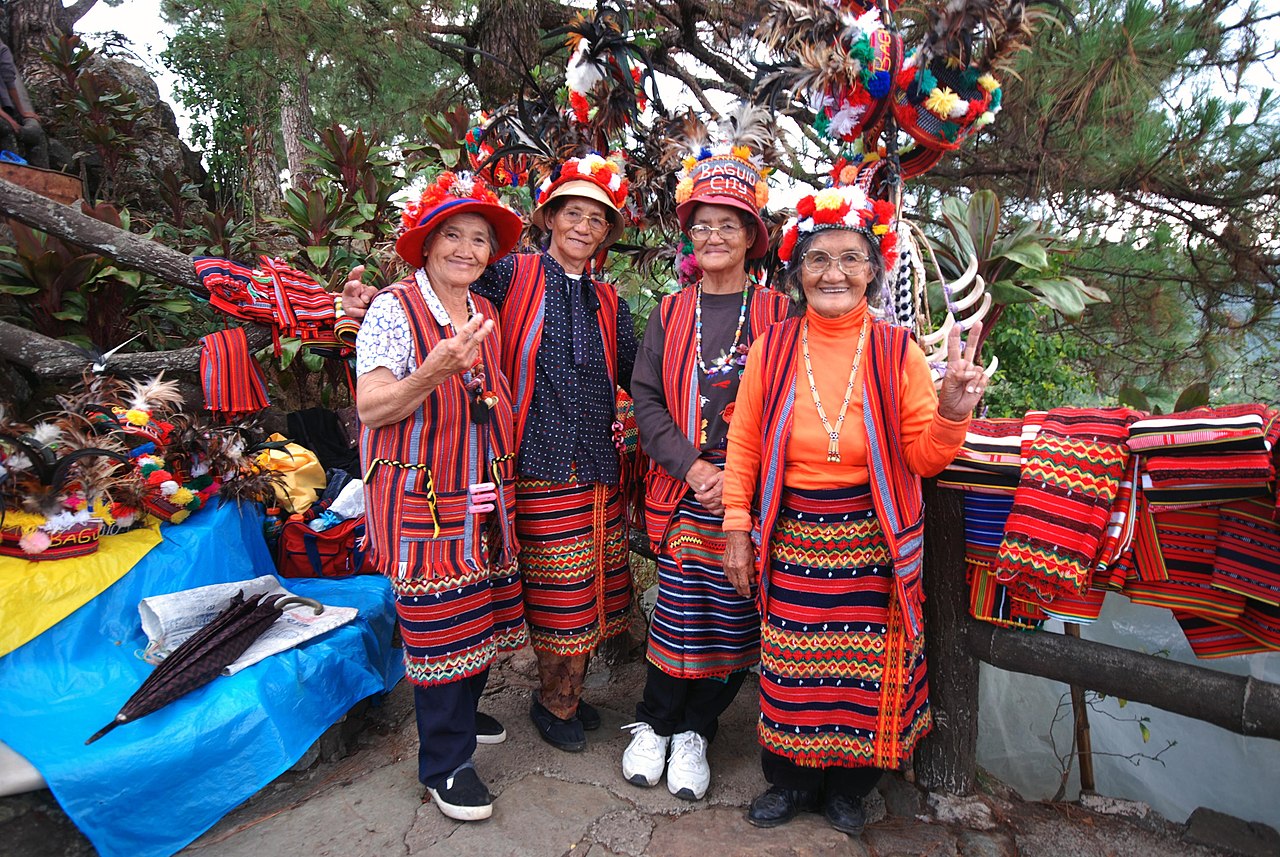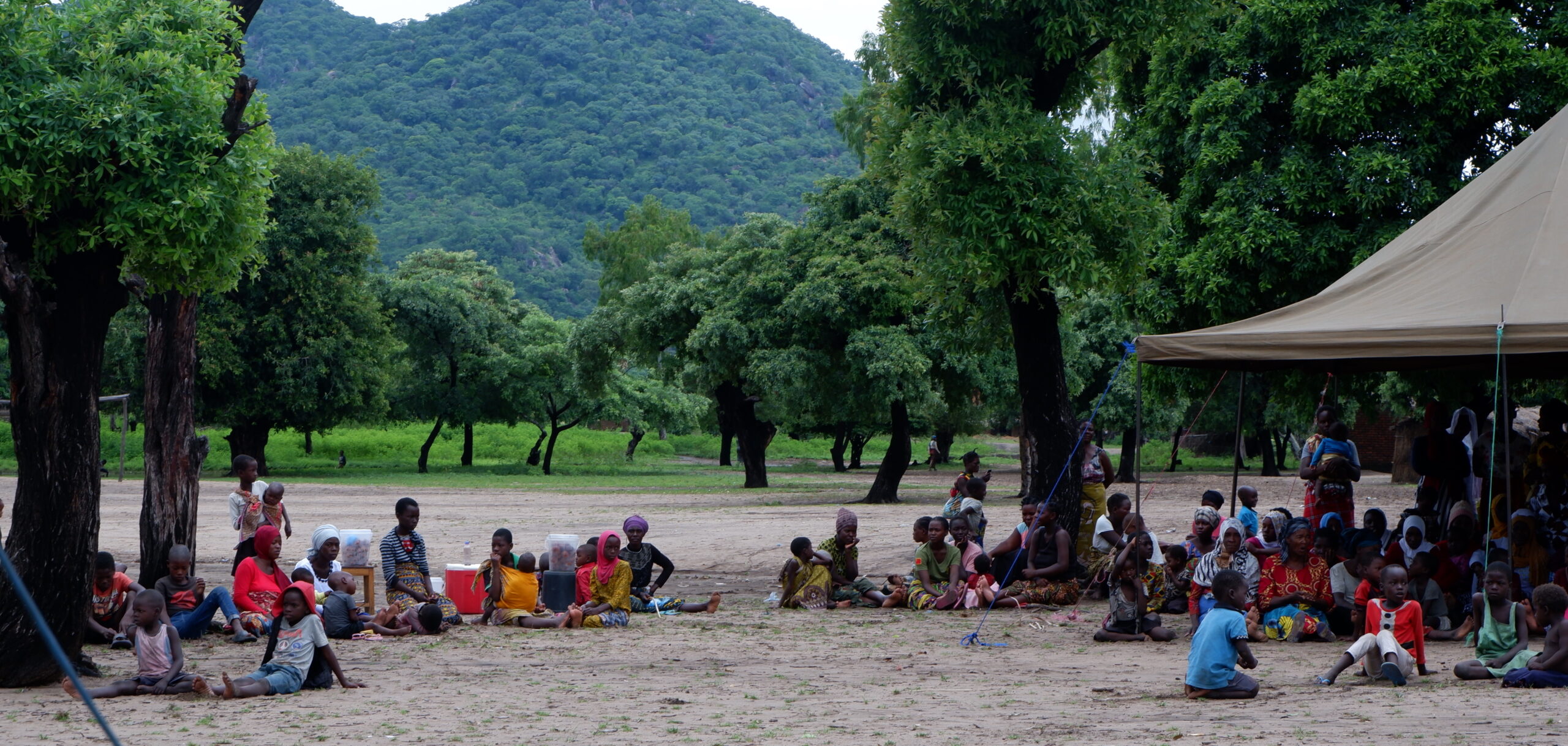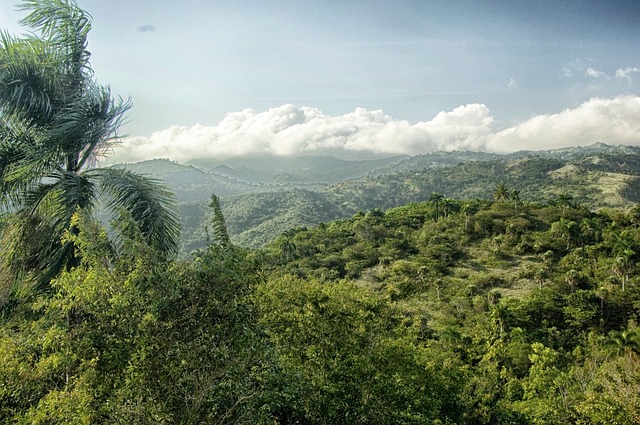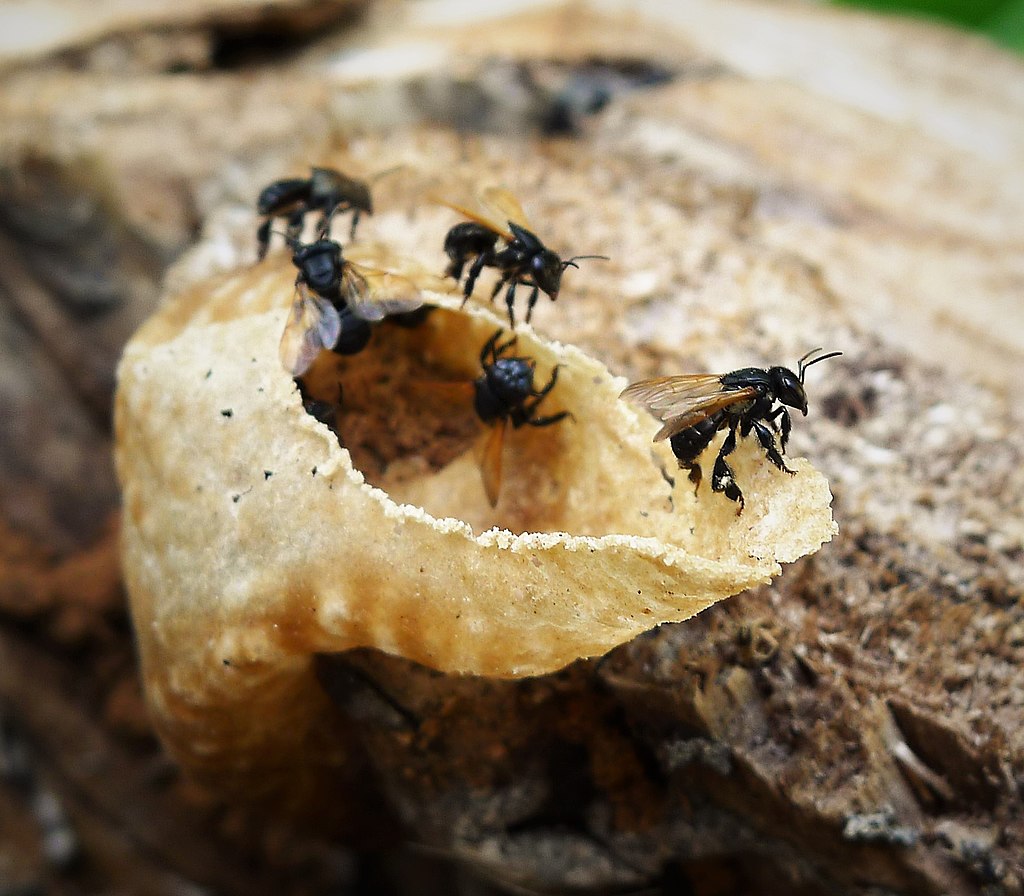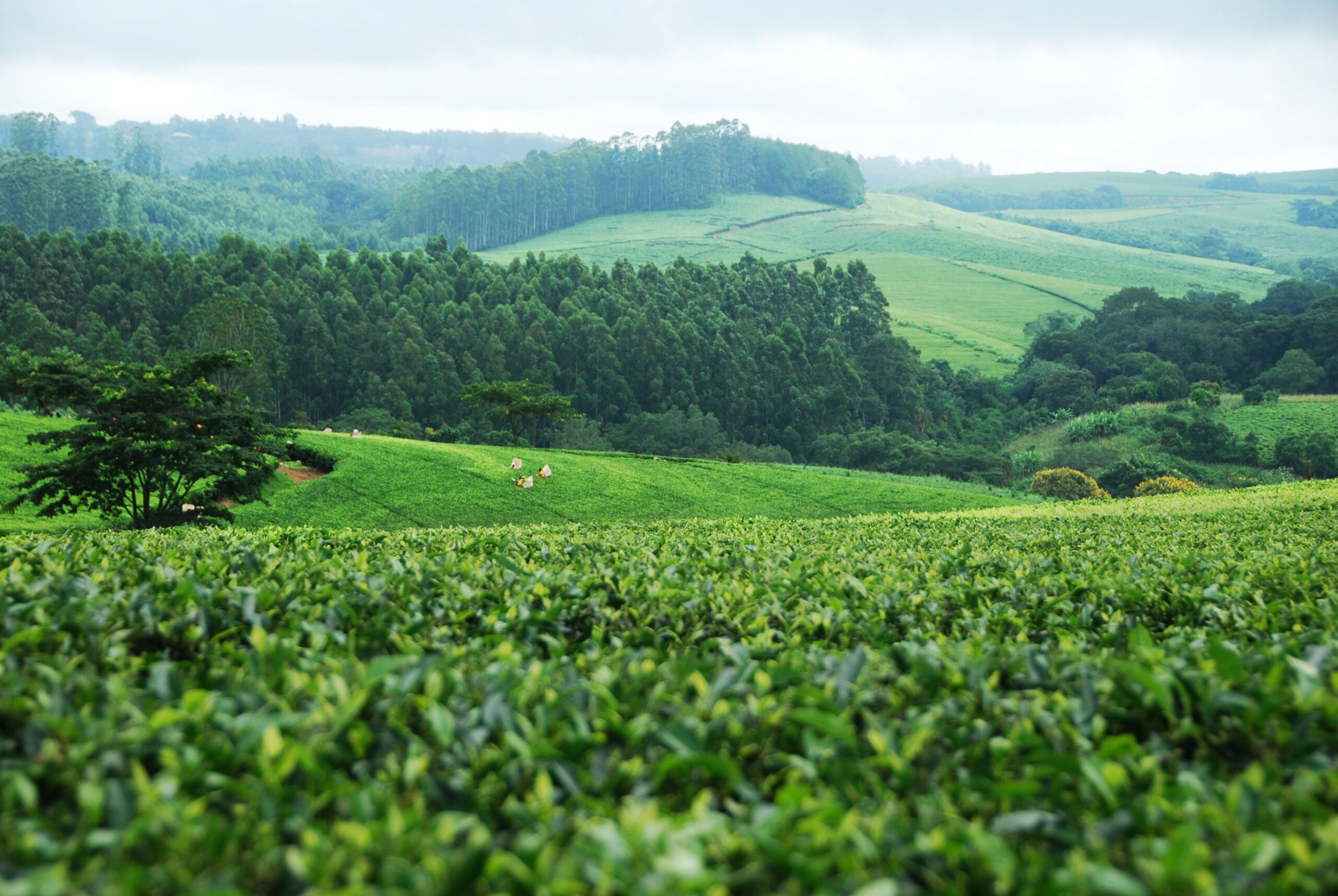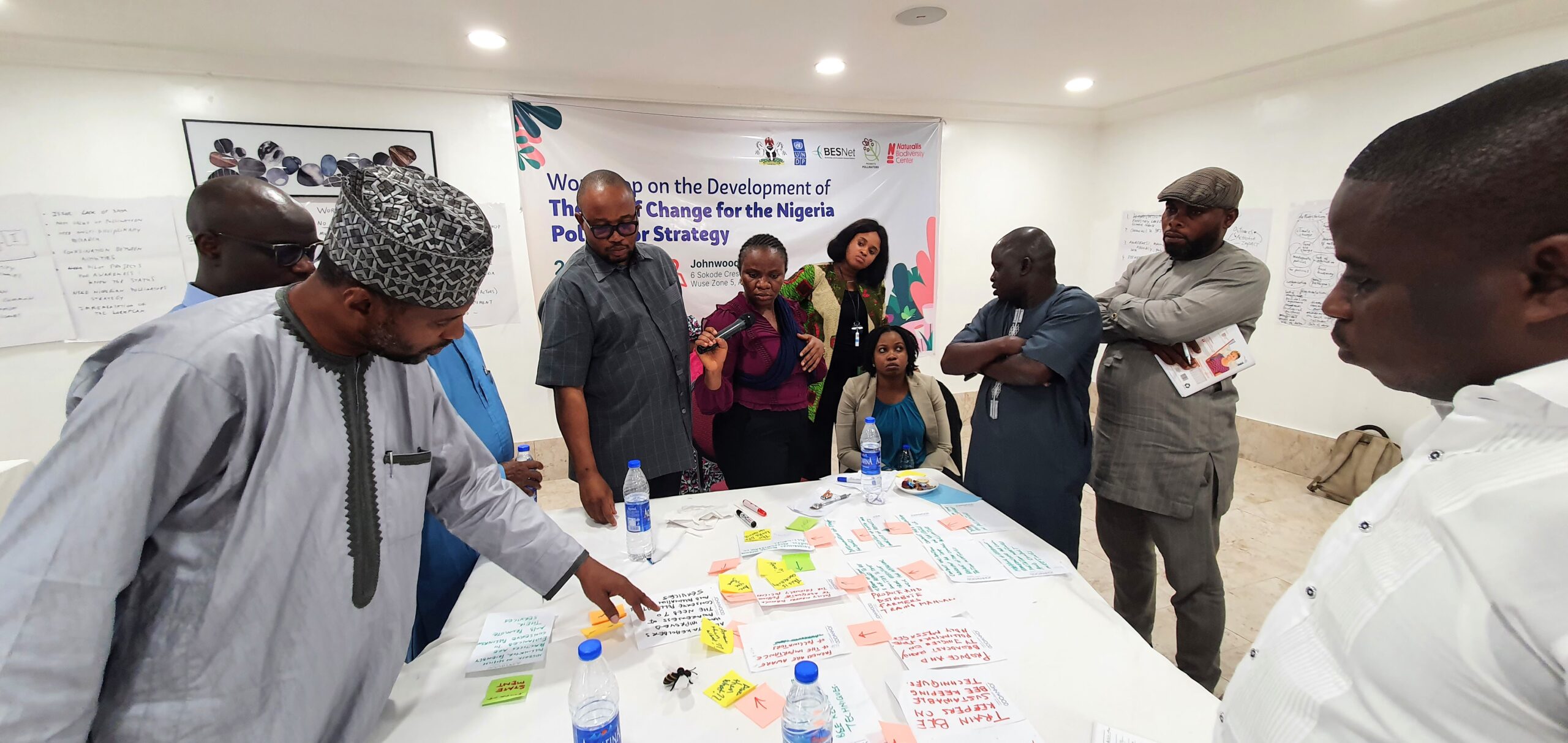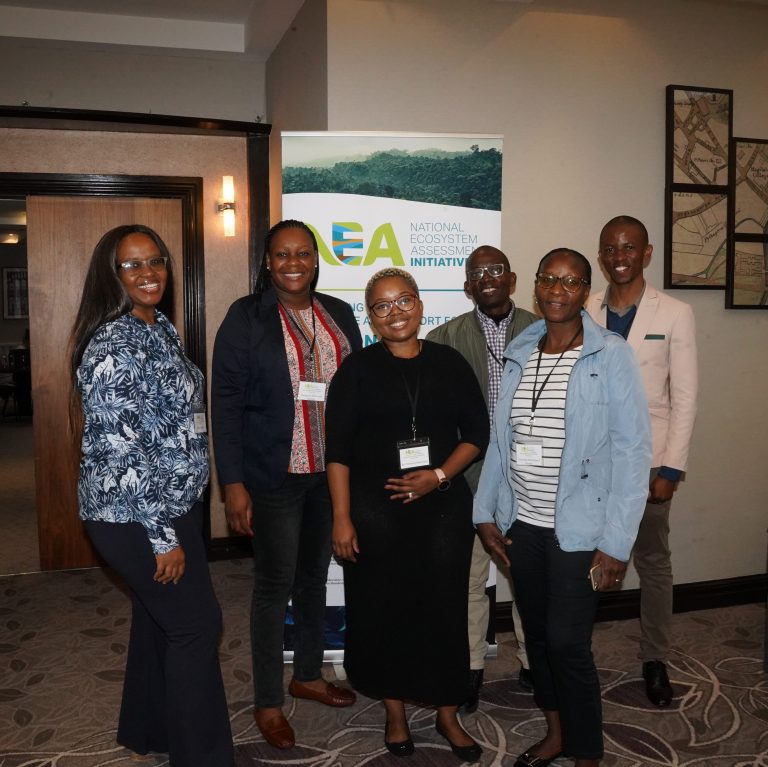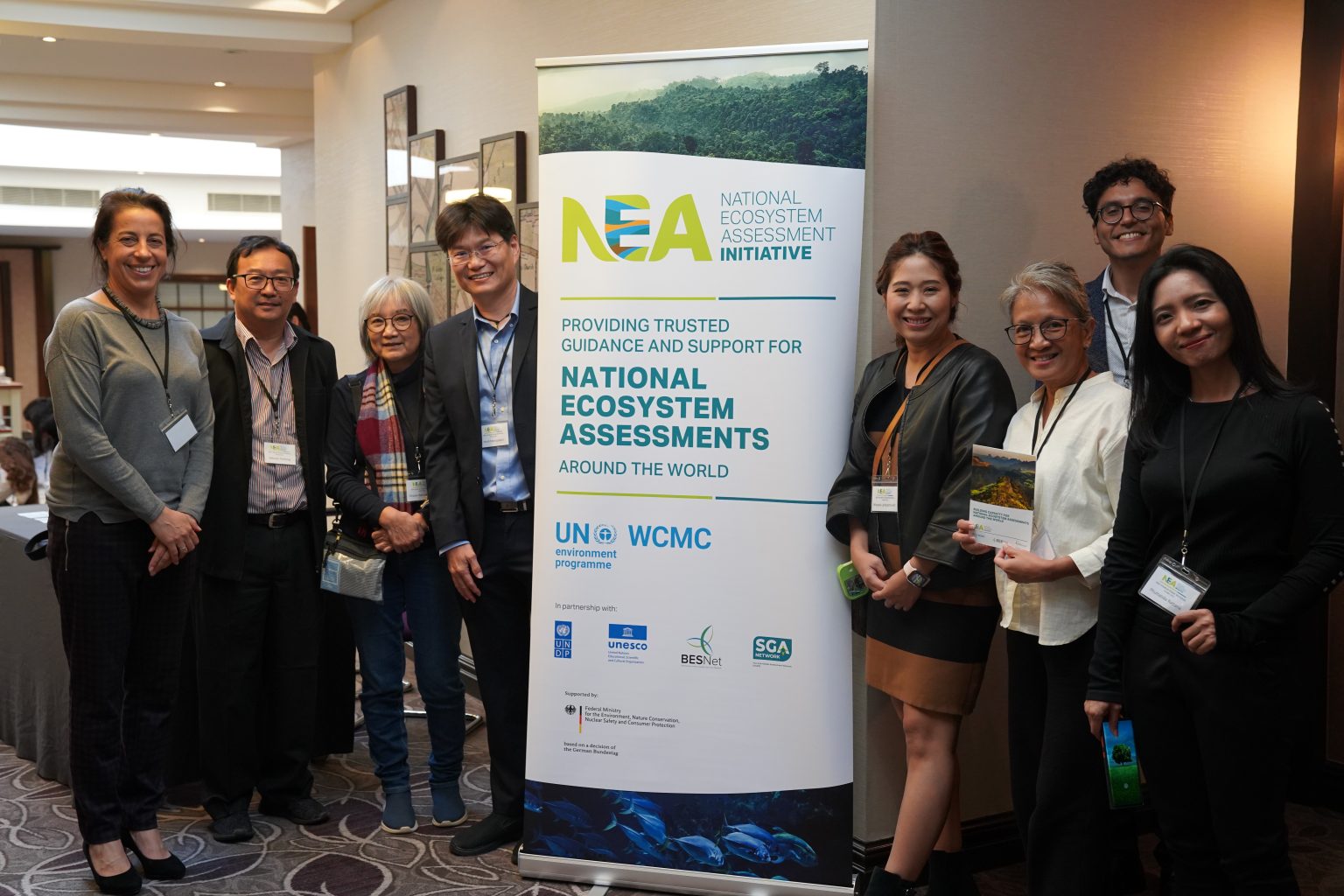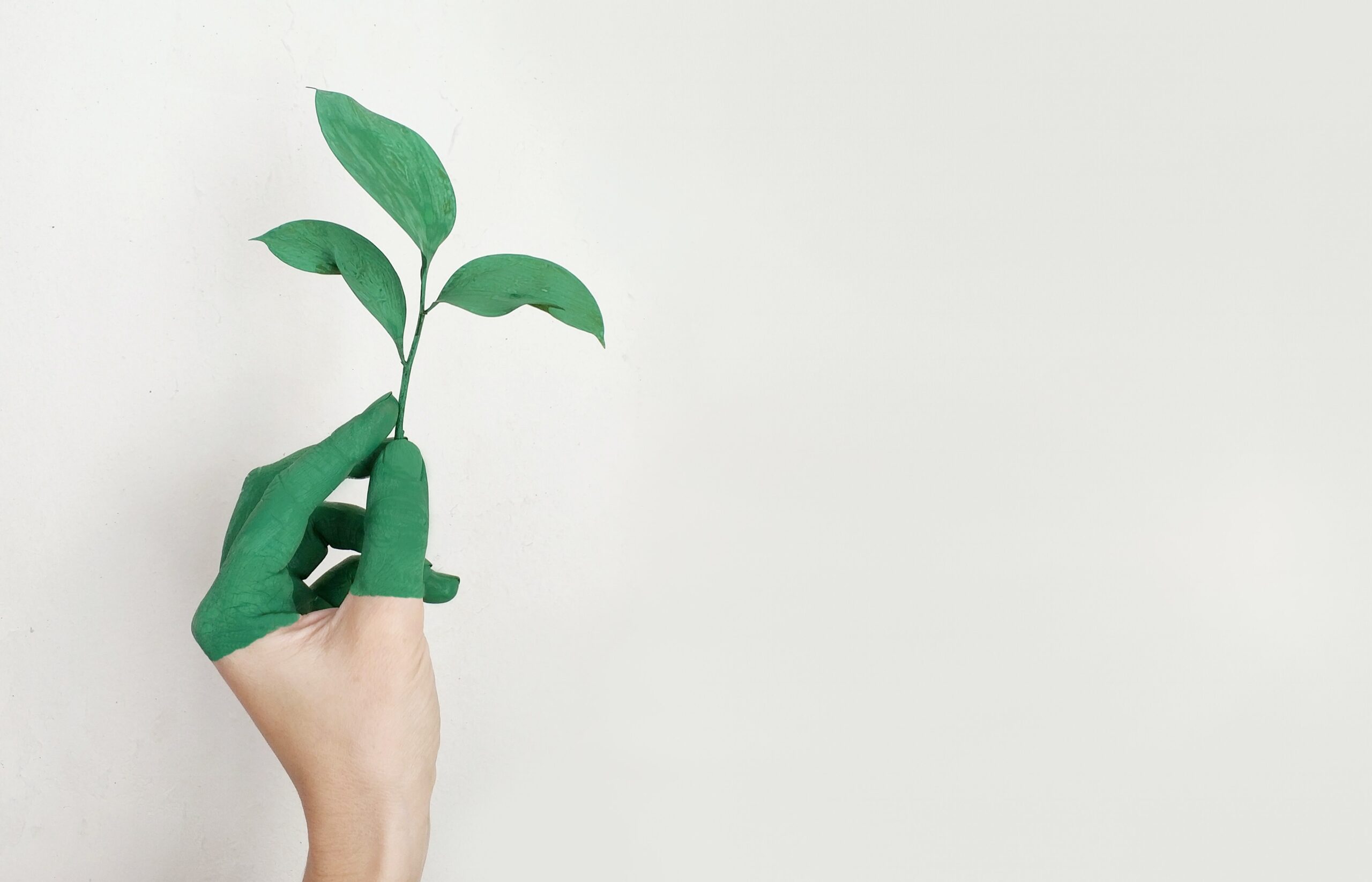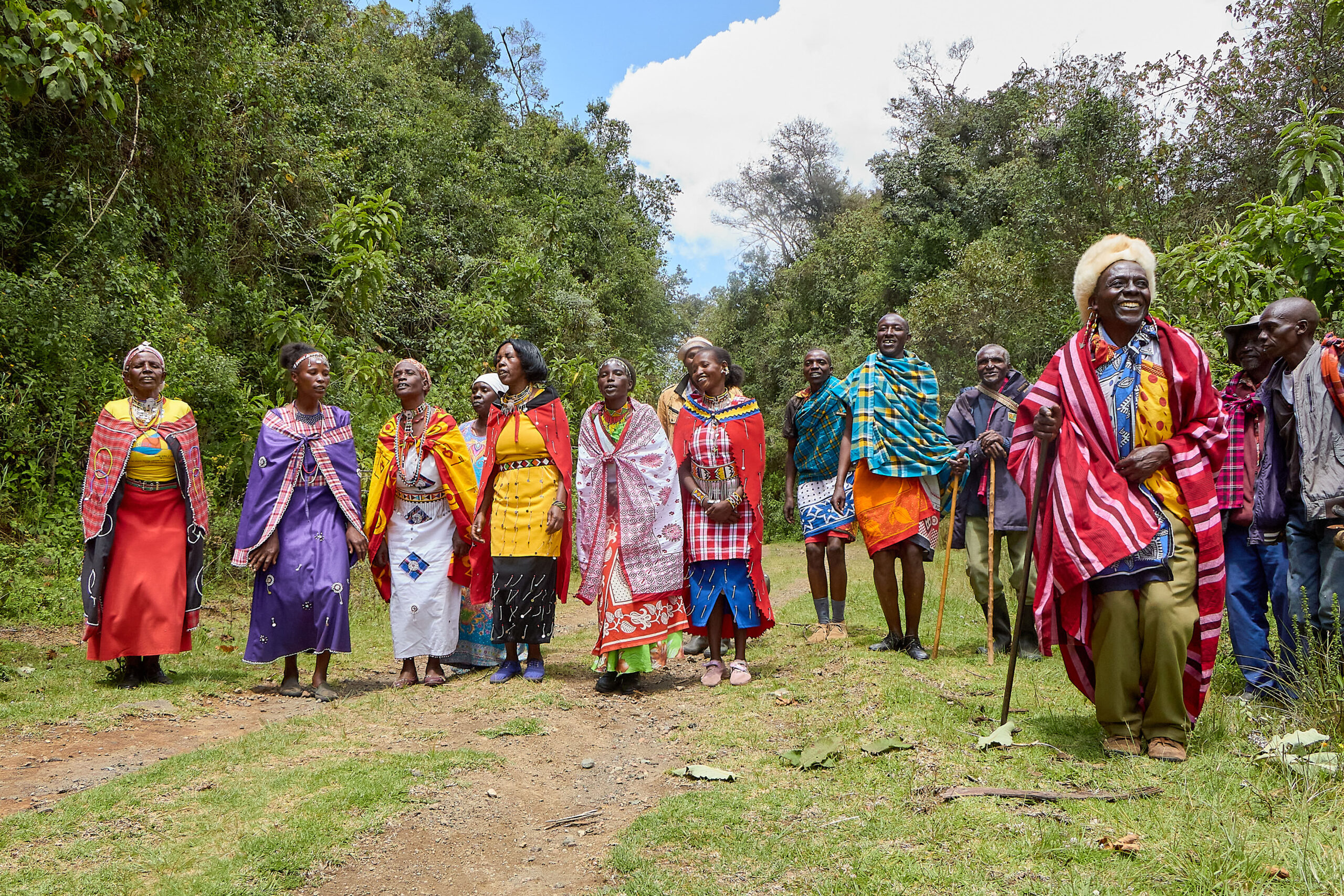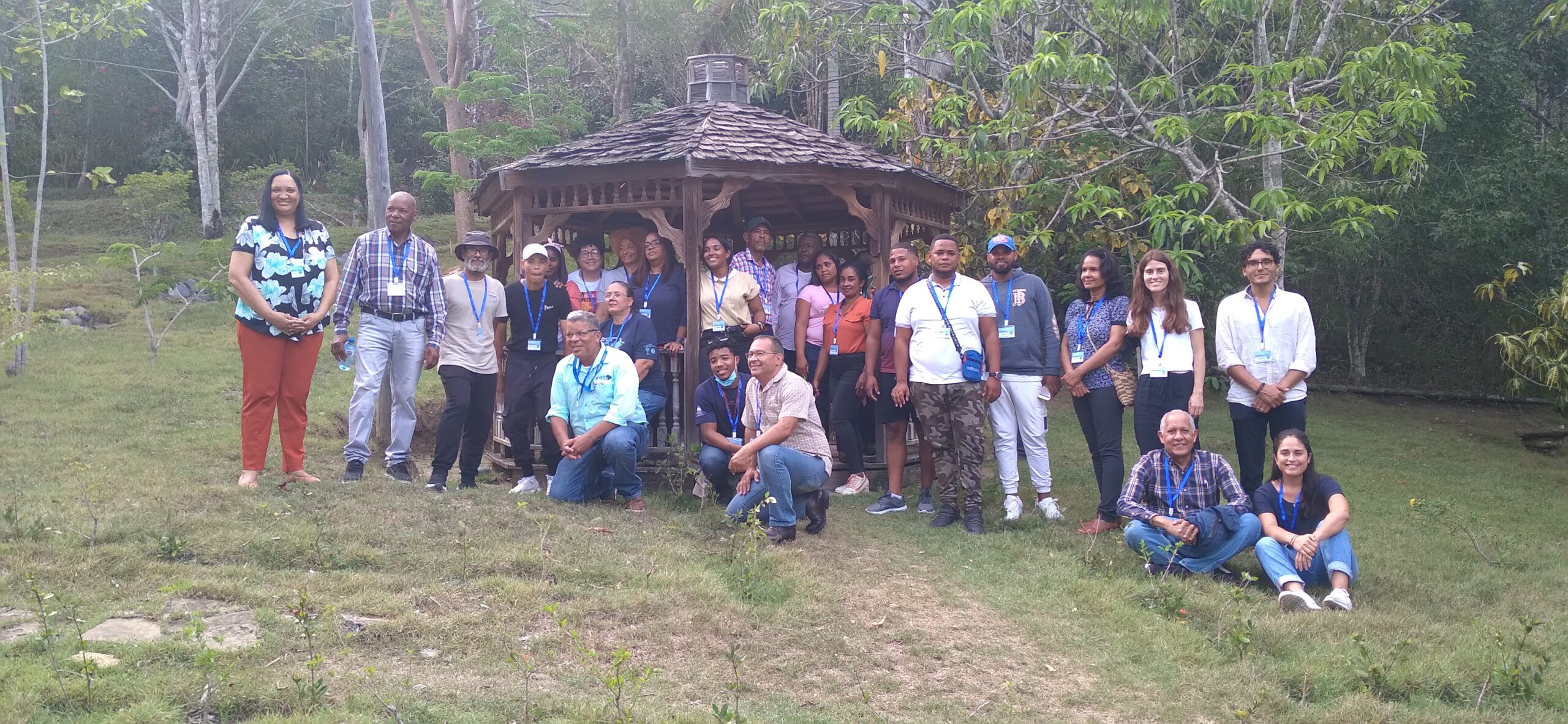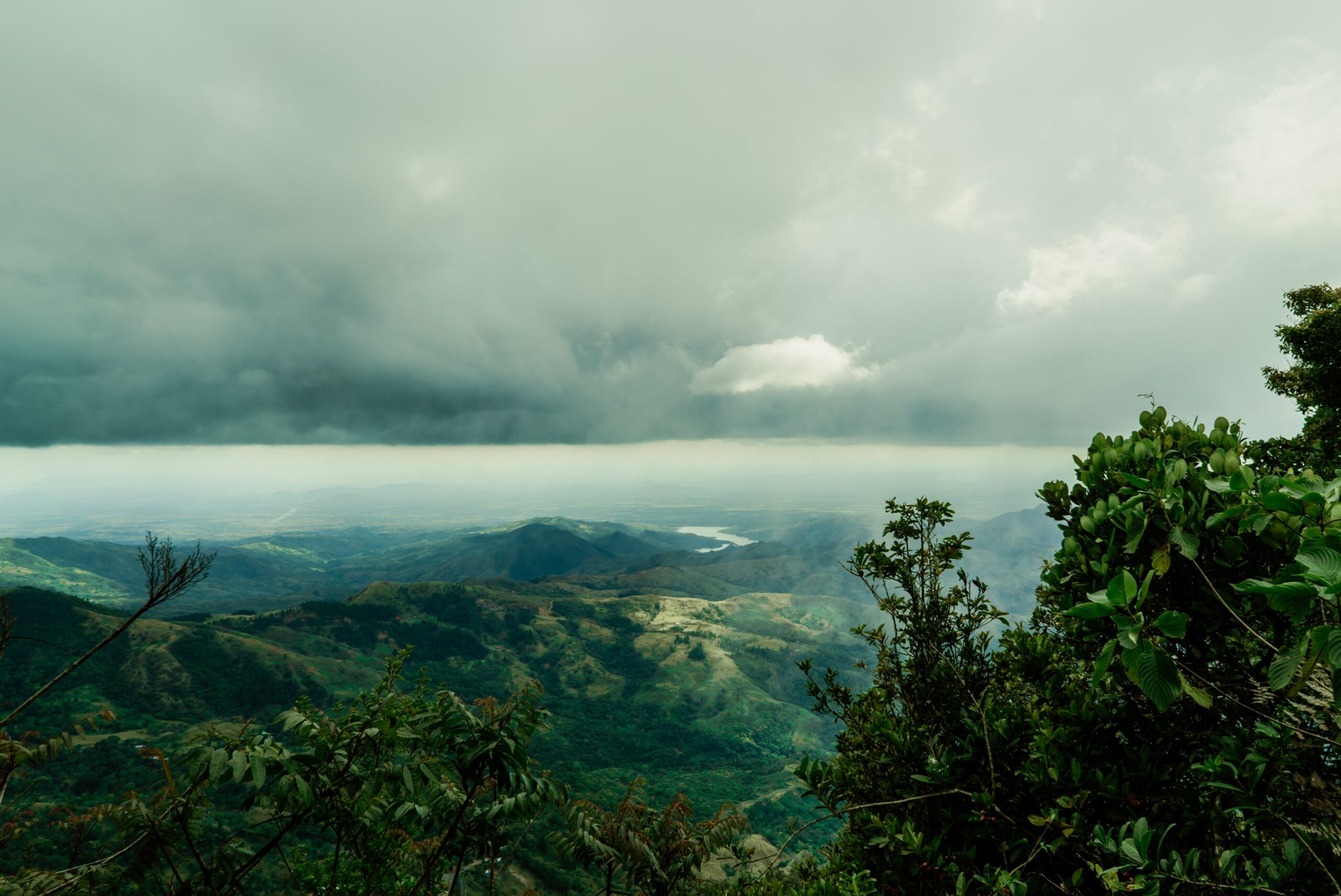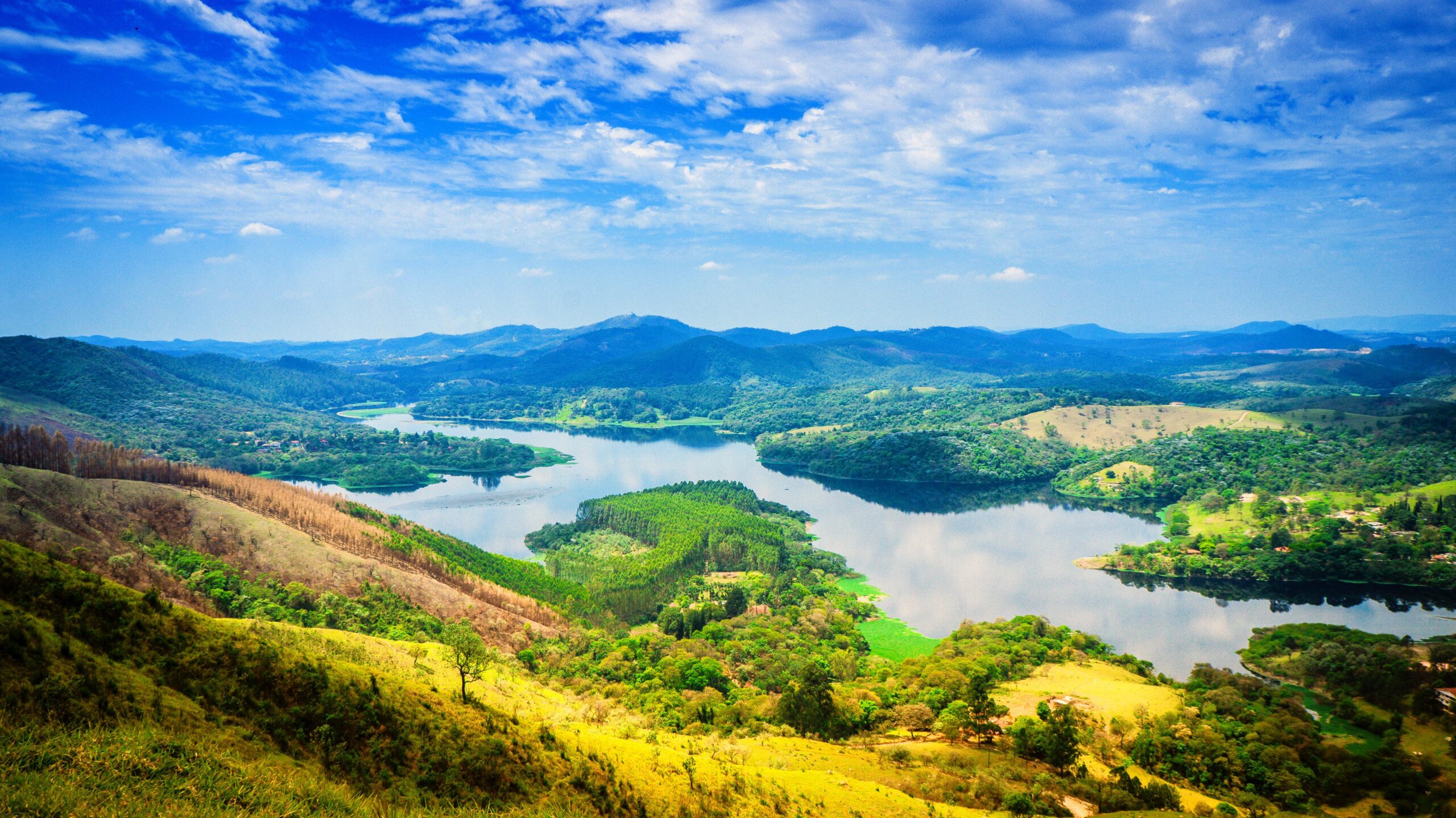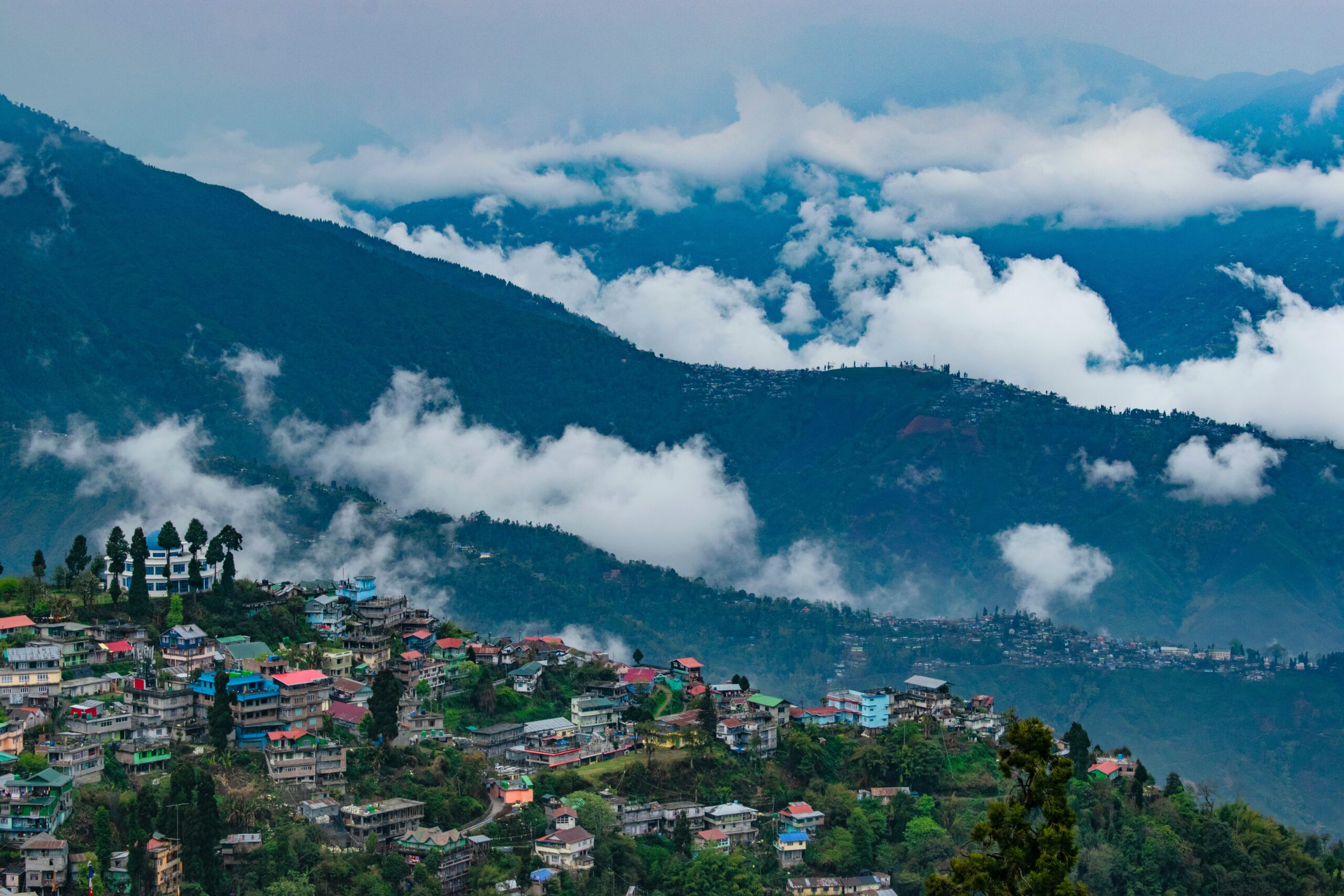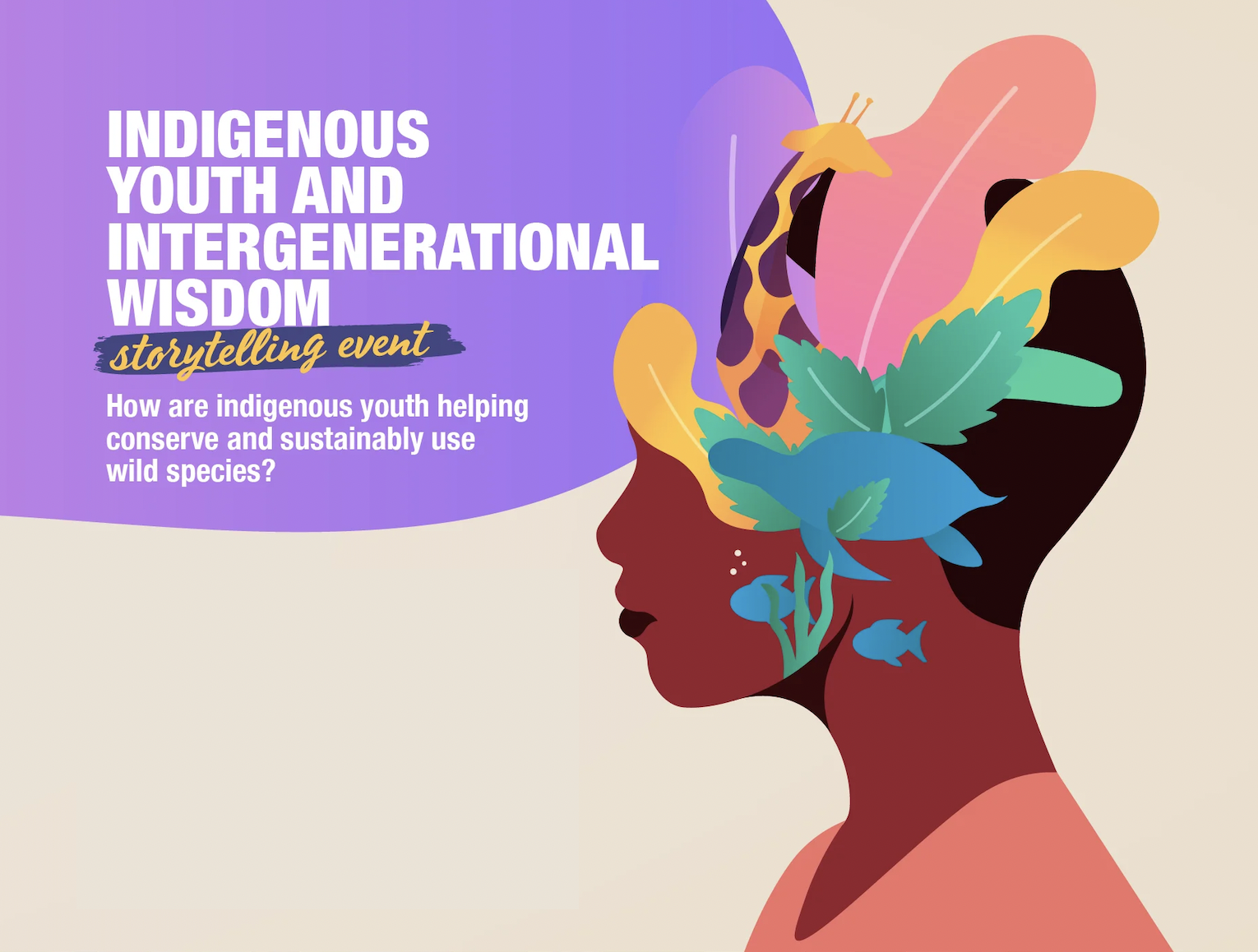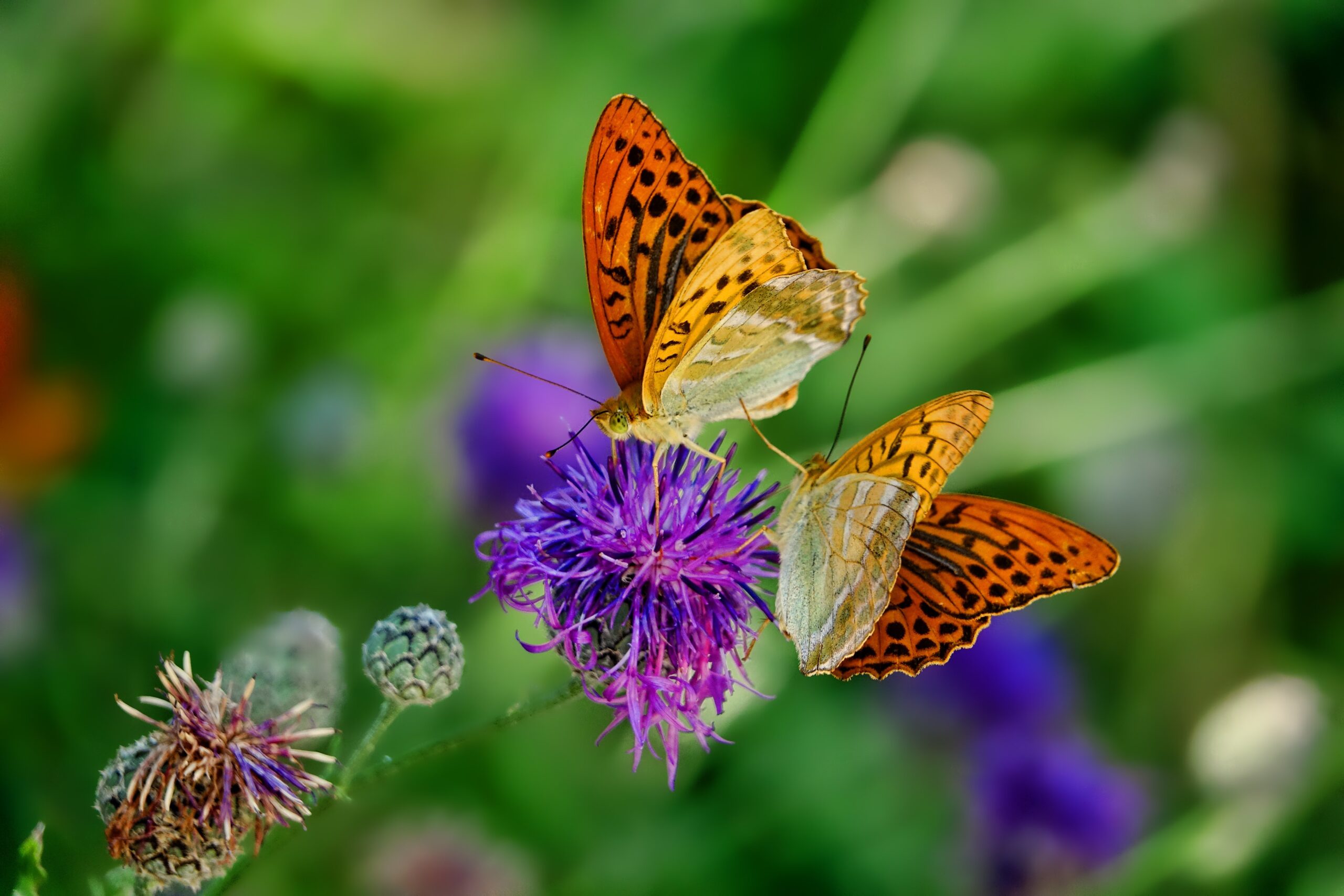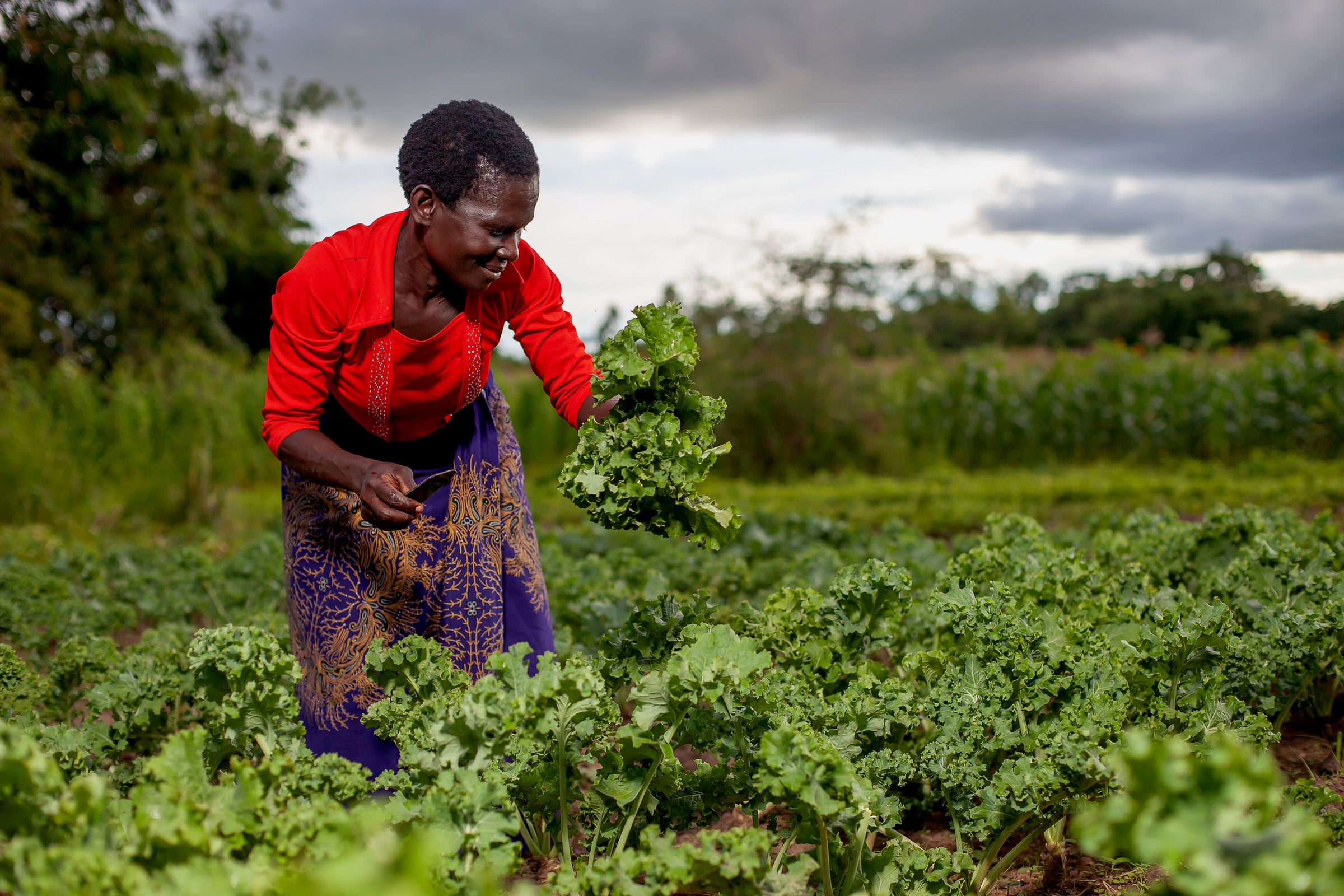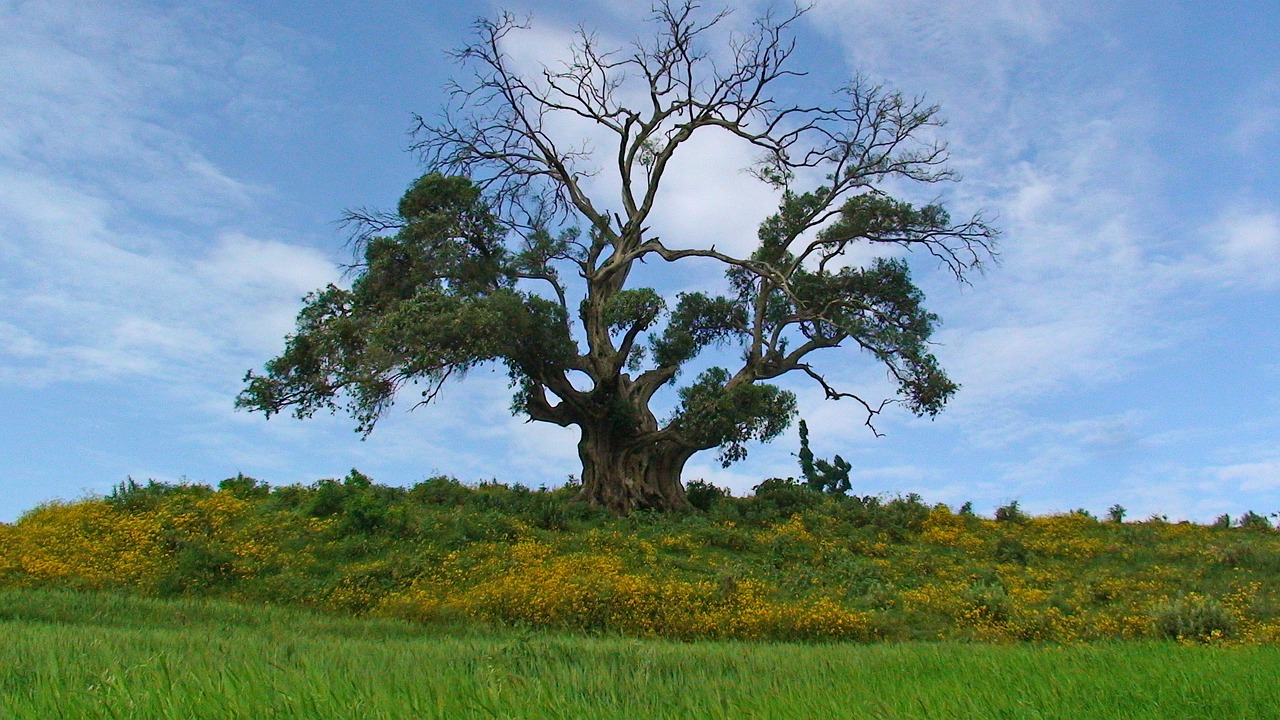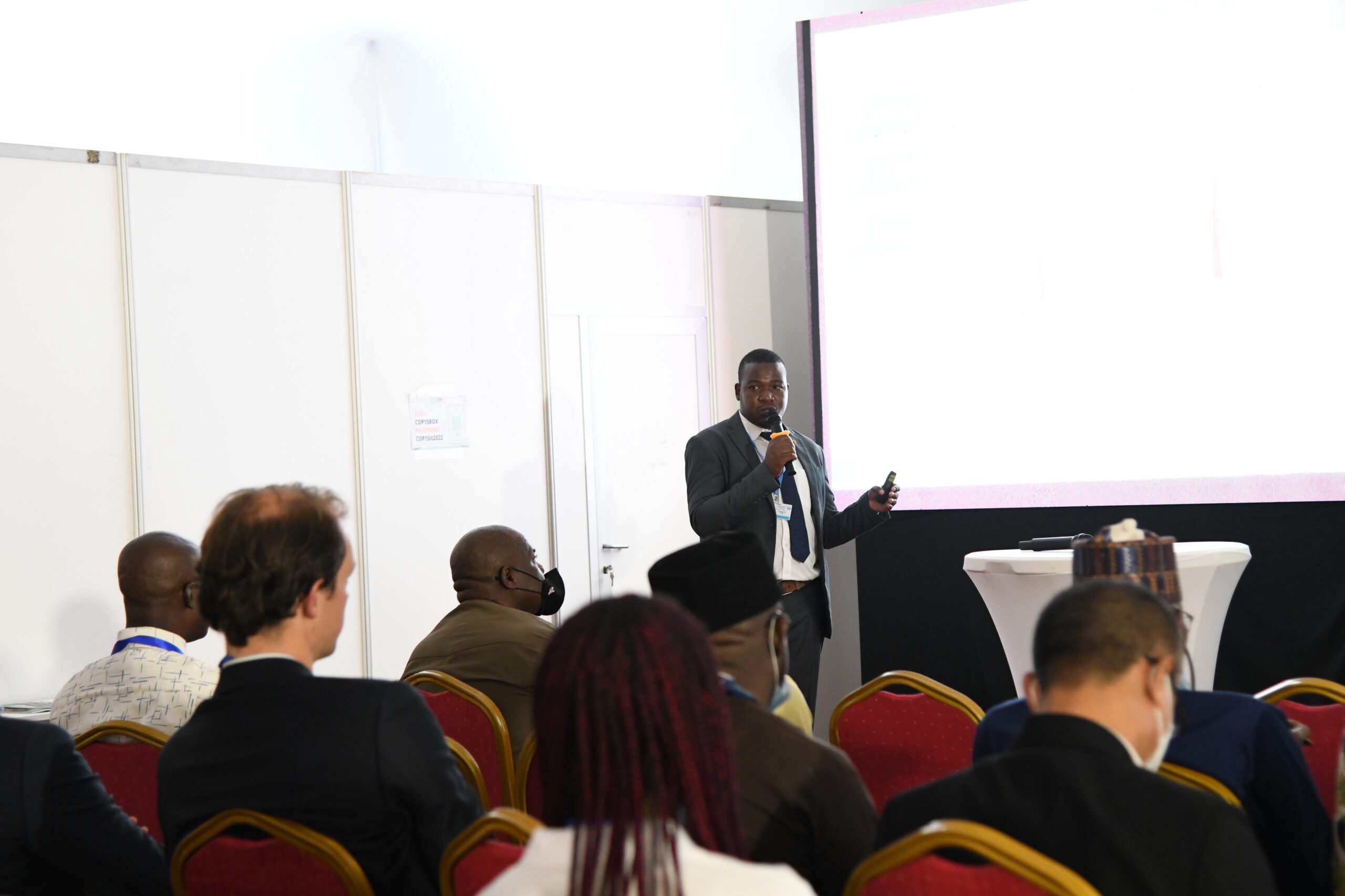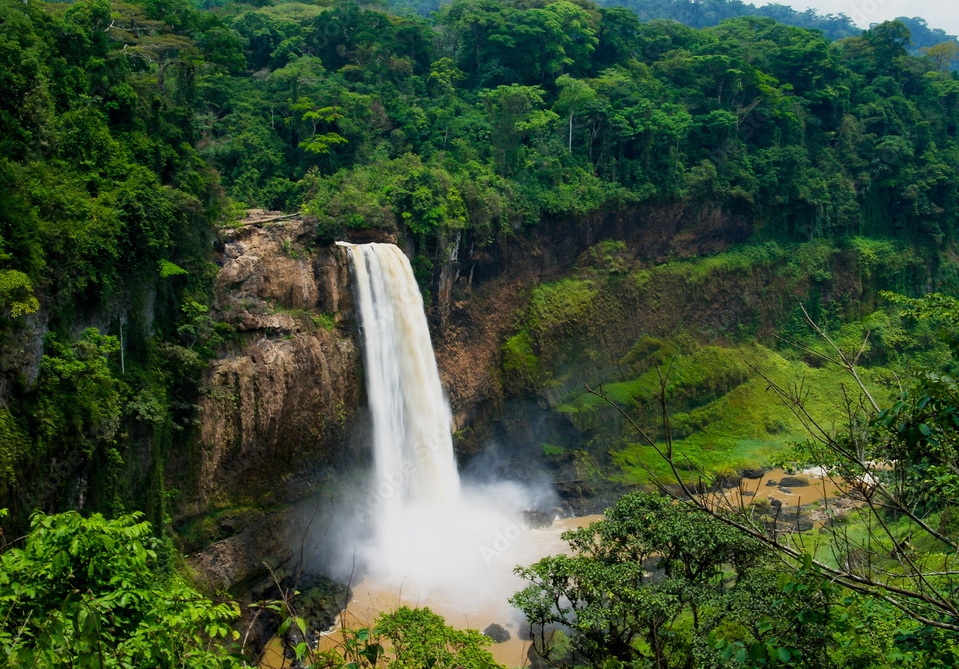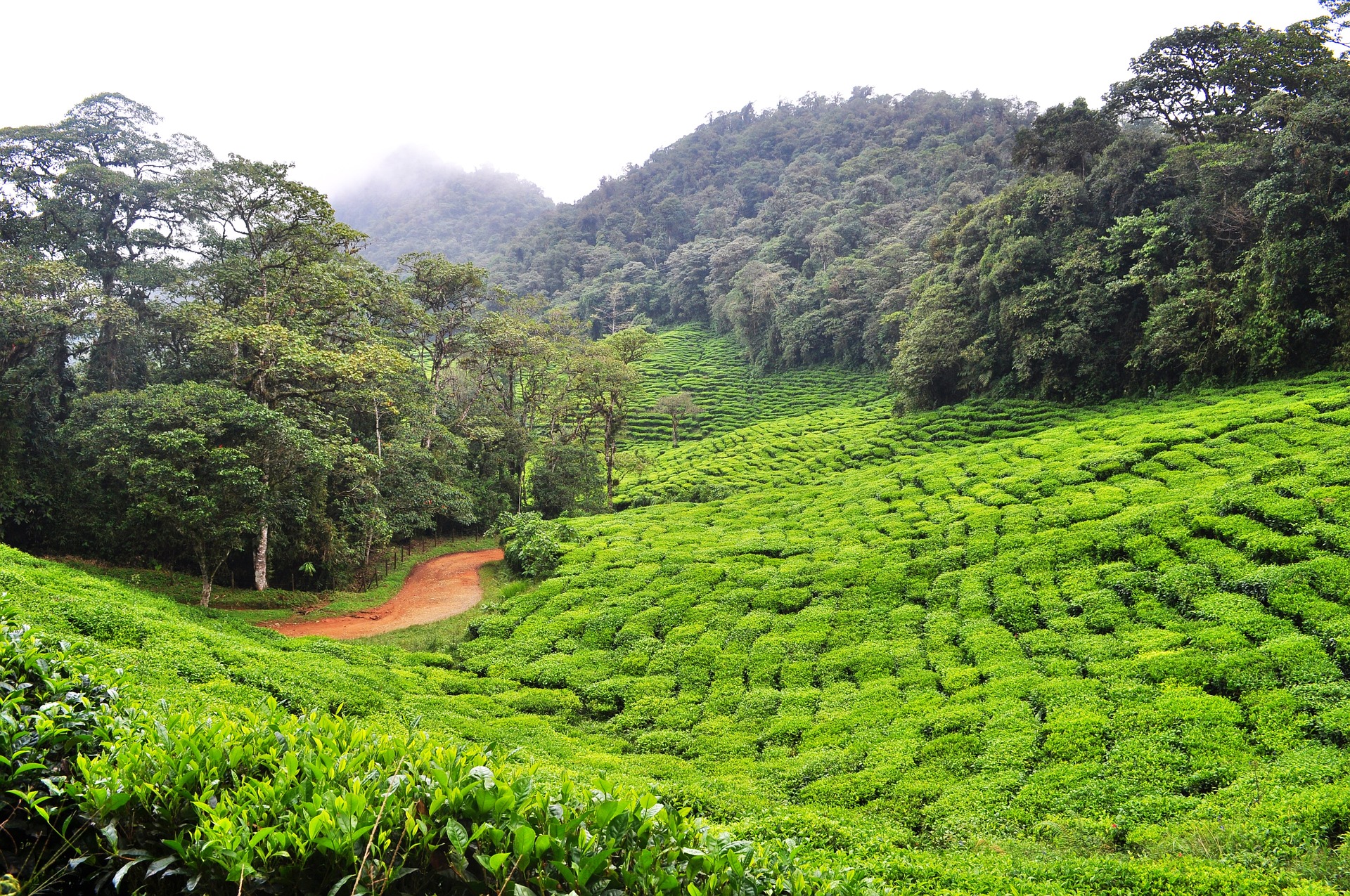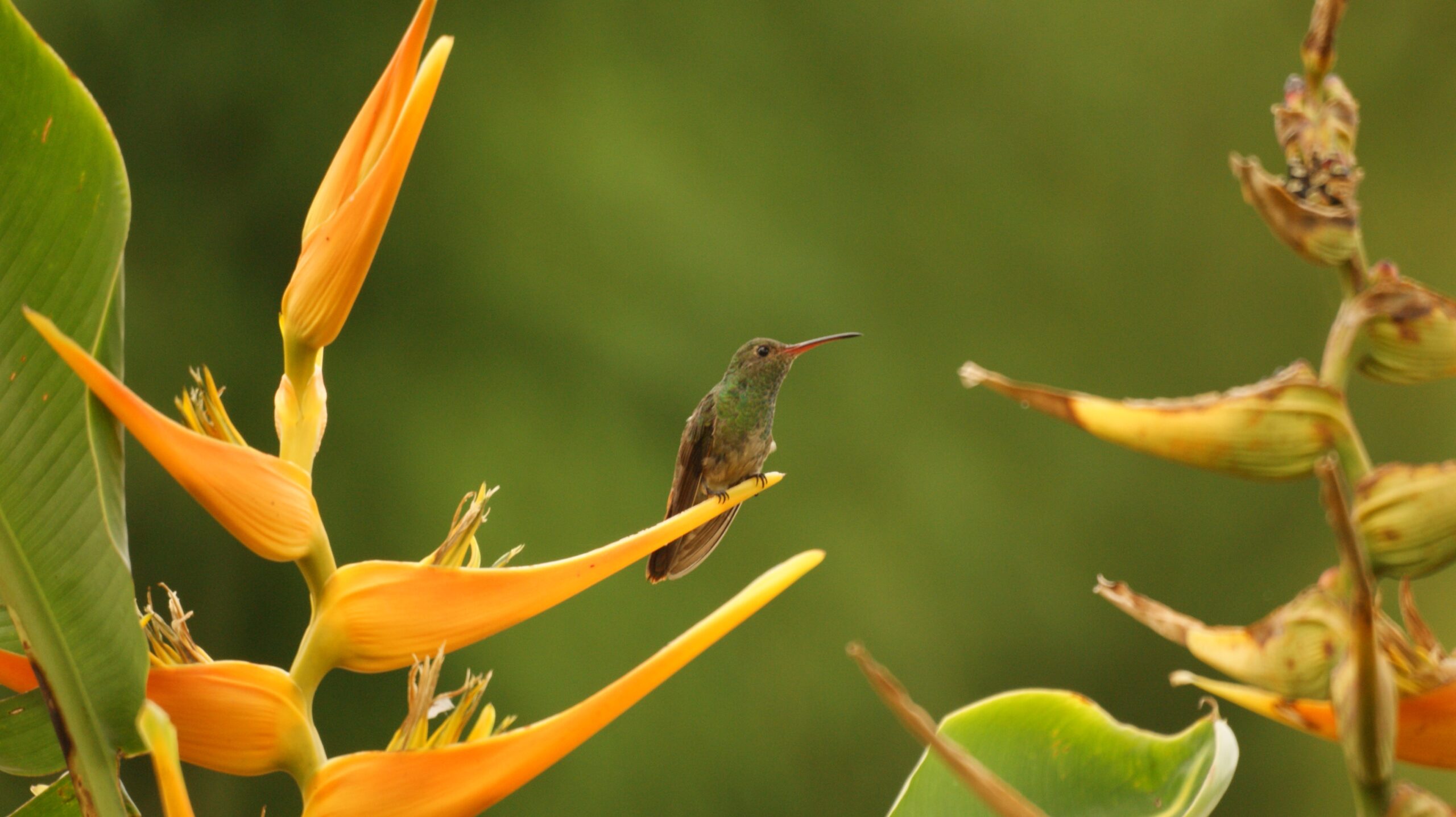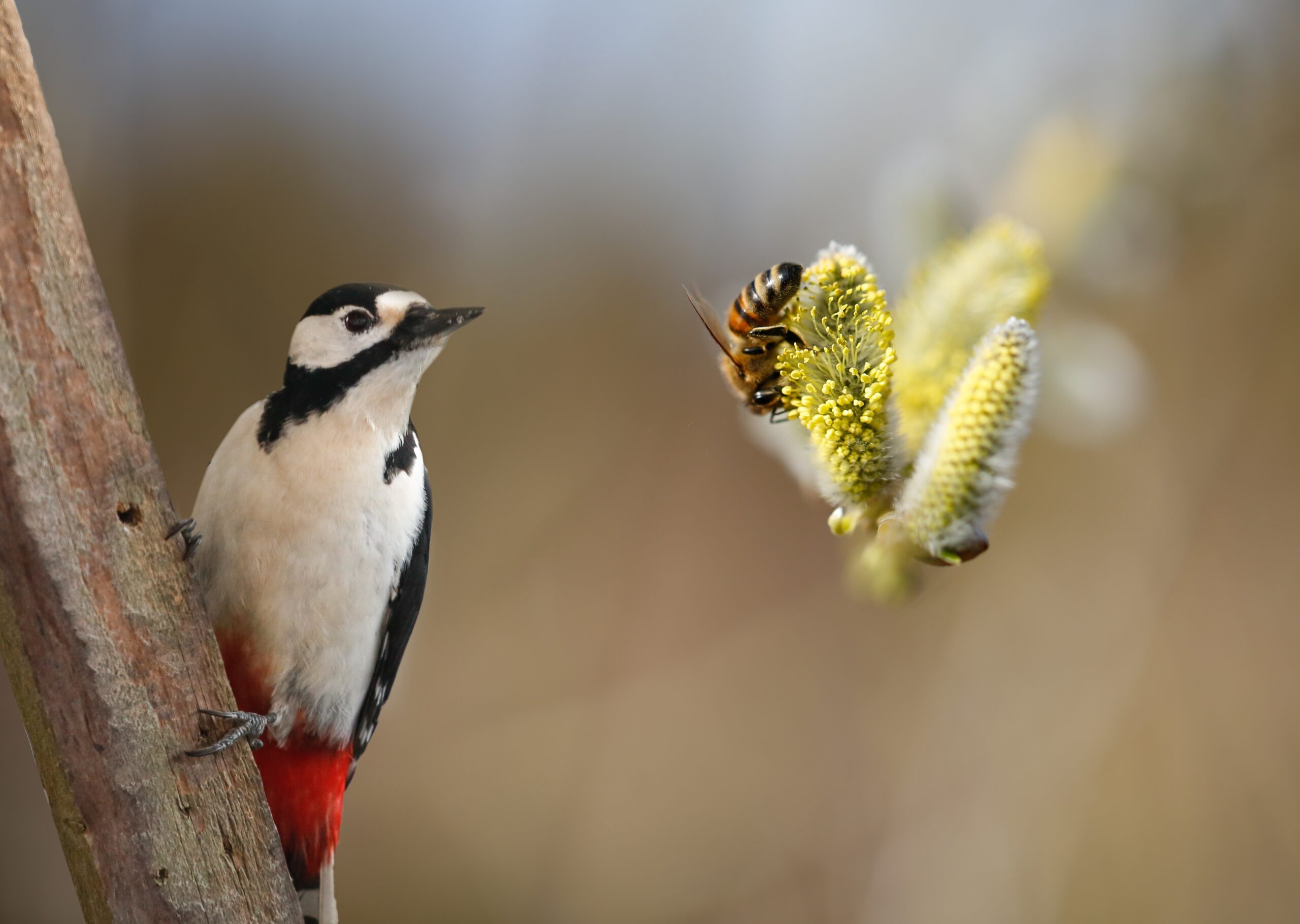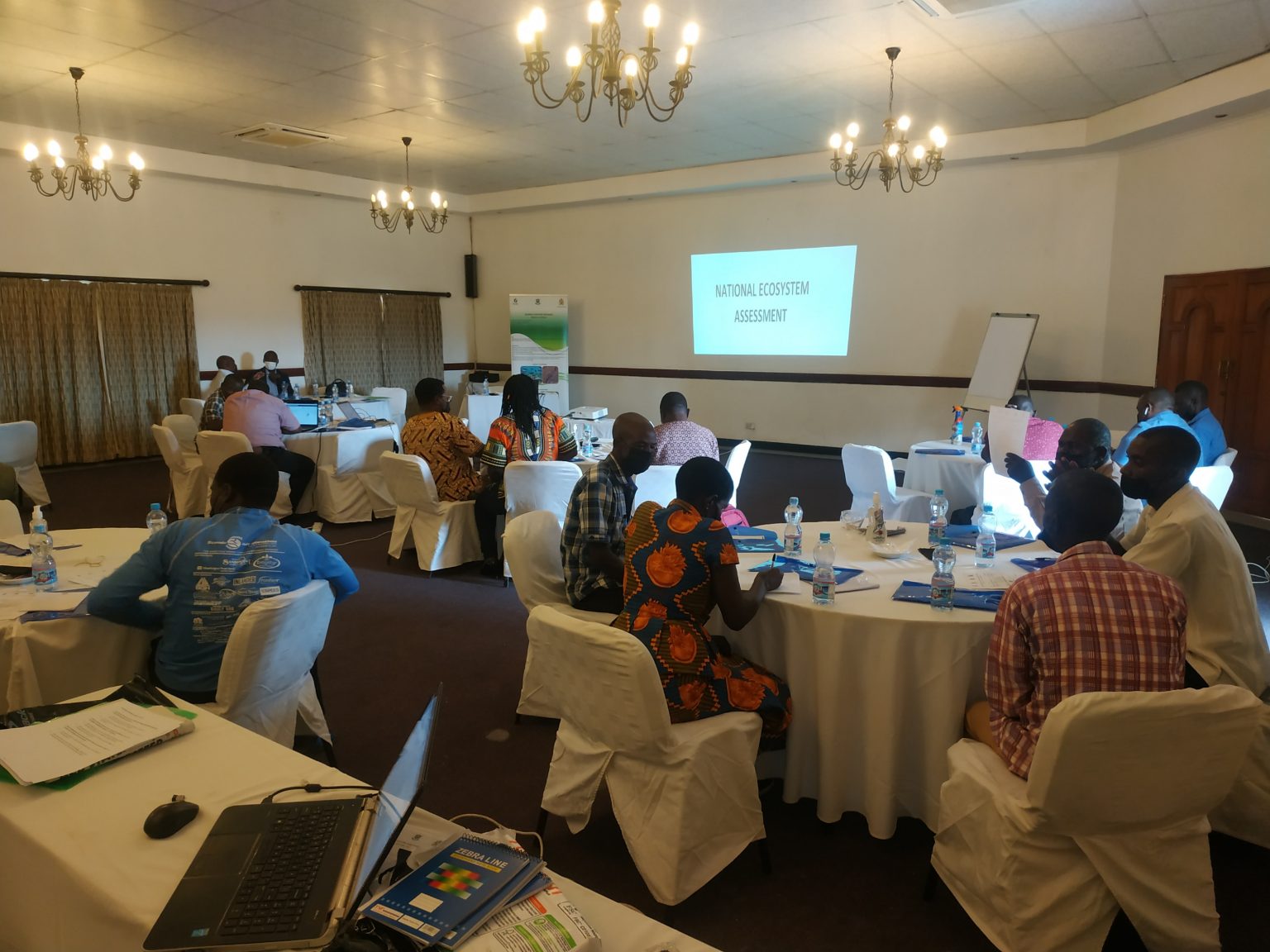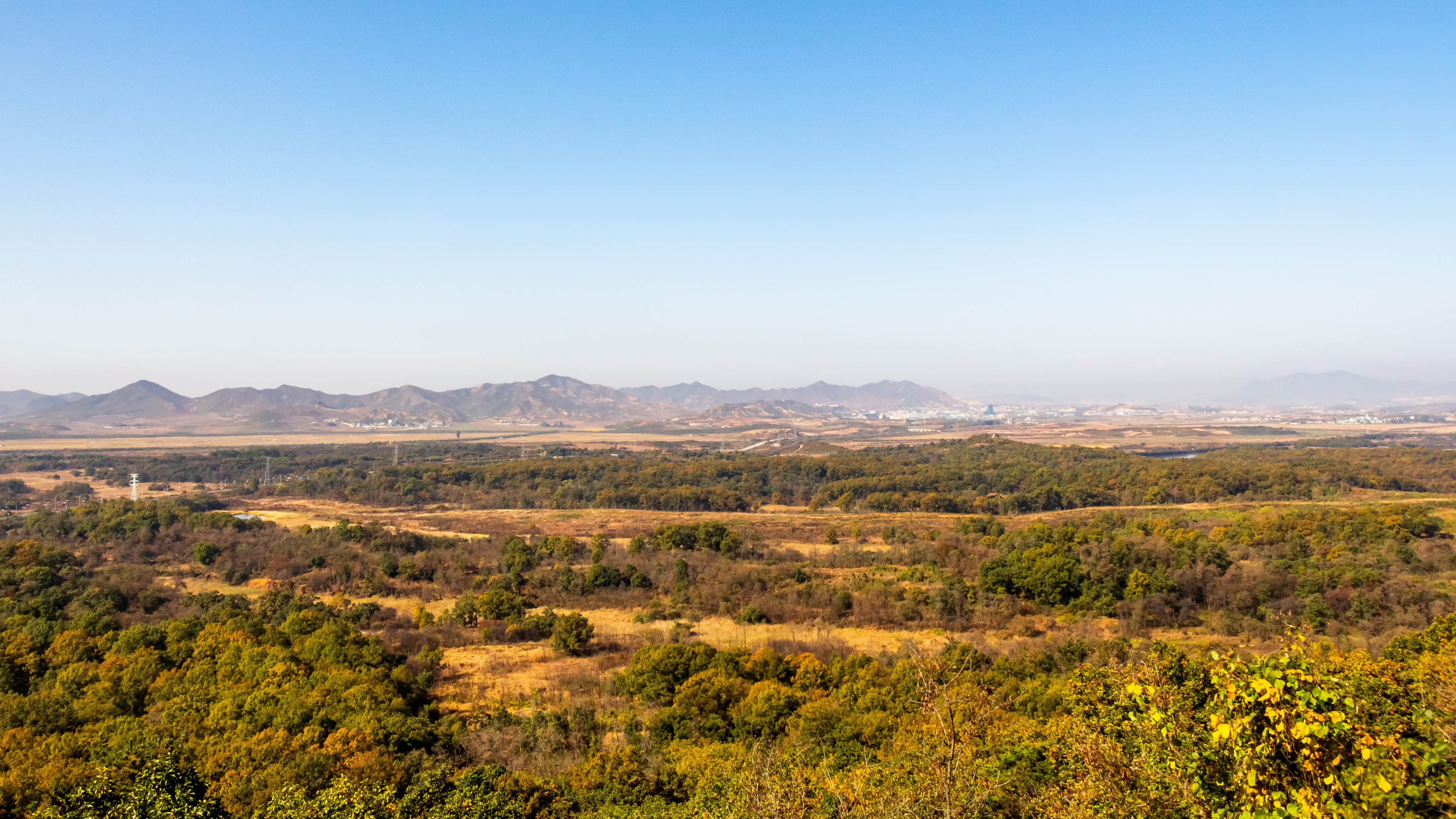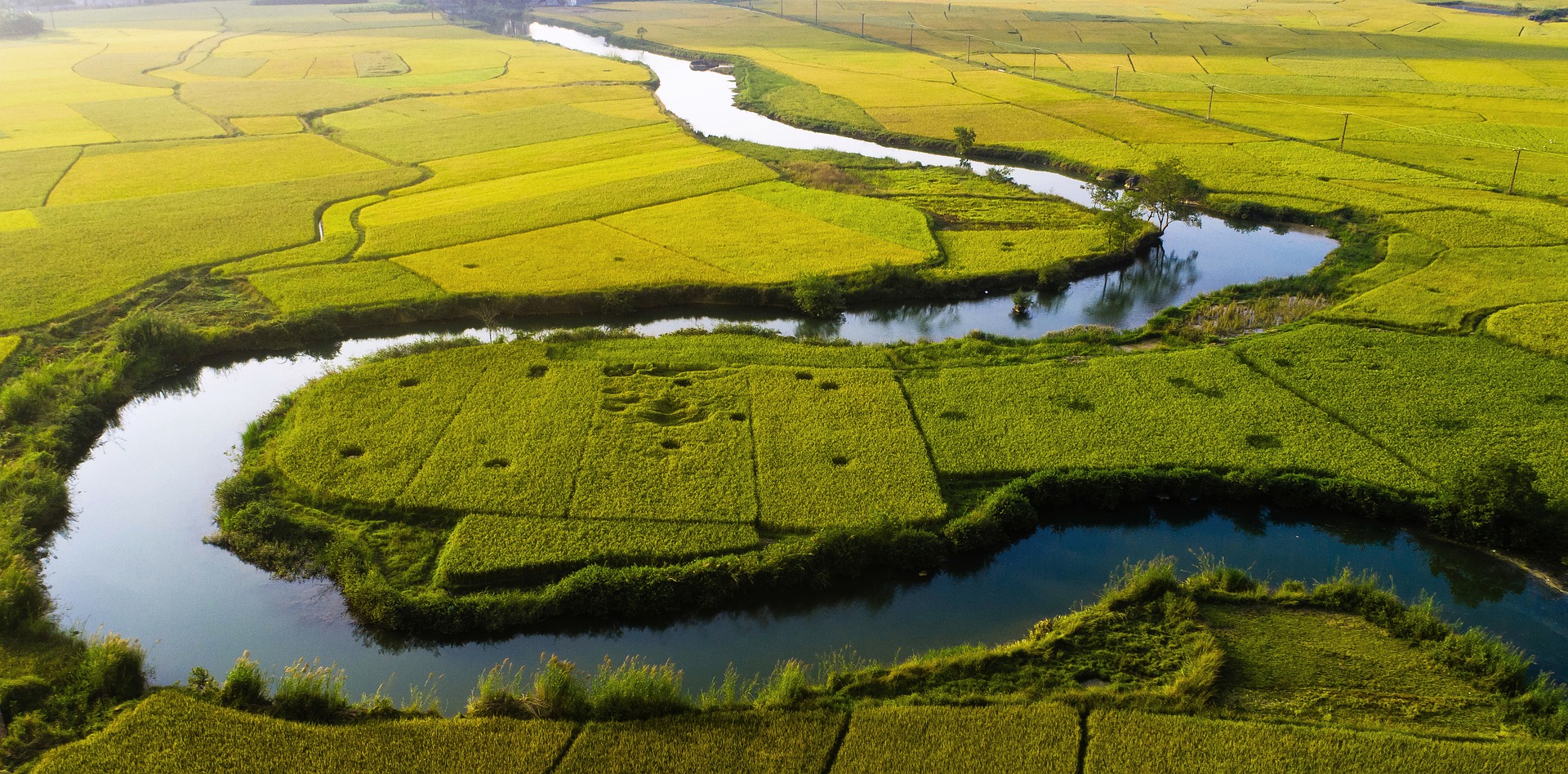Launch of the “State of Traditional Knowledge of Biodiversity in Bosnia and Herzegovina” Book
by the BES-Net ILK Support Unit at UNESCO
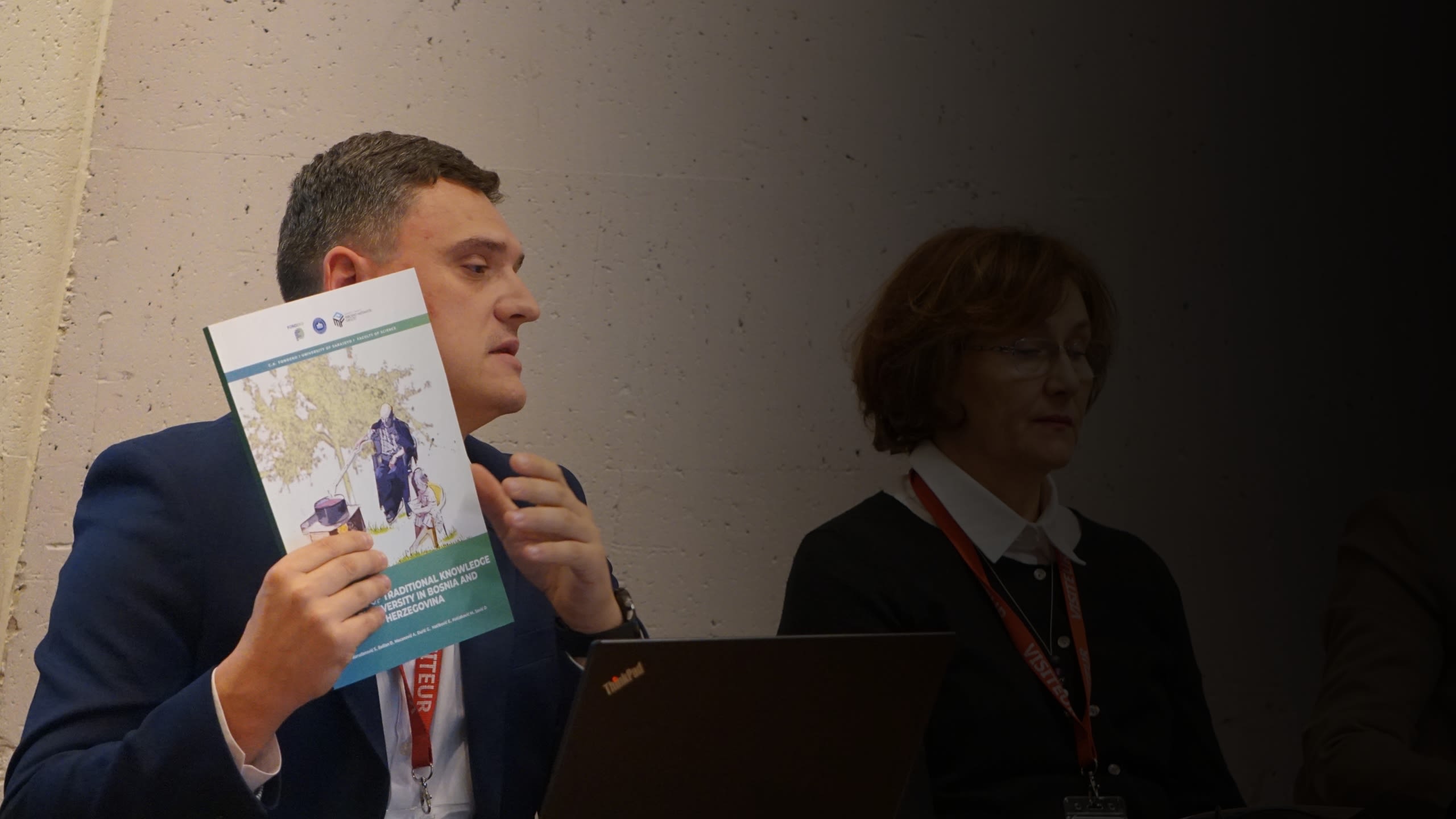
In 2022, UNESCO’s Local and Indigenous Knowledge Systems (LINKS) Programme, through its Indigenous and local knowledge (ILK) support unit for Biodiversity and Ecosystem Services Network (BES-Net), commissioned research in Bosnia and Herzegovina (BiH) to assess and document the country’s state of traditional and local knowledge.
This research was meant to contribute to BiH’s national ecosystem assessment, which was completed and launched in 2024. In addition to interweaving traditional and local knowledge in the Technical Assessment Report and Summary for Policy Makers, the research culminated in the publication of the book, State of Traditional Knowledge of Biodiversity in BiH, available in English and Bosnian languages.
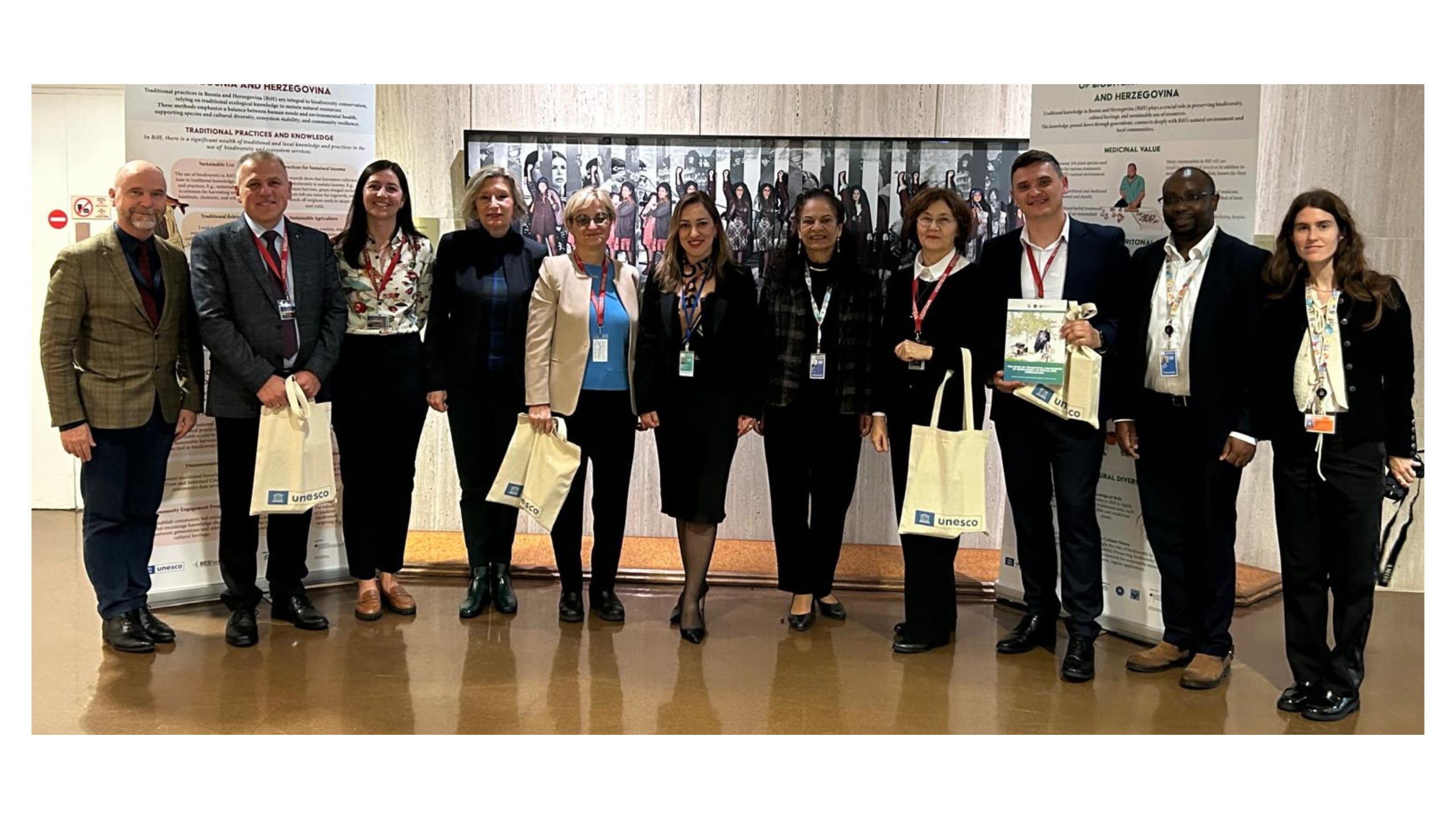
The research on traditional and local knowledge was led by FONDEKO and the University of Sarajevo, with technical support from UNESCO and coordinated with the NEA Initiative at the UN Environment Programme World Conservation Monitoring Centre. The financial support for this research was provided by the International Climate Initiative of the German Federal Ministry for the Environment, Nature Conservation, Nuclear Safety, and Consumer Protection through the BES-Net initiative.
Following the completion and publication of the book, State of Traditional Knowledge of Biodiversity in Bosnia and Herzegovina, on 25 November 2024, UNESCO organized the publication launch at UNESCO Headquarters in Paris. The launch event showcased the value and critical role of the country’s traditional and local knowledge in conserving biodiversity and ecosystem services. This event celebrated a landmark achievement in collaborative research, emphasizing the importance of safeguarding traditional knowledge and practices in BiH.
The event, moderated by Mr. Nigel Crawhall, UNESCO LINKS Chief, began with welcoming remarks from Ms. Lidia Brito, UNESCO’s Assistant Director General of the Natural Sciences Sector, and opening remarks from her excellency Ambassador Bojana Kondić Panić of Bosnia and Herzegovina.
“This compendium serves as both a celebration and a call to action, reminding us of the urgency of mainstreaming traditional knowledge into conservation and development efforts while preserving its cultural significance for future generations.”
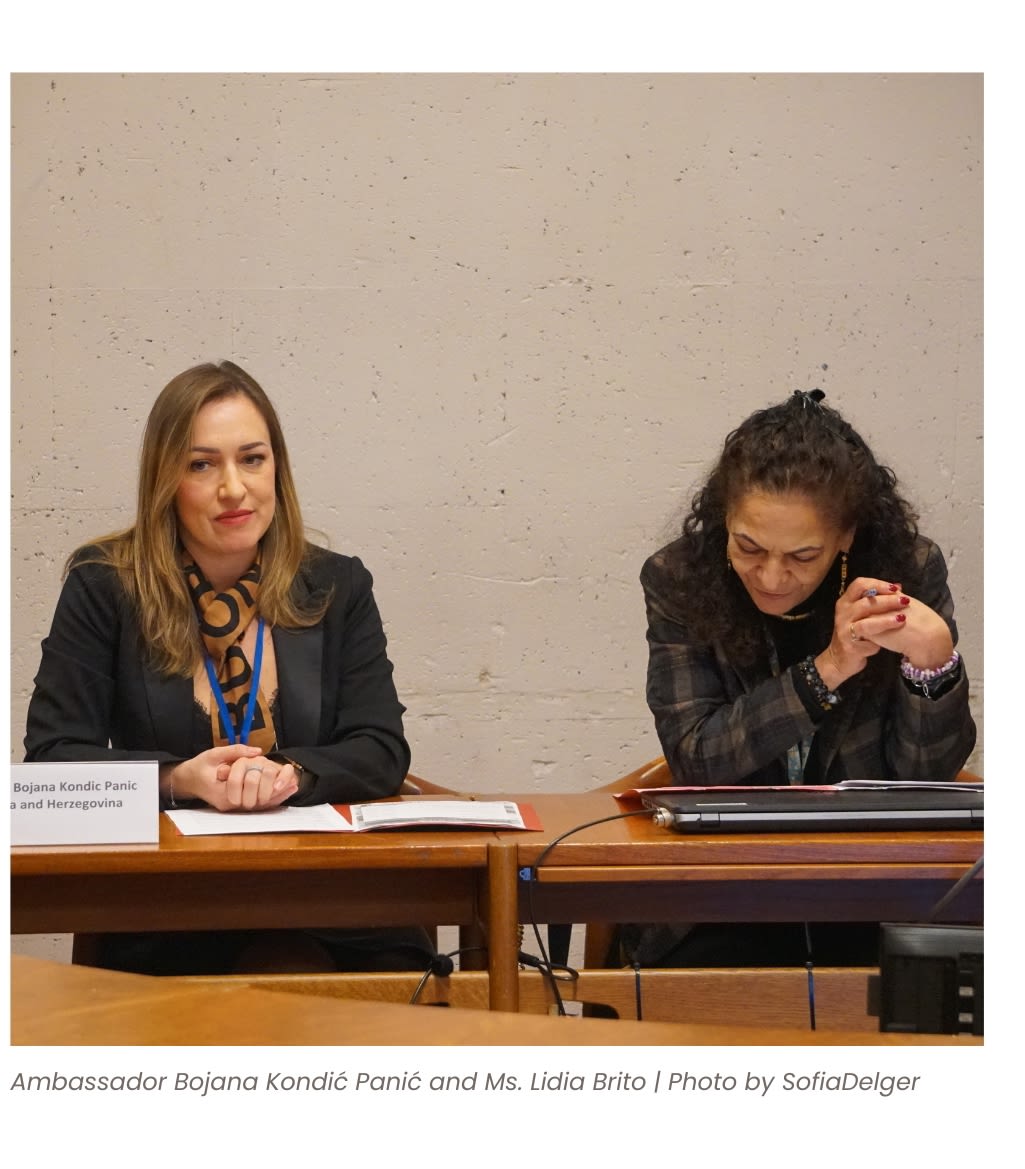
Ms. Brito also acknowledged the contributors of the book, setting the stage for Prof. Senka Barudanović from the University of Sarajevo to provide introductory remarks. Following this, Dr. Armin Macanović presented the book's key findings, highlighting the wealth of traditional knowledge of biodiversity in BiH documented during the research. He emphasized that this publication serves as a foundational evidence-base for all future studies on traditional knowledge of biodiversity and ecosystems in BiH.
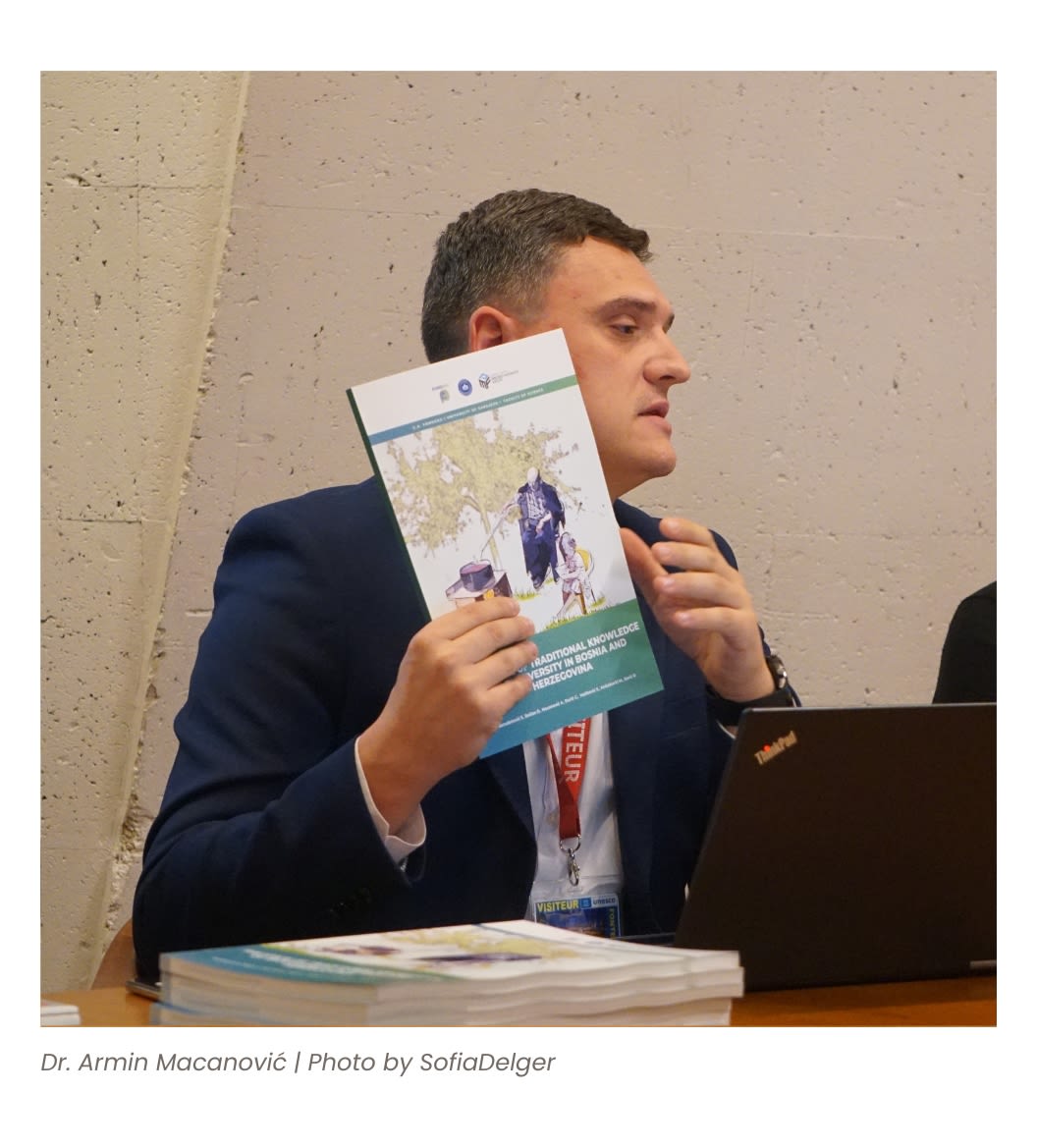
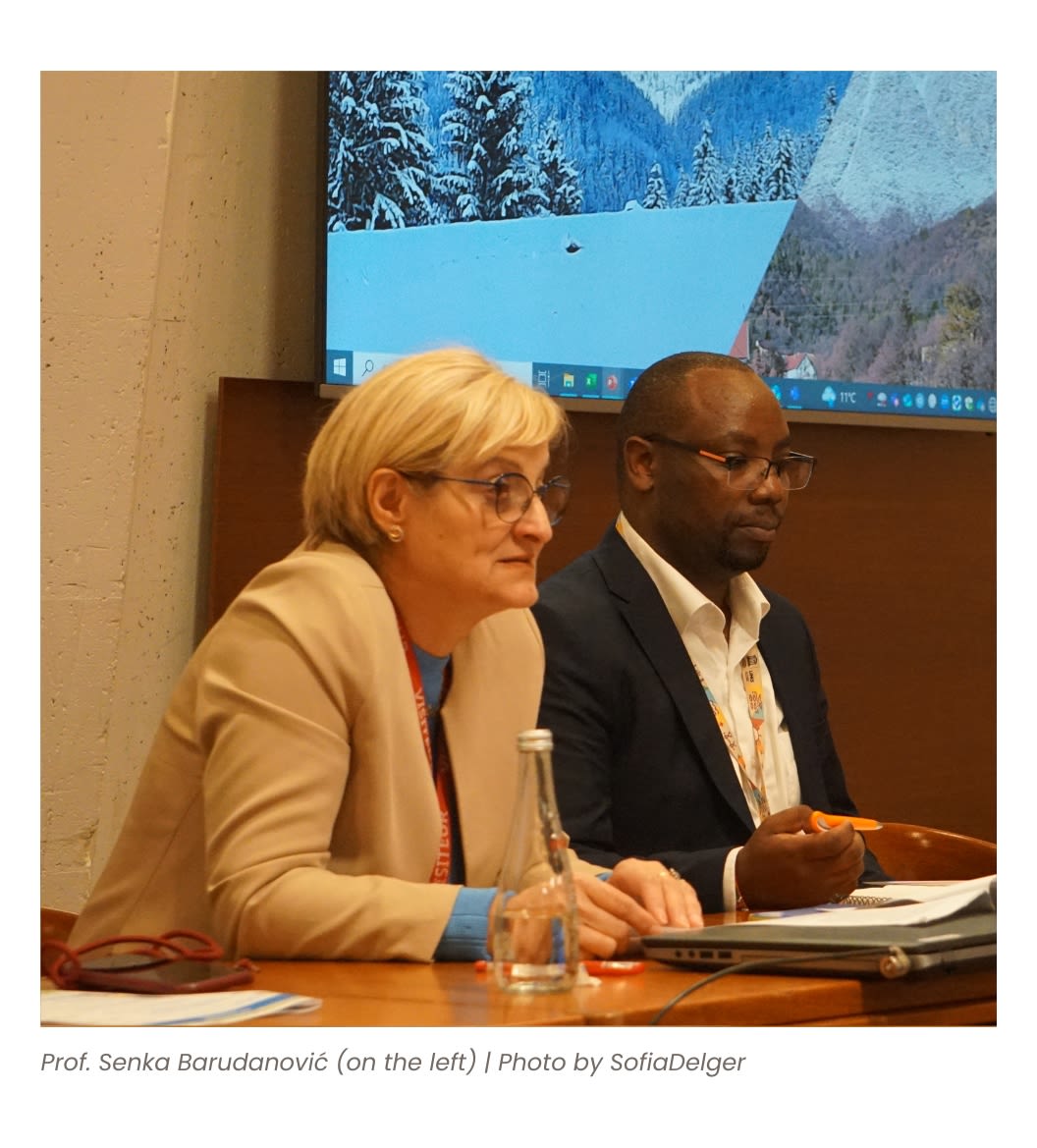
“Naturally, we don’t celebrate the results obtained, because they testify to the loss of traditional knowledge. What we want to celebrate is the proof that Bosnia and Herzegovina, the first in our narrow and perhaps wider environment, entered the fight for the preservation of this part of human knowledge through an assessment of its condition.”
Professors Gordana Djurić and Milan Mataruga highlighted the book’s significant contributions to each chapter of BiH’s national ecosystem assessment. They also outlined the key findings of the assessment, discussed challenges encountered and shared lessons learned, emphasizing the unique value of this assessment, which garnered support from all public universities in BiH. Following this, Ms. Ceire Booth, Programme Officer at the UN Environment Programme World Conservation Monitoring Centre, shared the broader impact of the assessment in shaping environmental policies and emphasized the importance of the post-assessment phase.
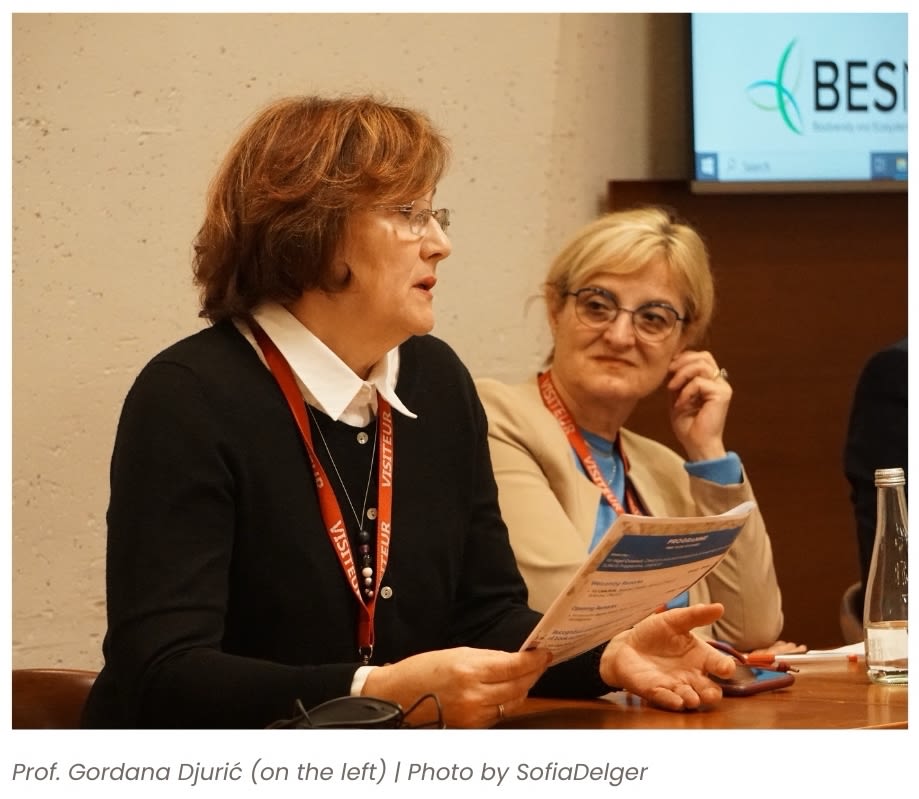
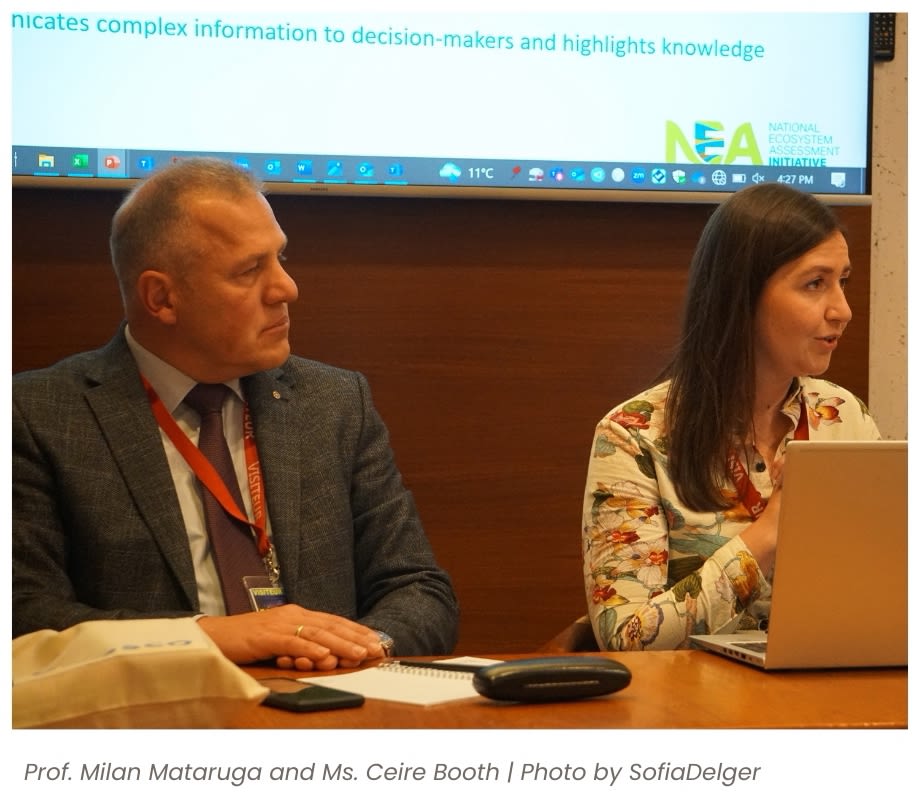
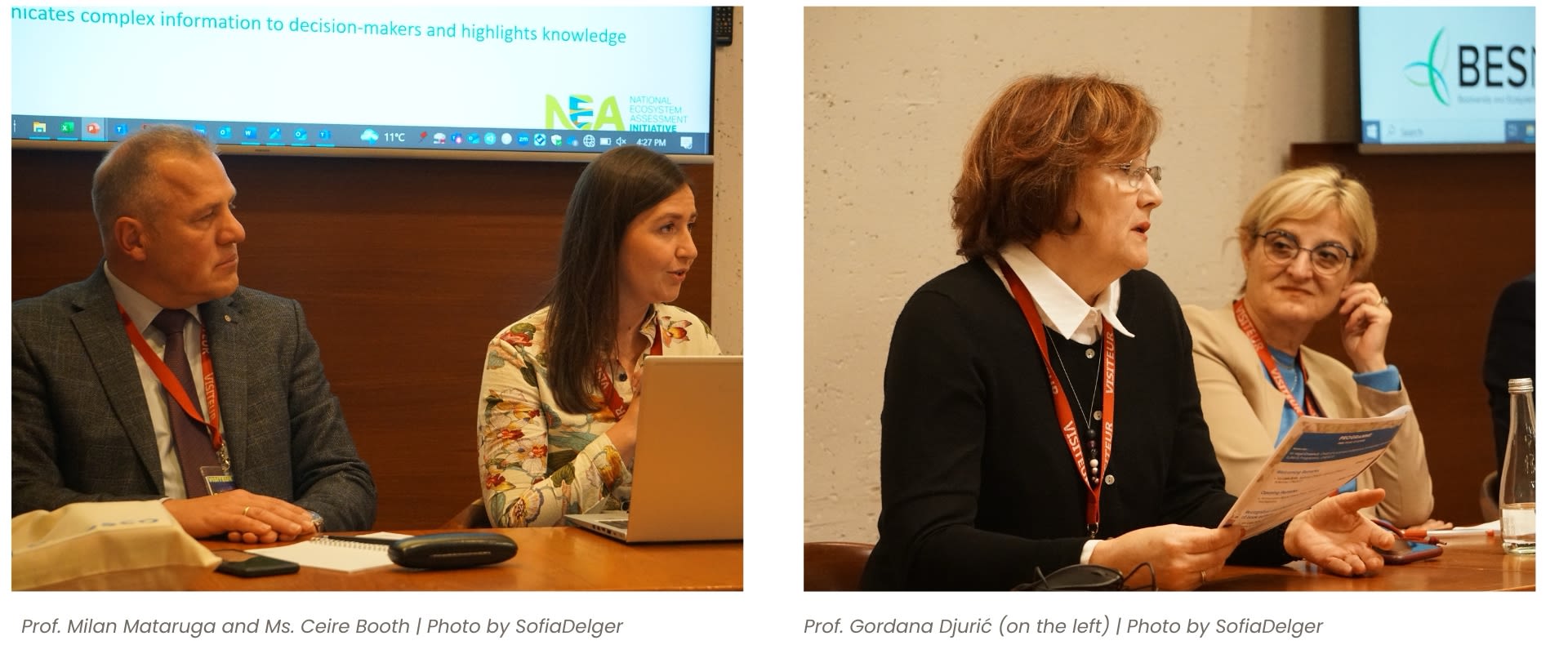
Professors Gordana Djurić and Milan Mataruga highlighted the book’s significant contributions to each chapter of BiH’s national ecosystem assessment. They also outlined the key findings of the assessment, discussed challenges encountered and shared lessons learned, emphasizing the unique value of this assessment, which garnered support from all public universities in BiH. Following this, Ms. Ceire Booth, Programme Officer at the UN Environment Programme World Conservation Monitoring Centre, shared the broader impact of the assessment in shaping environmental policies and emphasized the importance of the post-assessment phase.
A panel dialogue facilitated by Mr. Joseph Karanja, BES-Net Indigenous and Local Knowledge Project Officer at UNESCO, allowed authors to share their experiences and engage in a dynamic discussion with attendees, which included discussions on how to revive interest and promote intergenerational knowledge transfer in BiH, the correlation between climate change and traditional knowledge and practices in BiH and how the national ecosystem assessment and traditional knowledge publication could influence policy and actions within the country, such as revisions to and implementation of national biodiversity action plans.
The event concluded with closing remarks by Mr. Shaofeng Hu, Director of the Division of Science Policy and Basic Sciences at UNESCO, underscoring the significance of traditional knowledge for biodiversity conservation and policymaking. This event marked a milestone in recognizing the value of traditional and local knowledge of biodiversity in BiH and the need to preserve the country’s cultural and biological diversity.
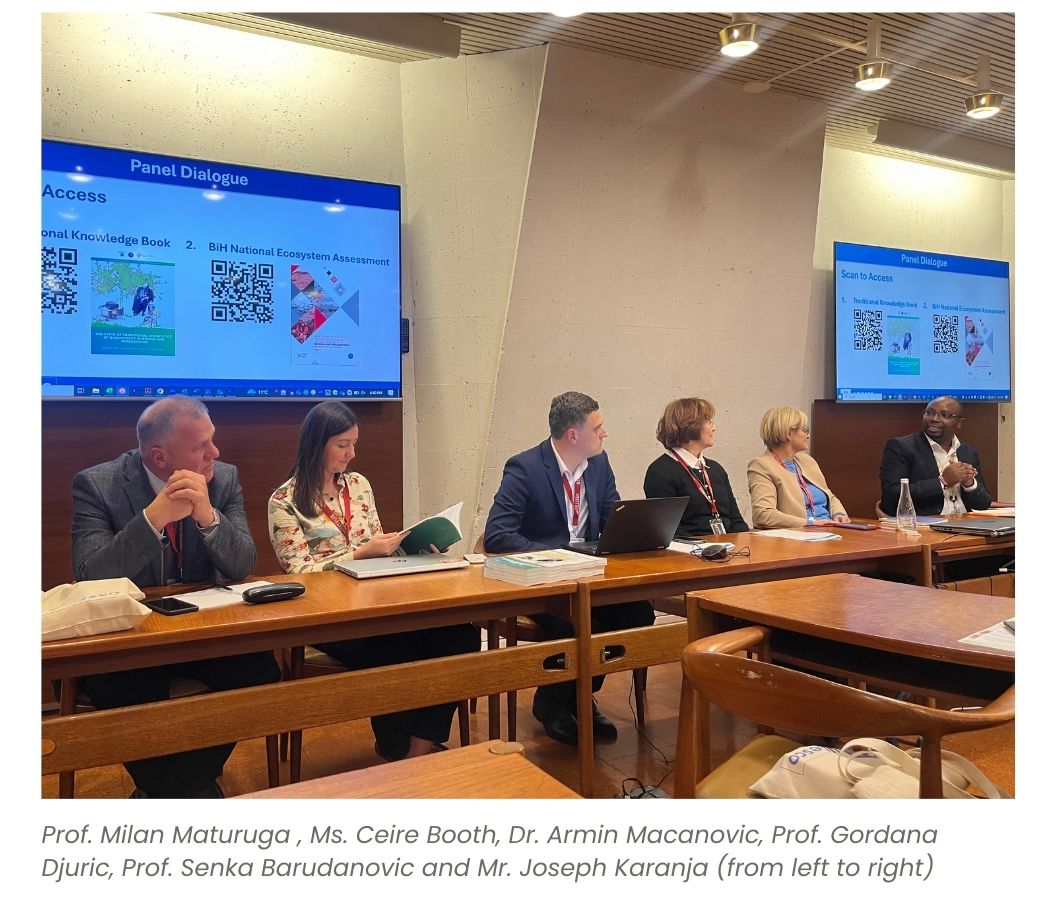
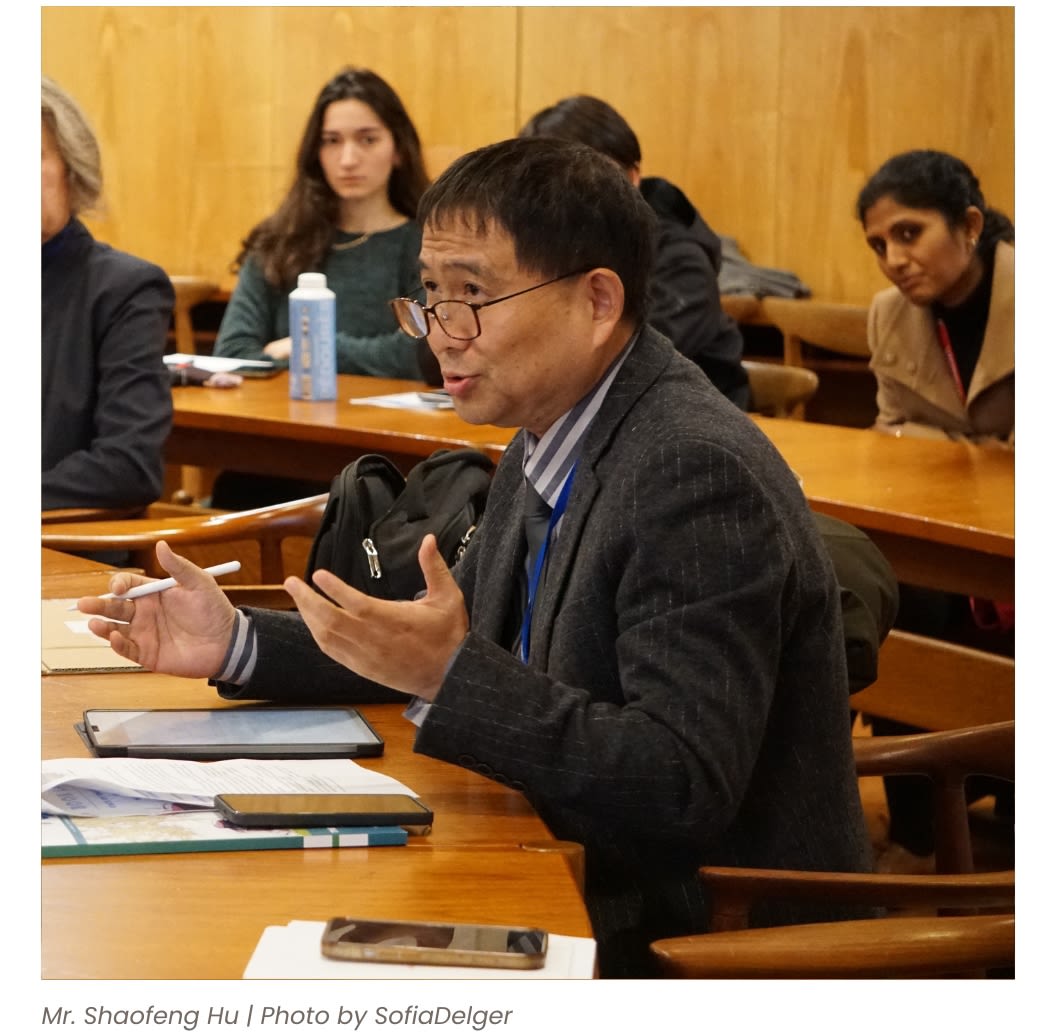
To further disseminate the findings from the State of Traditional Knowledge of Biodiversity in Bosnia and Herzegovina book, the BES-Net ILK Support Unit led by UNESCO LINKS created two posters that highlight the value of traditional knowledge of biodiversity and ecosystems in BiH and sustainable traditional practices and knowledge of biodiversity conservation in BiH.
To further disseminate the findings from the State of Traditional Knowledge of Biodiversity in Bosnia and Herzegovina book, the BES-Net ILK Support Unit led by UNESCO LINKS created two posters that highlight the value of traditional knowledge of biodiversity and ecosystems in BiH and sustainable traditional practices and knowledge of biodiversity conservation in BiH.



